Power up your gut: 8 proven steps on how to improve your digestion
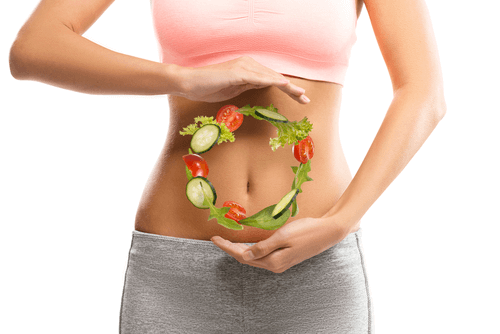
Home » Nutrition » Power up your gut: 8 proven steps on how to improve your digestion
Last Updated December 20th, 2021
Of mice and men
Did you know your gut or your gastrointestinal tract (digestive tract), shelters a vast colony of bacteria?
Not the kind of bacteria that gives you infections or stomach cramps.
But the good kind of bacteria that aids in digestion. Human beings have one the largest microcosm of bacteria in their digestive tracts.
Recent studies have indicated that the number of gut microbes is 10 times more than the total number of human cells.
These serve a plethora of functionalities including fermentation of dietary fiber, breaking down long chain fatty acids, metabolizing bile and stomach acids, synthesizing essential nutrients, and reversing bodily inflammation.
But the most prominent function of the gut bacteria was revealed when a team of scientists interchanged the gut flora of two distinct categories of mice.
One group was fearless and healthy, the other was anxious and timid.
The result of this simple experiment changed the world’s perspective on the importance of the gut.
Only with the simple interchange of gut bacteria, scientists were able to observe a dramatic effect.
The exchange caused the anxious ones to become bold and vice versa.
This raised a big question – is gut culture related to our brain and behavior? And does this relation stand true for human beings too?
Do you get butterflies in your stomach?
There are a lot of phrases in the English language – ‘gut-wrenching’, ‘gut feeling’, ‘butterflies in your stomach’, which tend to relate human emotions to the abdominal region.
And as per research, these might not be that misleading after all.
Scientists have discovered a strong link between our gut health and our brain. The Vagus nerve, which the longest cranial nerve in our body, connects our brain to the gastrointestinal tract. In fact, when scientists cut this nerve in the mice, they saw no effects of digestion on the mice brain whatsoever.
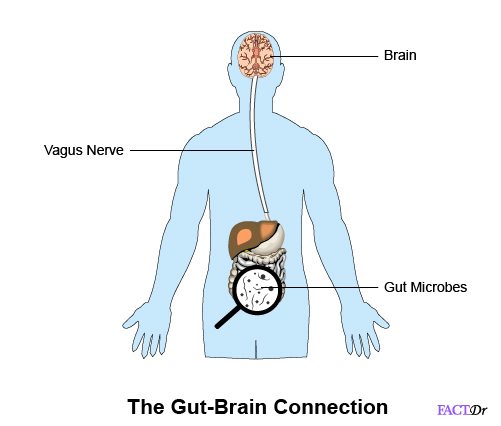
These studies revealed to the world one of the most important functions of gut bacteria – the control of stress hormones.
The digestive tract and the brain are so closely knit that the gut is often referred to as the “second brain”.
And just like the brain, our gut can “feel” too.
Conversely, whatever emotions cross the path of your brain, your gut senses it too.
This means that if you are stressed or in a fit of rage, your gut also faces the negative repercussions of the same.
The gut heals the brain
Throughout our lives, we have been taught that the brain is the ultimate control center of everything that happens in our body.
Little did we know that our digestive tract was somehow involved in maintaining proper brain functions.
The gut and the brain basically work in tandem, one helping the other.
A troubled gastric function relays the warning signal to the brain via the Vagus nerve and any stressor faced by the brain glides down to the abdomen in a similar way.
This could only mean one thing.
Keeping your digestion healthy and regulated will have a direct positive impact on your brain.
Let’s add this point to the long list of reasons why you should aim for a better digestion.
Why should you care about your digestive system?
Digestion is how your body breaks up the food that you consume into nutrients.These nutrients supply us with energy, help in growth, and facilitate cell repair.
Now, how do these nutrients reach every cell of your body? When our food is digested into simpler compounds, the nutrients are absorbed into your bloodstream.
These, then travel to different parts of the body, including your brain. This is the biggest reason you should aim at improving your digestion – nourishment. The other related reasons are-
- Digestion provides us with the nutrients required to sustain and continue life.
- The nutrients absorbed during digestion help in repairing cellular damage. If you’ve had a surgery or fractured a bone, you need these nutrients to help you bounce back to perfect health.
- The linings of the intestine contain tiny structures called as Villi which absorb nutrients and transfer them to the bloodstream.
- The end process of digestion, i.e, excretion, helps in flushing out the waste products and toxins out of your body.
- Be it building stronger muscles, preparing for a crucial exam, or keeping yourself stress-free, your digestive system is the one that comes to your rescue.
Proven steps to improved digestion
Watch what you eat!
The biggest enemy of your gut health is processed food and sugar.
In an experiment, where an individual was fed sugar-rich processed for ten straight days, shocking things were observed in his gut.
The individual had lost a massive amount of gut bacteria (there are roughly 100 trillion organisms comprising your gut flora) and suffered physiological and psychological damage throughout the process.
Hence, the moral of the story is, sugar is your digestive tract’s mortal enemy.
- Eat fats, but the healthy kind. As you know, your cholesterol has two components – HDL (good cholesterol) and LDL (Bad cholesterol). Fats that enhance your HDL count are good fats. These are very important from the digestion point of view because they enhance metabolism and decrease pressure on liver and gallbladder. These are found in omega-3 fatty acid rich fishes, avocado, coconut, flaxseed, olive oil, seafood, and nuts.

- When you talk about improving digestion, how can fiber-rich foods be far behind? Whole grains, vegetables, oats, and legumes, are the best source of fiber.
- These add bulk to your stool. They also facilitate proper absorption of water in the body and smooth passing of bowels.
- Such a fiber-rich diet keeps your gut flora happy, decreases gastrointestinal inflammation, and regulates your bowel movements. Eat a fiber-rich meal every day and you will never have to use a laxative ever again.
- The latest trend of eating “probiotic” foods such as probiotic yogurts or “kefir” is actually great for your gut health and digestion. The main members of this probiotic family are Lactobacillus and Bifidobacterium. These collectively protect you against diarrhea, lactose intolerance, Irritable Bowel Syndrome (IBS), Inflammatory Bowel Disease (IBD). Moreover, these friendly-neighborhood bacteria colonies are our natural defense against eczema, vaginal infections, urinary tract infections, and even the common cold.
Watch what you do!

Digestion doesn’t begin in our stomach, but it starts in our mouths.
The moment we take a bite of food, our oral cavity triggers the process of digestion. The teeth are busy in mechanically breaking down the food. The salivary glands make the food wet too so that it can easily travel along the food pipe.
Also, our saliva contains certain digestive enzymes which facilitate faster digestion.
If you don’t chew your food properly, it makes it harder for the stomach and the intestines to break it down.
- Exercising, yoga, and basically any physical activity that keep you moving around are a boon for your digestion. These help in better absorption of nutrients. Moreover, breathing exercises have a positive influence on your bowel regularity. Moving around burns your food and uses it as a fuel. Undigested or poorly digested food ferments within your gut which leads to bloating, gastric troubles, acidity, and constipation.

- Set-up a fixed eating schedule and follow it diligently. When you move out of a proper eating routine, it may cause bloating and indigestion.
- The eating-clock should be coherent with your body’s internal clock. Have breakfast within an hour of waking up. Don’t skip lunch, even if you had a heavy breakfast.
- Have dinner at least 3 hours before hitting the sack. Don’t keep extended time-gaps between each consecutive meal.
- Just like you need to bathe every day, your internal organs, too, need to flush out toxins Detoxing is a great way to do that. Over time, our body tends to accumulate toxins and poisonous elements which alter normal bodily functions, mainly digestion. Detox techniques, clear out the gut, restore the gut microbiome (gut bacteria universe), and restore smooth functioning of all the vital digestive organs.
And don’t forget these…
- Drink plenty of water to avoid gas, acidity, and constipation.
- Maintain a healthy weight for a healthy digestion.
- Avoid smoking and alcohol. These release toxins in your digestive tract.
- Keep a check on your stress levels. Remember, stress affects your gut and brain both.
- Chewing a piece of fresh ginger helps in curing common digestive ailments.
- Never eat food when you are angry or are in a bad mood.
- Turn off the TV or laptop while eating.
A happy stomach and a clear gut is the secret to a long and healthy life.
Yoga and other ancient schools of healing consider the digestive fire as the core element of our body. Poor digestion can wreck your health and mental well-being in ways you can’t imagine.
So from today, start taking care of your digestive system.
And in turn, it will take care of you.
TL;DR?
- https://www.medicinenet.com/the_digestion_process_organs_and_functions/article.htm
- https://www.webmd.com/heartburn-gerd/your-digestive-system#1
- https://www.ncbi.nlm.nih.gov/pmc/articles/PMC4228144/
- https://www.sciencedirect.com/science/article/pii/S0022395615000655
- https://www.webmd.com/digestive-disorders/what-are-probiotics#1
- https://www.healthline.com/human-body-maps/vagus-nerve
- https://www.sciencedirect.com/science/article/pii/S156607021530014X

Display this infographic on your website
Want to live a healthy lifestyle?
Subscribe to free FactDr newsletters.
REVAMP YOUR
LIFE
HEALTH
WELLNESS
If you're enjoying our website, we promise you'll absolutely love our new posts. Be the first one to get a copy!
Get factually correct, actionable tips delivered straight to your inbox once a week.
We hate spam too. We will never share your email address with anyone. If you change your mind later, you can unsubscribe with just one click

By clicking Subscribe, I agree to the FactDr Terms & Conditions & Privacy Policy and understand that I may opt out of FactDr subscriptions at any time.
Help Others Be Fit
Related Posts
 Vital Organs & their diseases: A Complete Guide to Best Treatment and Remedies How to ensure your heart is forever healthy & pumping? How to…
Vital Organs & their diseases: A Complete Guide to Best Treatment and Remedies How to ensure your heart is forever healthy & pumping? How to…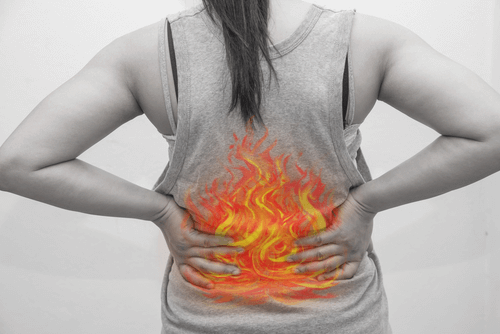 Don’t choose pain: 10 truths about your back ache (and how to get relief) Back pain is one of the most common ailments in the world.…
Don’t choose pain: 10 truths about your back ache (and how to get relief) Back pain is one of the most common ailments in the world.… Medical conditions yoga can help with Yoga practitioners have outlined several health benefits of yoga and a daily…
Medical conditions yoga can help with Yoga practitioners have outlined several health benefits of yoga and a daily… 10 healthy habits: Have a hearty kick-start to the New Year! Do you set goals that are too difficult for you to maintain?…
10 healthy habits: Have a hearty kick-start to the New Year! Do you set goals that are too difficult for you to maintain?… Stop hitting the snooze button: 8 proven steps to perfect sleep Are you tired of not getting enough sleep? All your efforts for…
Stop hitting the snooze button: 8 proven steps to perfect sleep Are you tired of not getting enough sleep? All your efforts for…
Top Stories
- Ferritin Test
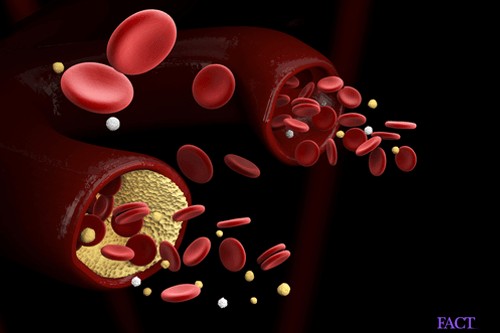
- Blue Balls
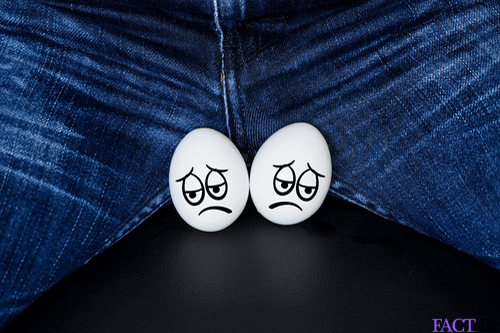
- Tonsil Stones
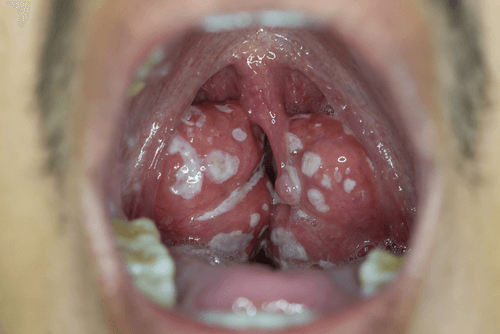
- Sebaceous Cyst

- Muteness

- Lipid Profile
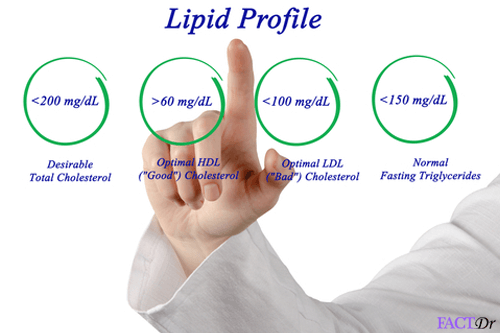
- Leukoplakia
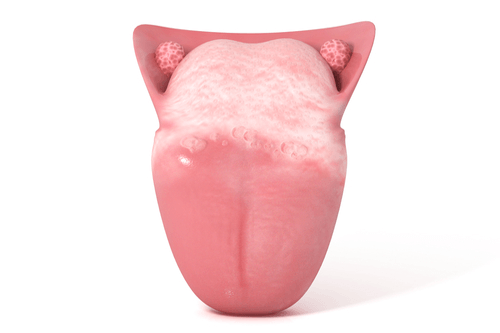
- Rubella IgG Test
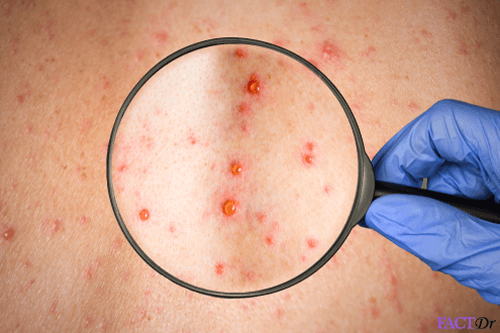
- Bifilac

- Lectin: The common link of proteins between peas and people
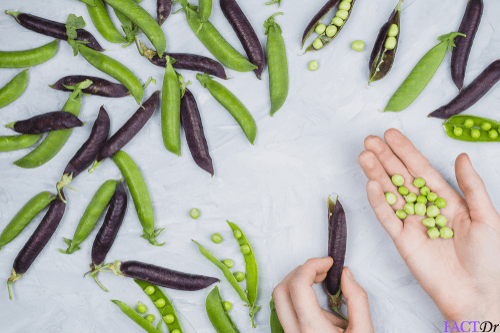
- Skin Rashes

- Pulmonary Function Tests
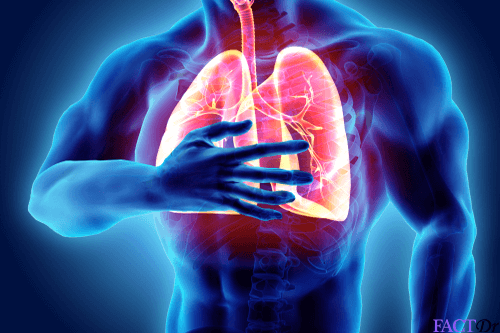
- Enterogermina
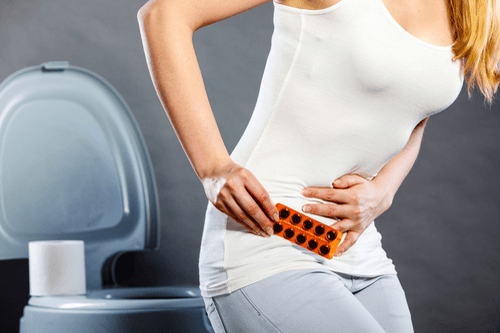
- Dyshidrotic eczema

- Cervical Cysts
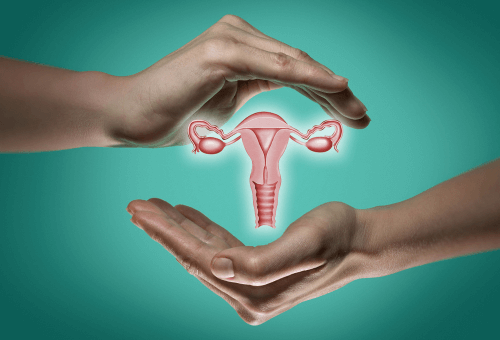
- Dexorange

- Rheumatoid Factor (RF)
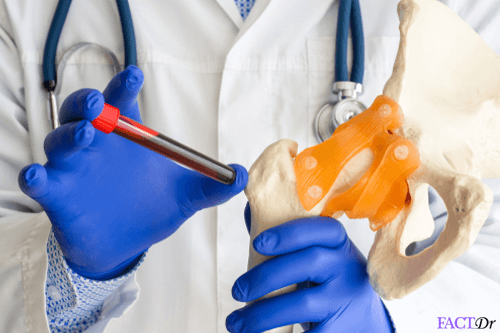
- The real reason why you shouldn’t be eating ramen noodles

- Random Blood Sugar Test
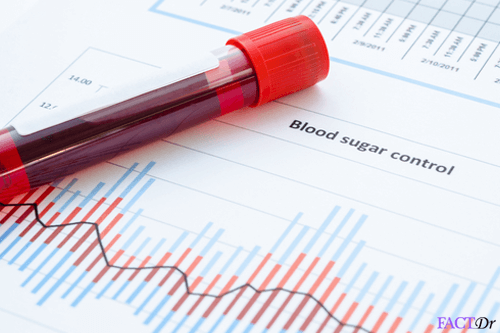
- Anti-Thyroglobulin Antibody test
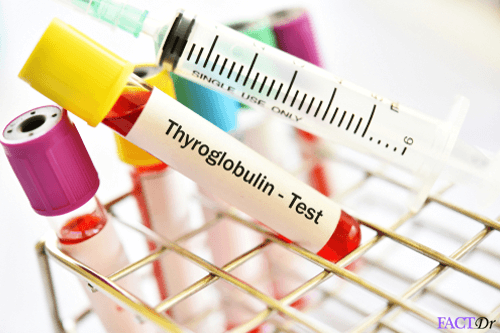
- Lupus Rash

- TBHQ: A carcinogen lingering in your child’s favorite snacks

- Passion fruit: How one exotic fruit can help you fight infections and cancer!
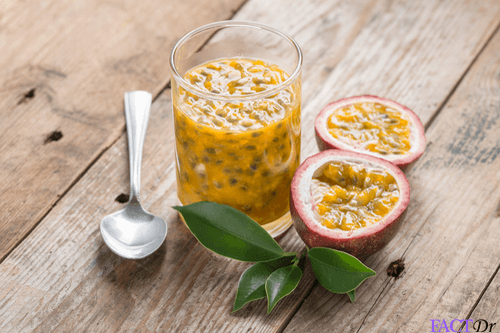
- Tongue infections
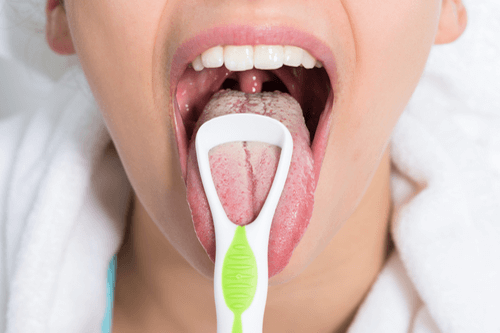
- Thyromegaly

- Cervical Polyps

- Augmentin 625

- Beriberi

- High platelet count

- Pott’s disease

- Hepatitis B Envelope Antigen (HBeAg)

- Primolut N
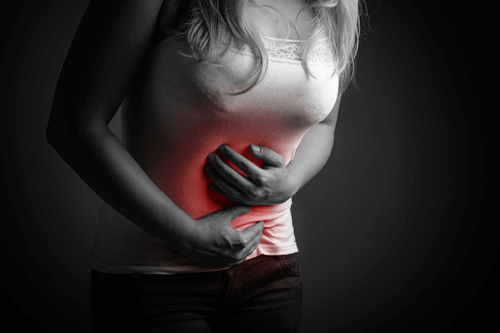
- Orofer XT

- Wasp Sting

- Post-Prandial Blood Sugar
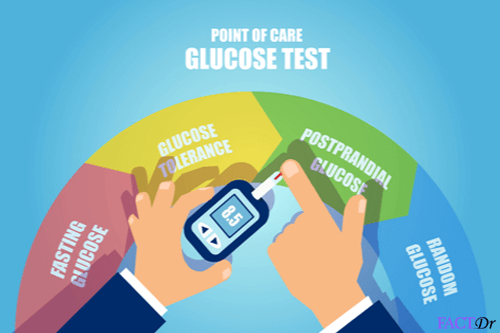
- Nurokind LC

- T Bact Ointment

- Chiggers

- Non-Hodgkin’s Lymphoma

- Amoebiasis

- Hangnails

- Herpes Simplex Virus I (HSV)-IgG Test
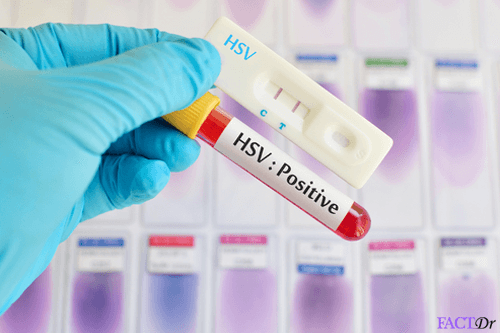
- Blue Waffle Disease
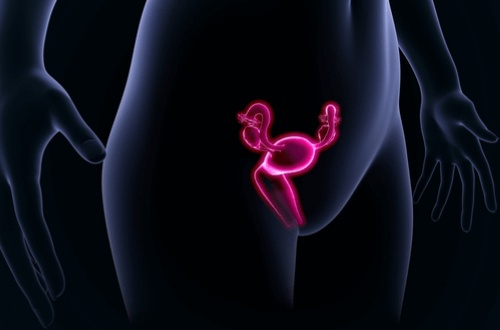
- Betadine
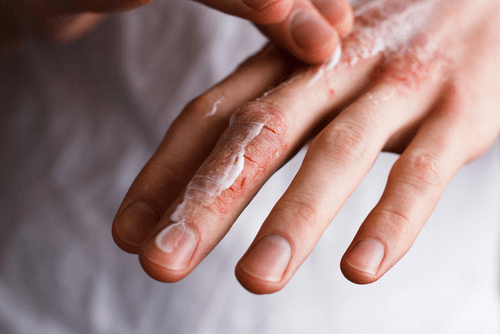
- Balanitis

- Evion LC

- AST- Aspartate Aminotransferase Test
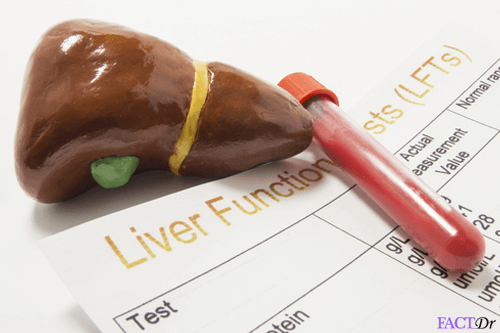
- Vitamin K2: 8 reasons why you need this bone-building & cancer-fighting nutrient
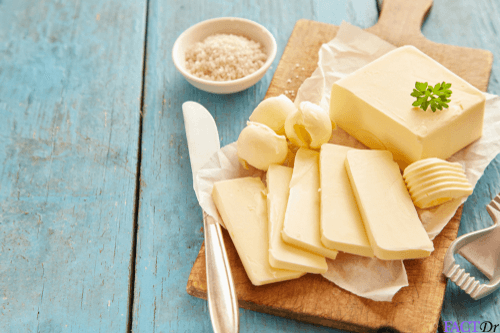
- Gum Disease
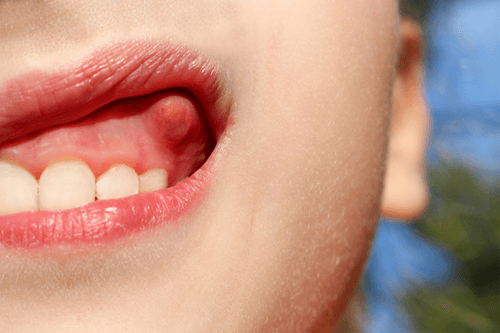
- Inverted nipples

- Avil

- Flunarizine

- Metabolic Disorders
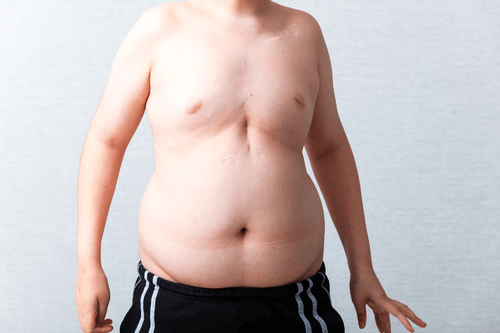
- HLA-B27 test
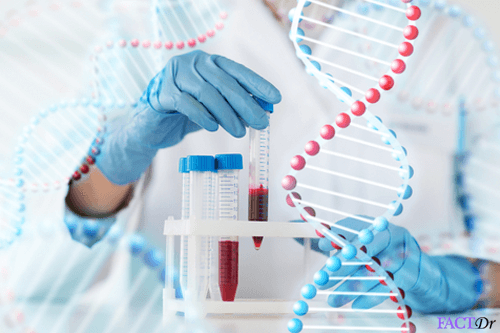
- Abscess
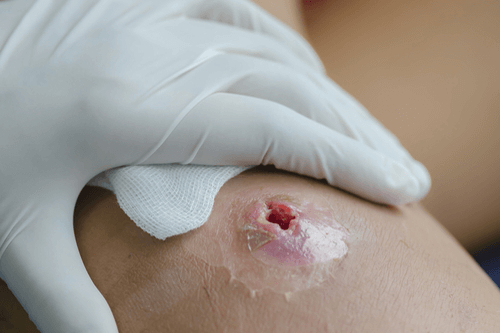
- Cherry Angioma

- Fatty Liver Disease
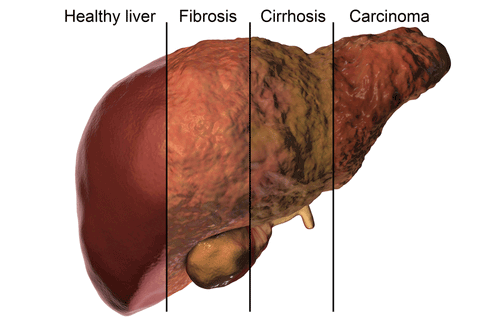
- Treponema Pallidum Antibody(TPAB) test

- Pus
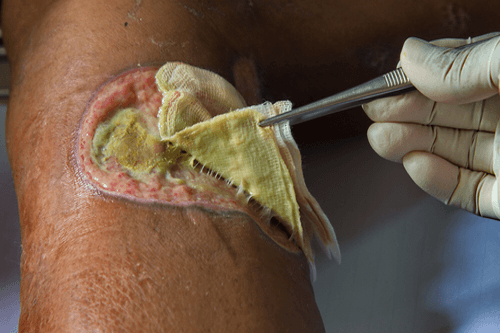
- Diverticulitis diet: The right way to eat if you suffer from the disease

- Thyroglobulin (TG) Test
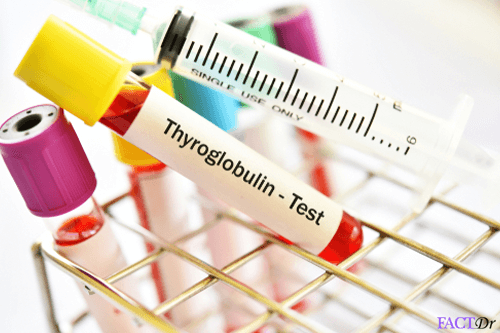
- Yellow poop
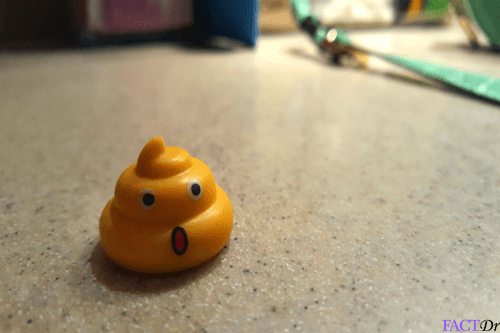
- Cardiolipin Antibody (ACL) –IgM Test
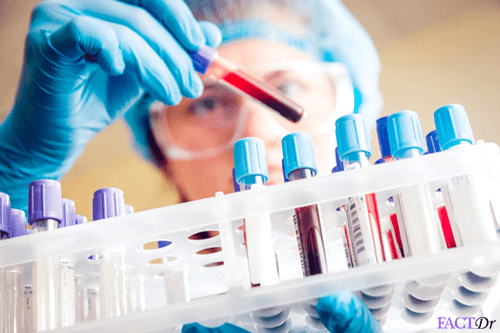
- Maltitol: Things you must know about this artificial sweetener
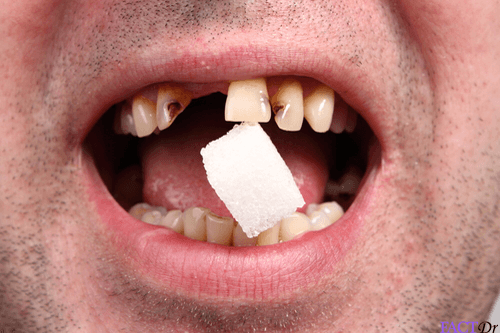
- Kidney Cysts
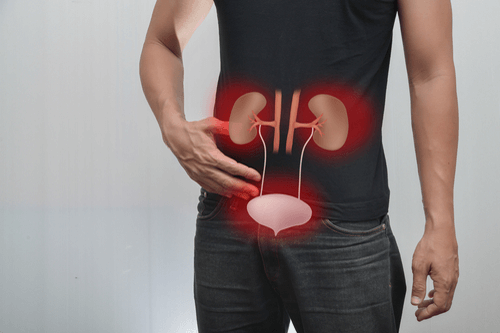
- Autoimmune Diseases: Find out if your body is attacking you right now

- FBS Test – Fasting Blood Sugar
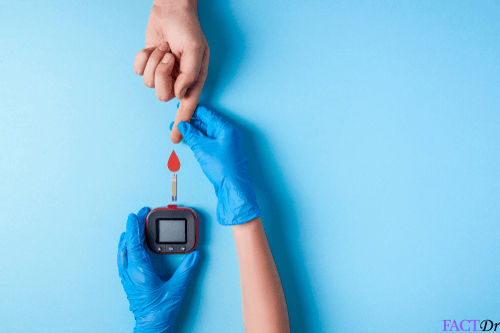
- Becosules
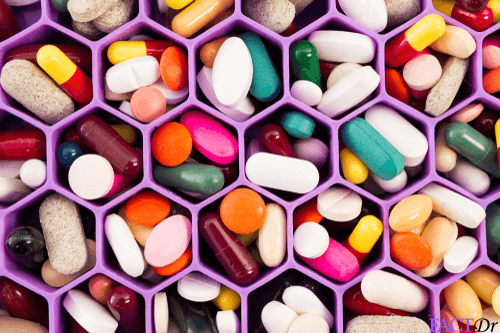
- Prickly Heat Rash
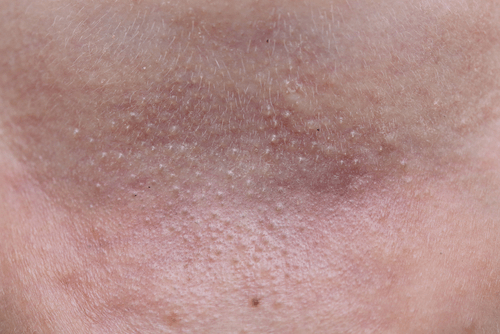
- IgE test – Immunoglobulin E
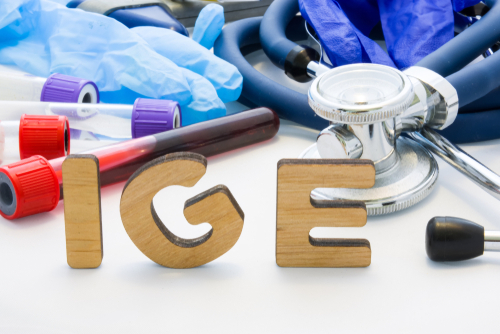
- Chondromalacia
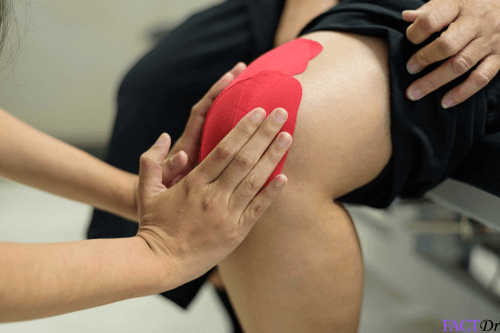
- Serum Electrolyte
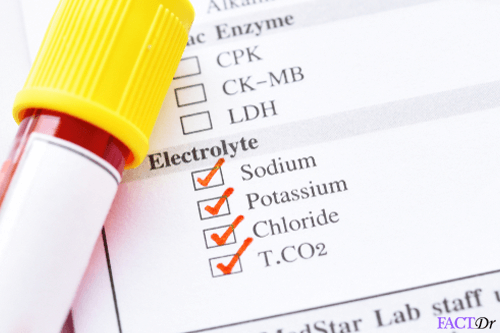
- DHEA Sulfate (DHEAS) Test
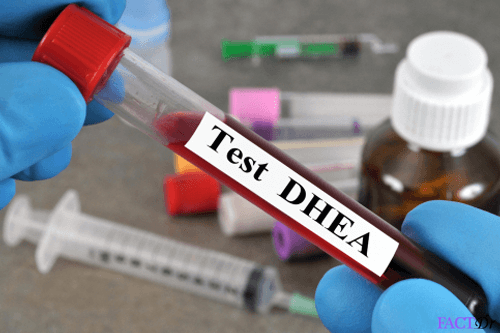
- Hydrocele

- Enlarged Liver
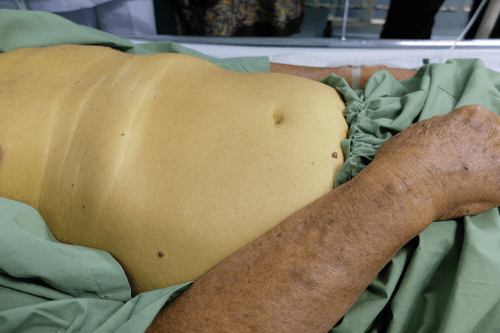
- Abdominal CT scan
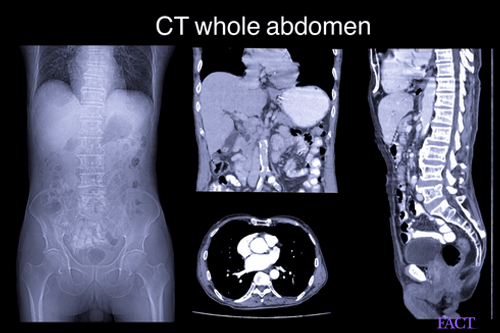
- The importance of roughage in diet

- Brown Recluse Spider Bites
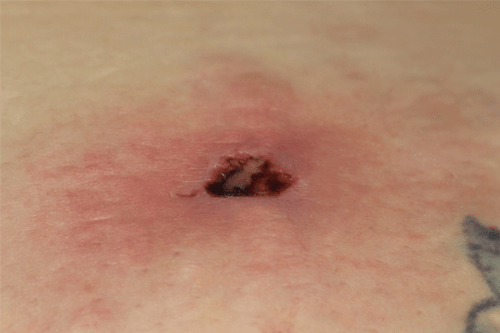
- Myospaz
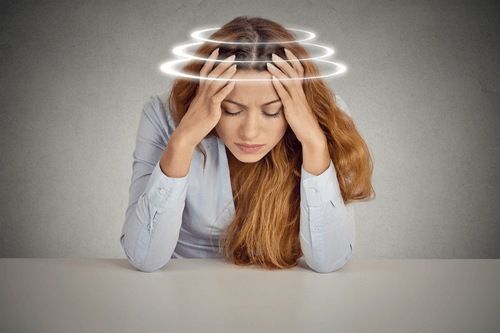
- Duphalac
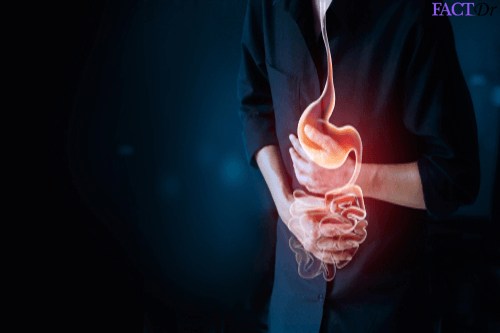
- Taxim O

- Chymoral Forte
- Ketorol DT

- Clavam 625

- Fibroadenoma

- Hypermetropia
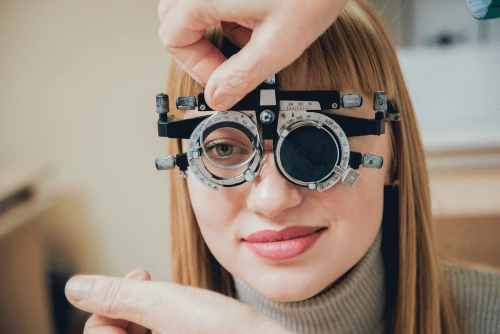
- Smegma

- Swollen Lymph Nodes

- Viral Infections
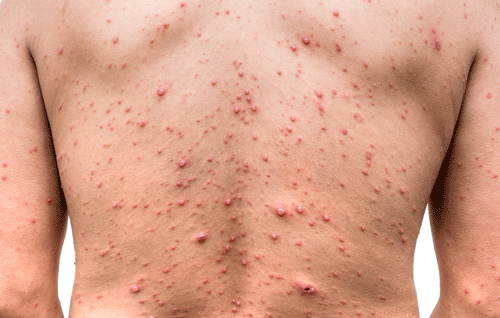
- Skin Tags

- Serum Zinc Test
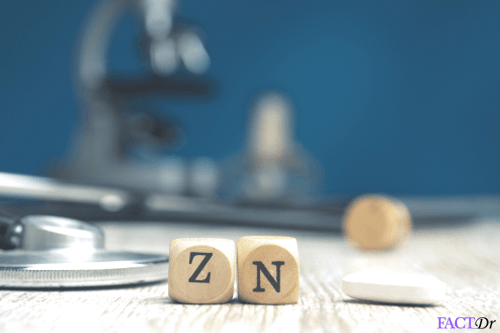
- Hydrocephalus

- Chromium Toxicity

- Albinism

- Cytomegalovirus (CMV)- IgG Test
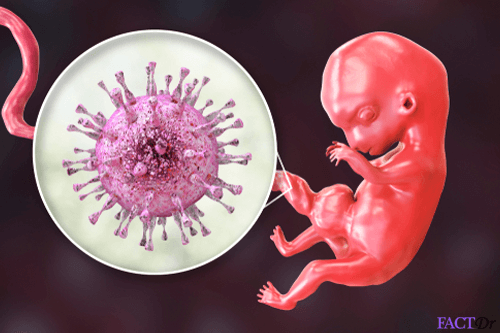
- Shelcal 500

- Birthmarks
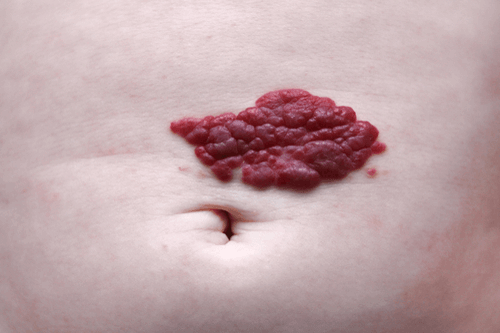
- Silicon Dioxide: How can a component of sand be essential to your wellbeing?

- Genital Herpes

- Prolapsed Uterus

- Scabies
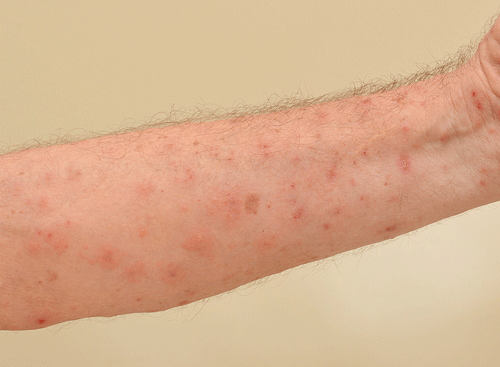
- Erythropoietin (EPO) Test
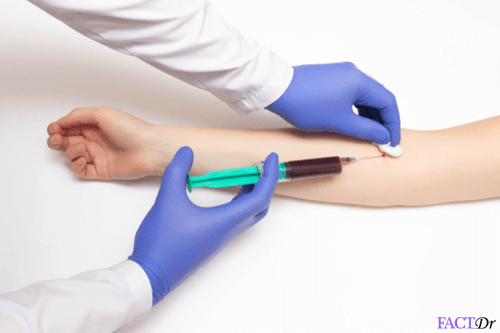
- Free Triiodothyronine (FT3) Test
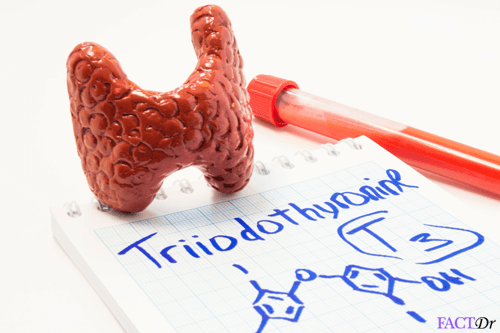
- Chromium Picolinate: An essential mineral supplement for faster weight loss

- Free thyroxine test (FT4)
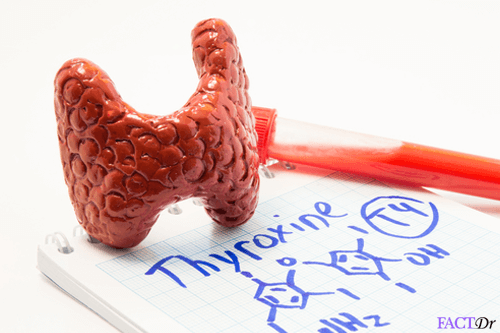
- Pellagra
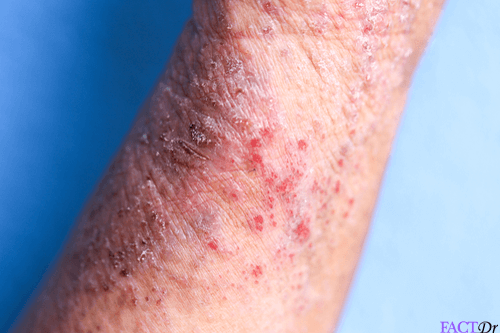
- Helicobacter Pylori – IgG Test
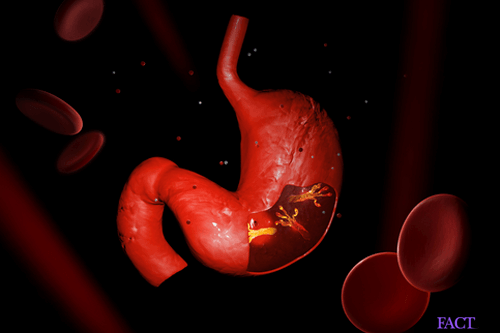
- Rectal Prolapse

- Cheilitis
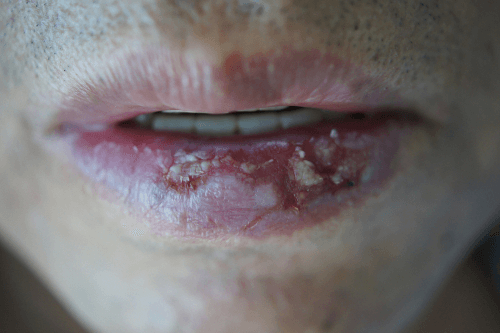
- Intestinal Adhesions

- Excretory System Diseases
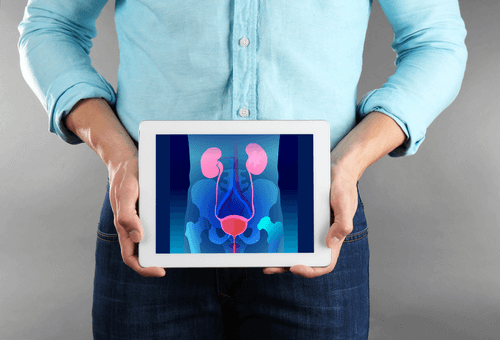
- Pan D

- EKG – Electrocardiogram
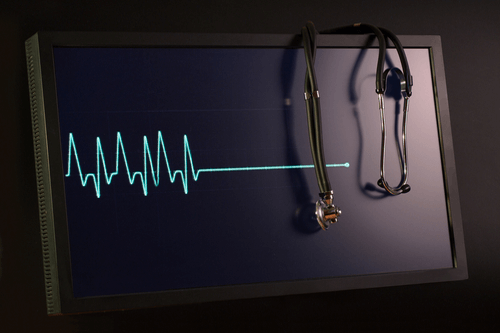
- Top 6 remedies to treat a razor burn at home

- Temper Tantrum

- Genital Warts (HPV)

- Jock Itch
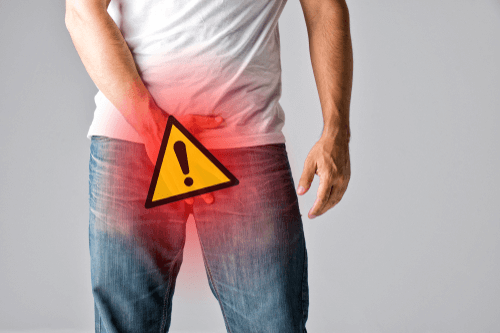
- Zerodol

- Abnormal Vaginal Bleeding
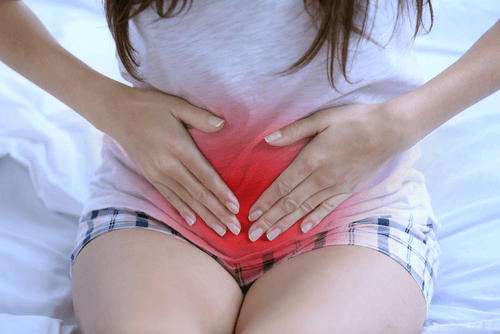
- Cavernous Sinus Thrombosis

- Ingrown Toenail
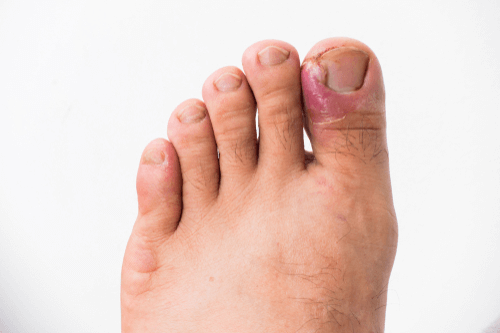
- Phlebitis

- Athlete’s Foot
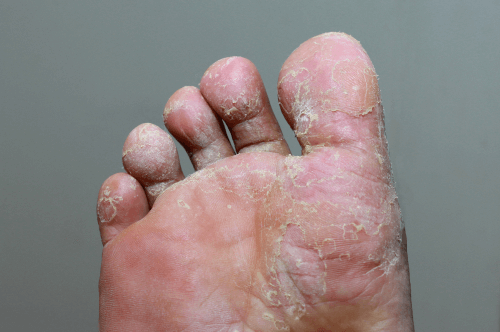
- Sickle cell disease
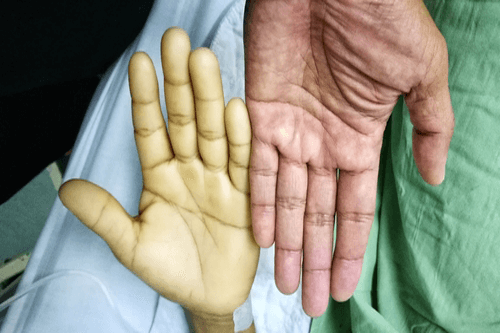
- Burning mouth syndrome
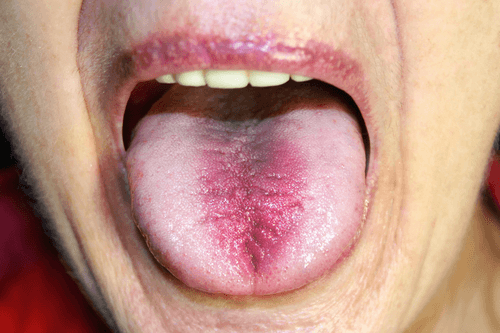
- Eustachian Tube : Functions and top home remedies to prevent its infection
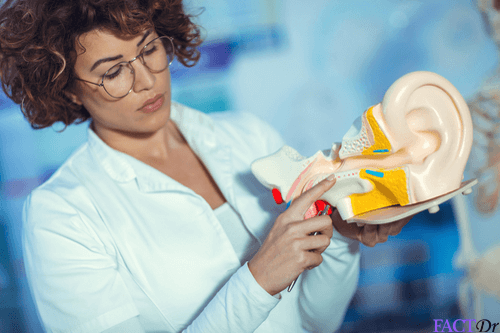
- Smallpox

- Cellulitis
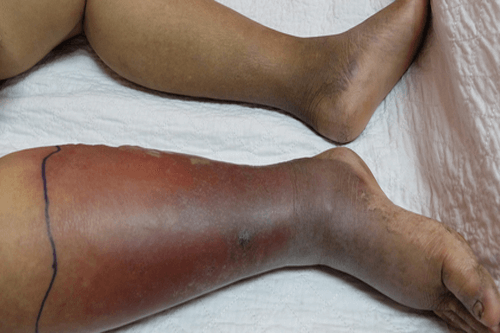
- Alexandria’s Genesis

- Gonorrhoea

- CLA: A breakthrough weight loss supplement with minimal side effects
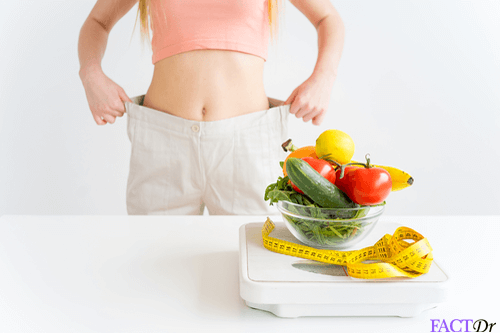
- Stye
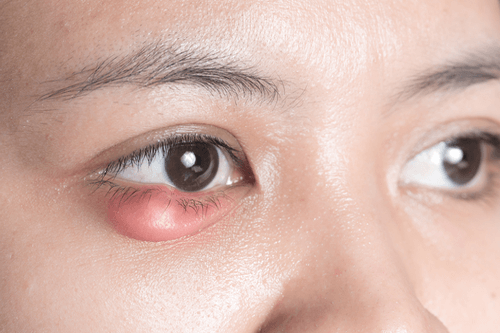
- Disodium Hydrogen Citrate

- Zifi 200

- Benign Tumours
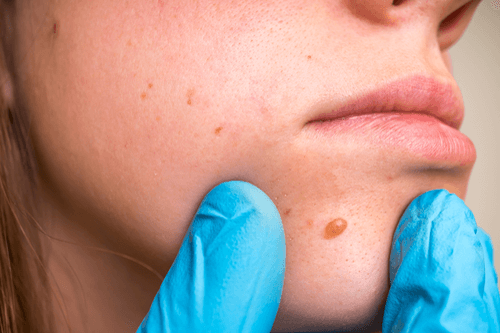
- Dry skin
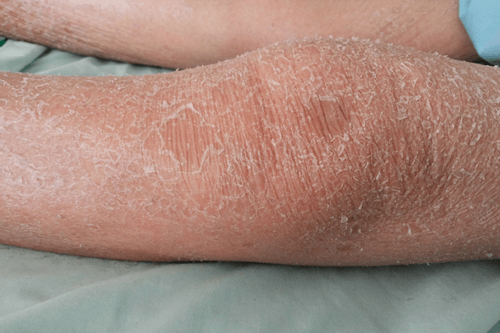
- How do neutrophils protect you from fatal bacterial attacks?

- Bilirubin Test
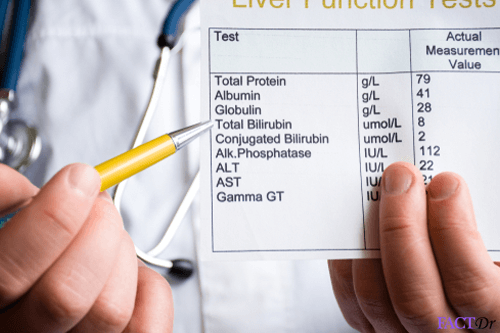
- Brain Cysts

- Deep Vein Thrombosis

- The Big 5 lifestyle diseases: How your everyday living might be killing you

- Razo D
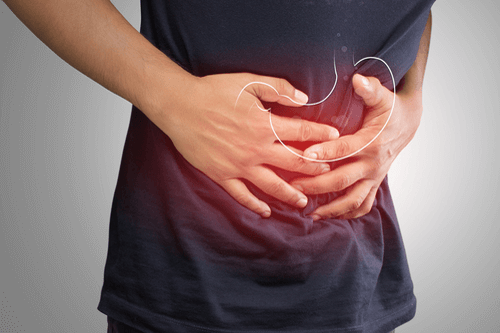
- Myocardial infarction

- The science behind daith piercing: Can it really cure migraine?

- Hiatal Hernia

- Betnovate

- Arachnoid Cysts
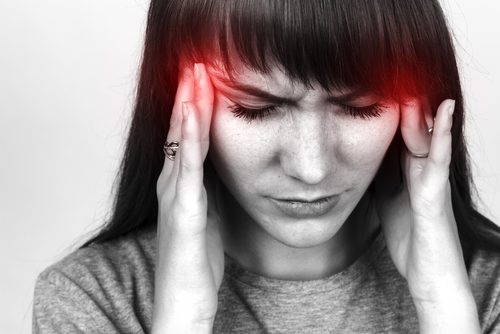
- Maladaptive Daydreaming

- Cerebral Cavernoma

- Urinary Microalbumin Test
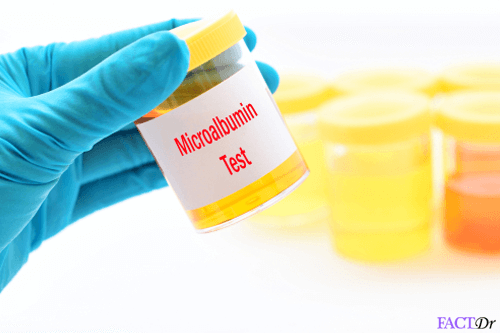
- Zerodol SP

- Moon Facies ( Cushing Syndrome)

- Duphaston
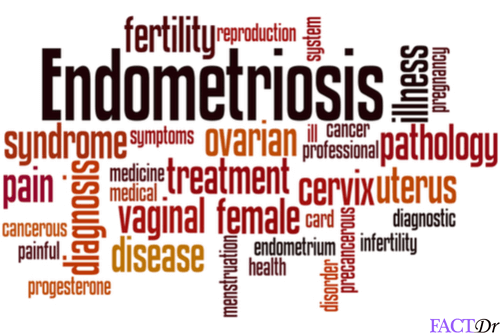
- Nexito Plus

- Anencephaly

- Beta 2 Glycoprotein 1 IgG
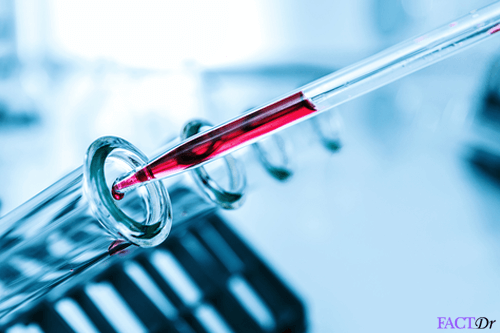
- Neural tube defects

- Folate test

- Tonsillitis

- Hives
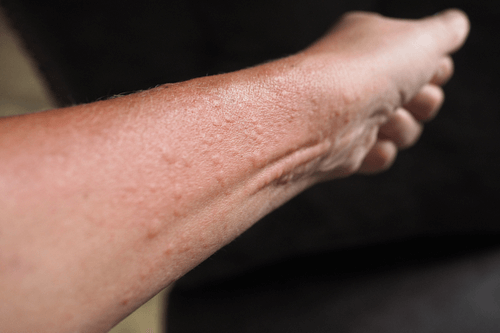
- Lisp

- Heat Rash
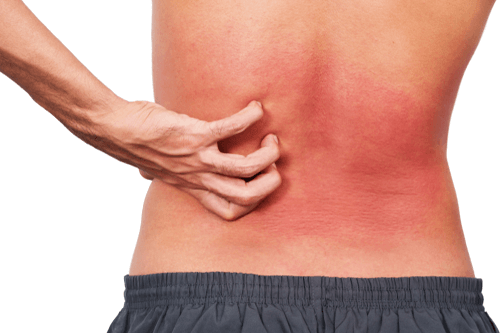
- Stuffy Nose

- Gilbert’s Syndrome
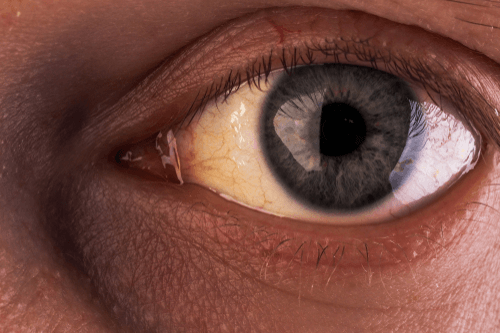
- Antinuclear Antibody Test – (ANA)
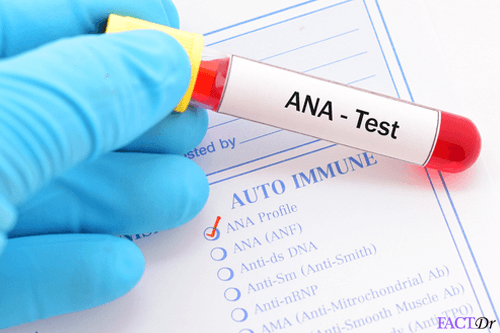
- Norflox TZ

- Maltodextrin: What are the hidden health benefits of this food additive?
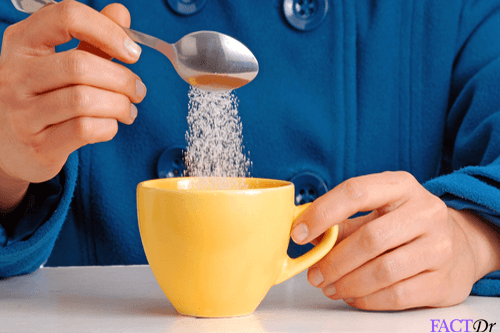
- Blood blister

- BRAT Diet: What is the right way to follow this diarrhea-relieving diet?

- Fungal infections

- Pinworms
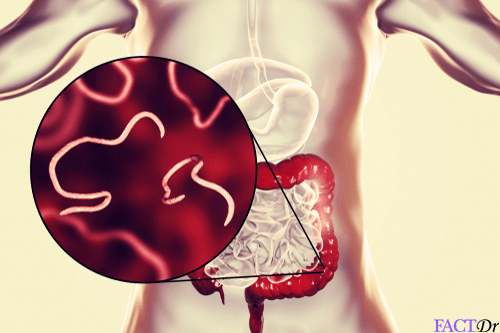
- Scalp Psoriasis

- Mumps
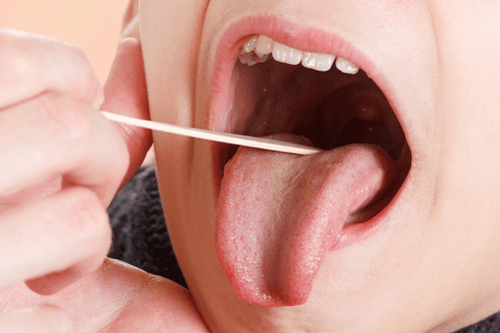
- Foot Corns

- Helicobacter Pylori – IgA Test
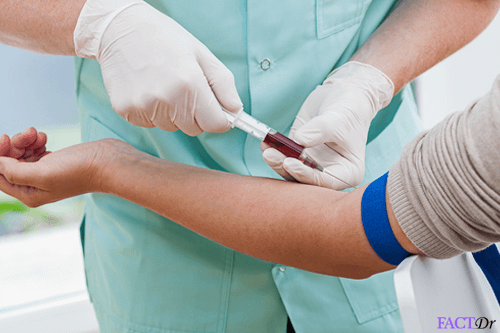
- Typhus
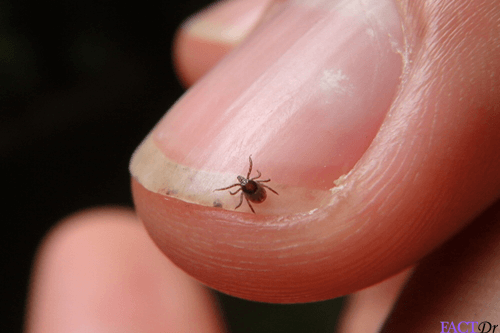
- Racecadotril

- Enteritis

- Eating Disorders: Lifestyle choice or a psychological condition?
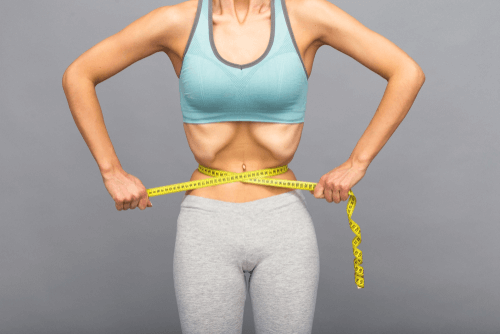
- Endocrine System Disorders

- Internal Bleeding
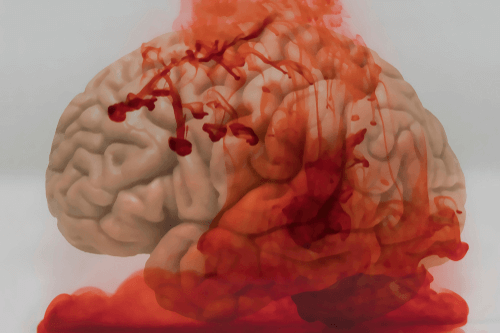
- Sputum test
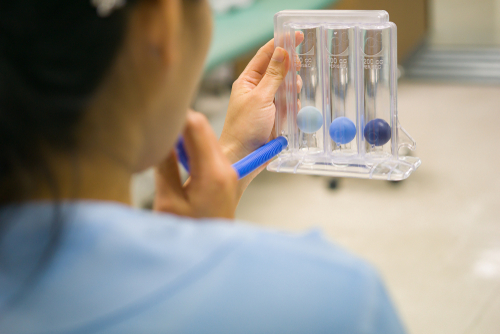
- Drotin DS
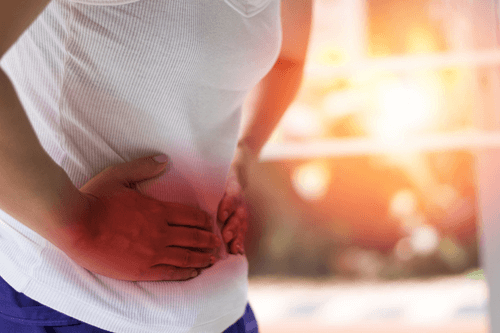
- Trichomoniasis

- Ringworm
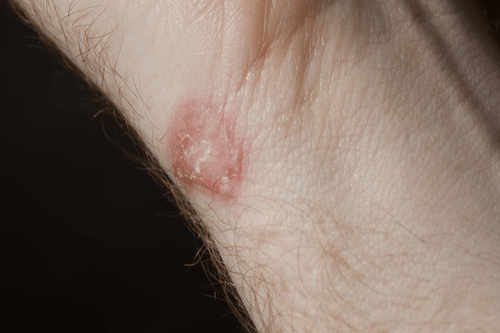
- Troubled with IBS? Here’s a complete roadmap to the low FODMAP diet
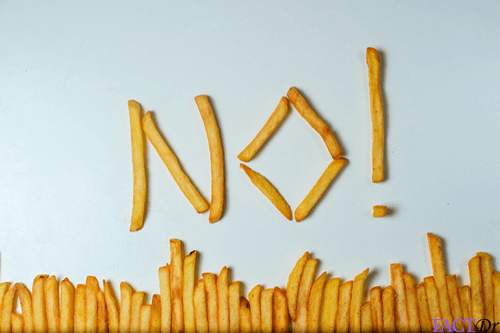
- Ascites

- Etizolam

- Stye : The best natural home remedies to ease the pain

- Bronchitis
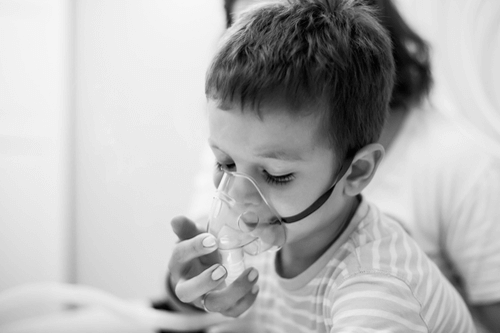
- Klinefelter’s Syndrome

- Salivary Gland Infection

- Amylase Test
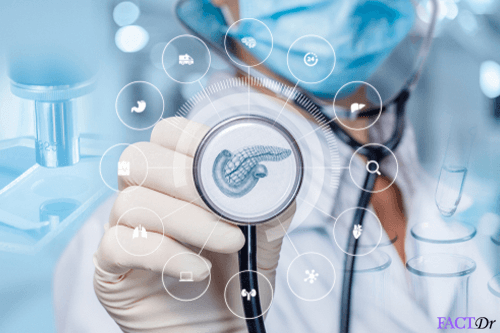
- Adenoiditis

- Emphysema
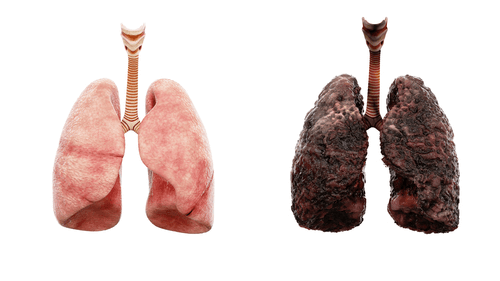
- Ulcers

- Rickets
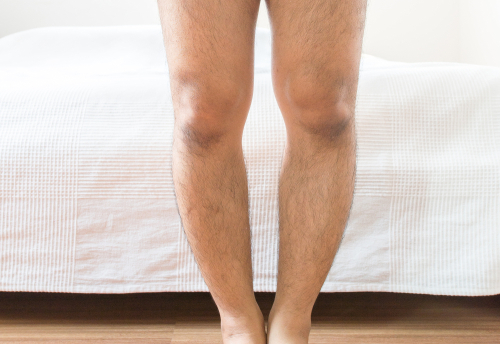
- Swollen Feet
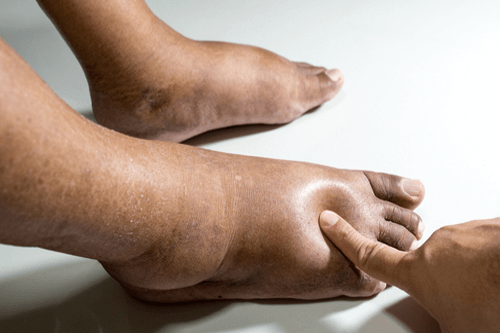
- Blood thinners
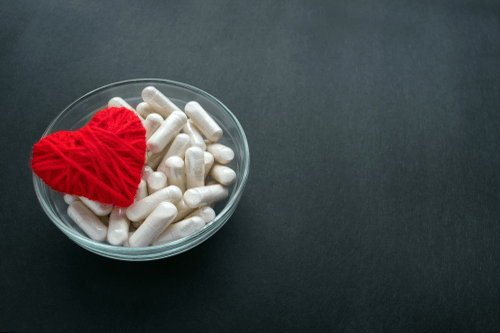
- Leukocytosis

- Giardiasis
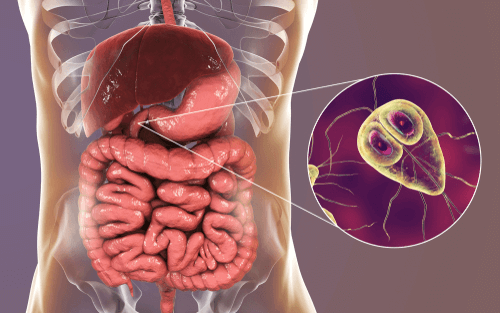
- Anti Ds-DNA antibody Test
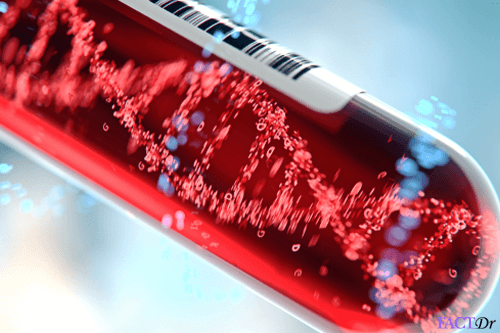
- Levosulpiride

- Cystoscopy
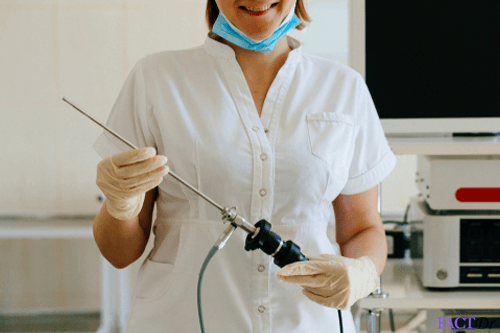
- Green Healing: The amazing health benefits of being in nature

- Acanthosis nigricans
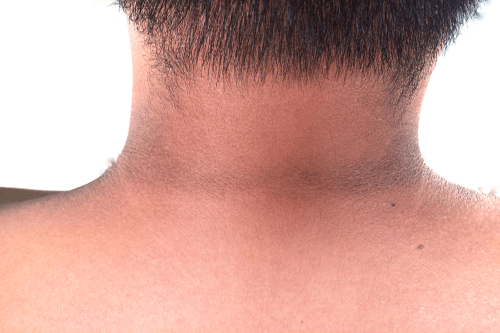
- Dengue NS1 test

- Hypersplenism

- Rubella

- Poison oak

- West Nile Disease

- Albumin Test

- Piaget stages: Do they accurately describe the way the human brain develops?

- Lipoprotein (A) Test
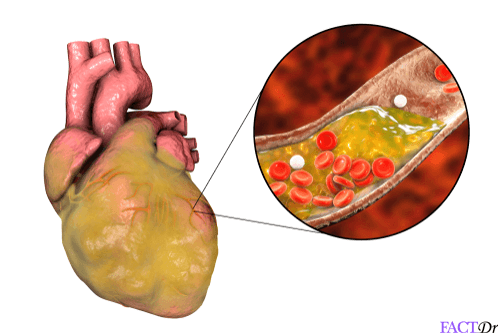
- Pyelonephritis

- Asthenia

- Poop chart: Top things you didn’t you your poop could reveal about you
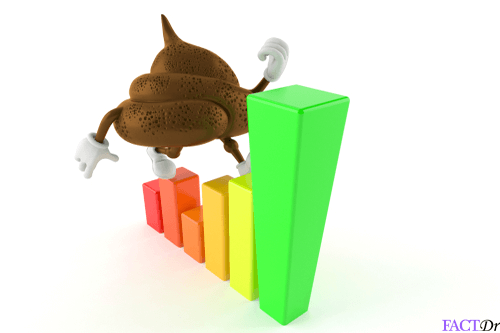
- Panera Bread: The truth behind this “healthy” restaurant chain
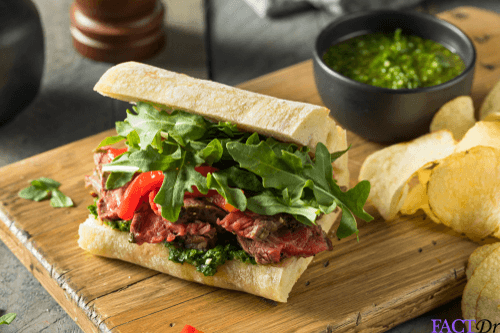
- Endomysial Antibodies (EMA) Test

- Dislocated Jaw

- Occupational Hazards: How to vouch for your health at your workplace

- Werner’s Syndrome

- Meftal Spas
- Milk Thistle: Find possible cures for fatal diseases in these purple blooms

- Skin irritation

- Hematuria
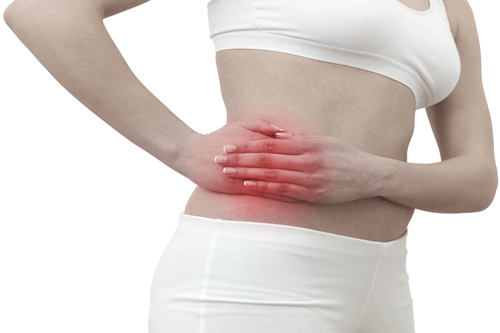
- Arm fracture

- Dysentery
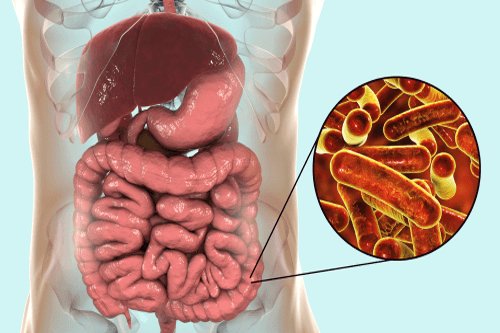
- Baby Acne
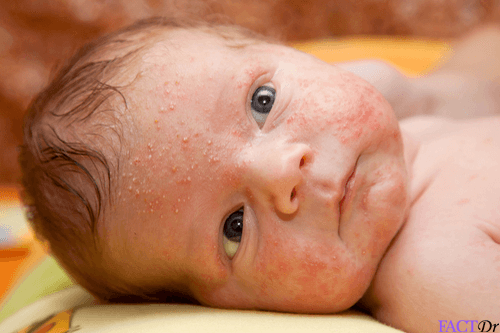
- 9 benefits of walking we bet you didn’t know!

- Lipoma
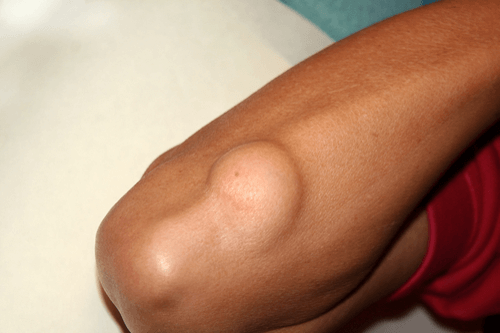
- Enlarged Heart
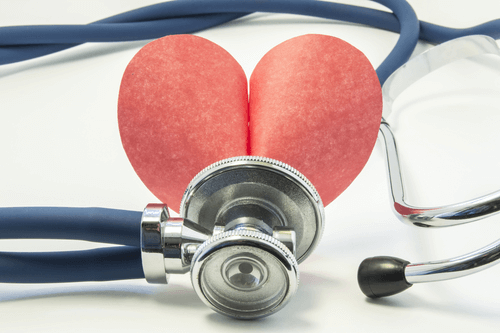
- CBC (Hemogram 6-part diff) blood test

- Comedones
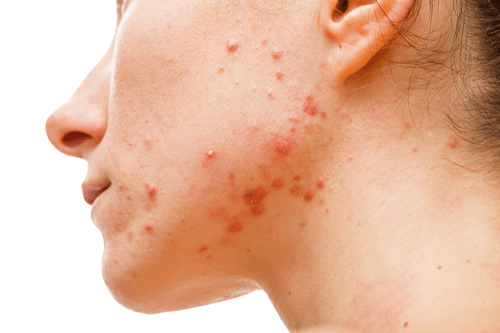
- Cloudy Urine

- Tissue Transglutaminase Antibody (tTG) Test
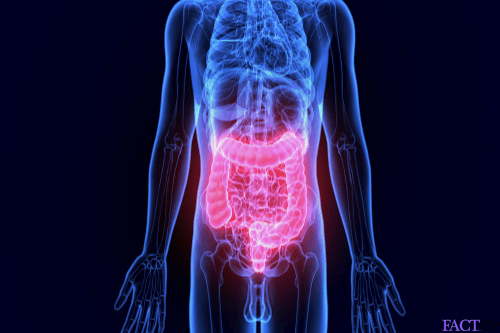
- Common diseases that could cripple your vital organs

- Blood Element Analysis Test
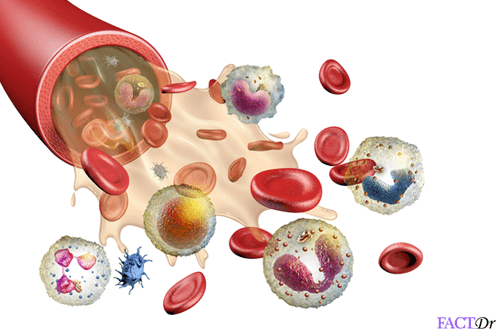
- Congenital Glaucoma
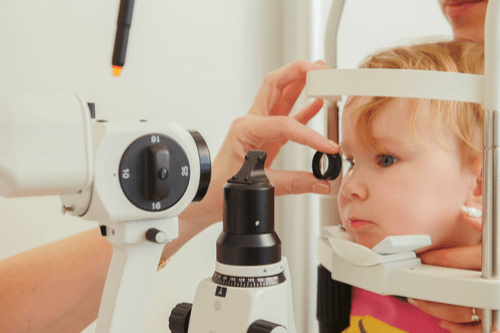
- Spider Bites

- Canker Sores (Apthous Stomatitis)
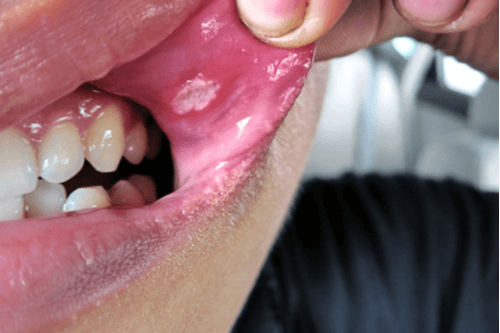
- Sustan 200

- Proctitis

- Brain-Eating Amoeba (Naegleriasis)

- Non-Allergic Rhinitis
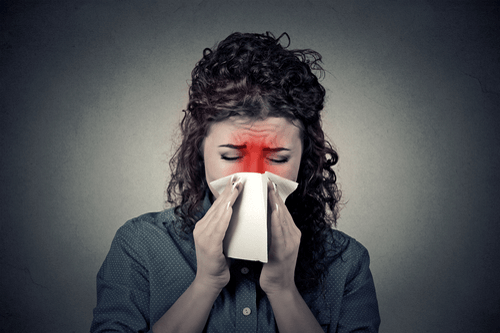
- Syphilis

- Ketoacidosis
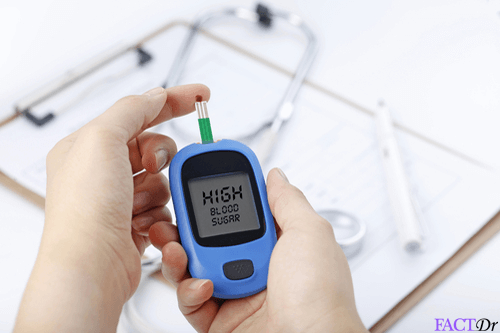
- Atelectasis

- Rhabdomyolysis
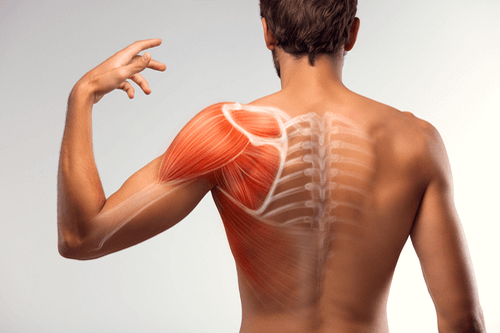
- Ciplox Tz

- Sitophobia
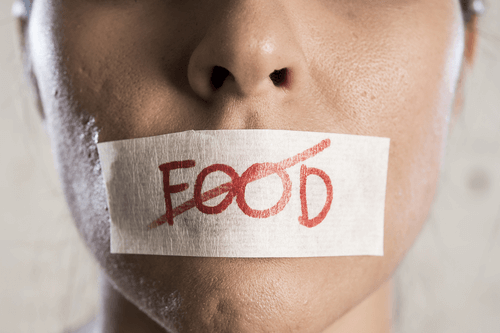
- Beta hCG Test

- Yellow Jacket Sting
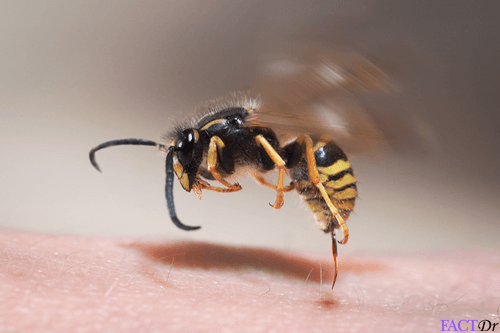
- Hand Fracture

- Keratitis

- Cold Sores
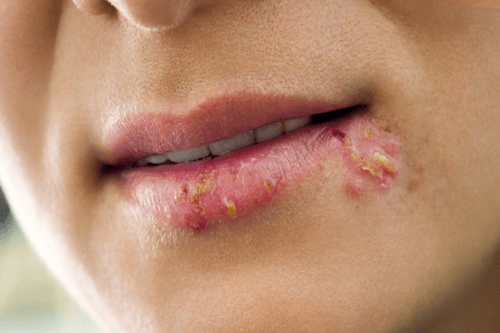
- Sepsis (Blood Poisoning)
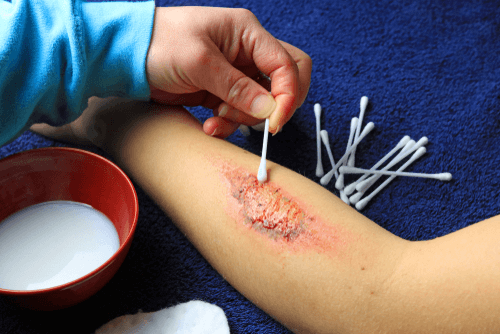
- Blood Disorders

- Tonometry
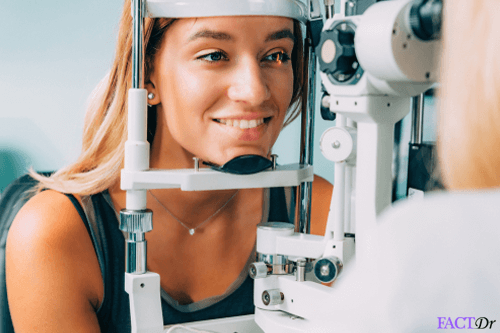
- Quadriplegia
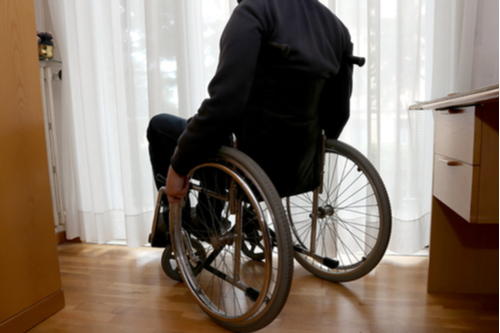
- Lipodystrophy
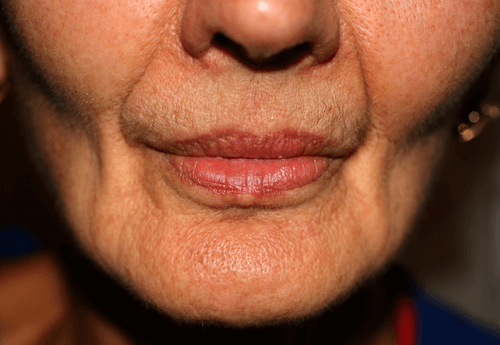
- MRSA – Methicillin-Resistant Staphylococcus Aureus

- Freckles

- Hemolytic Anemia
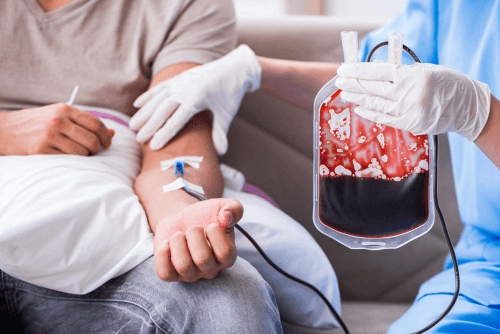
- Wound debridement and dressing
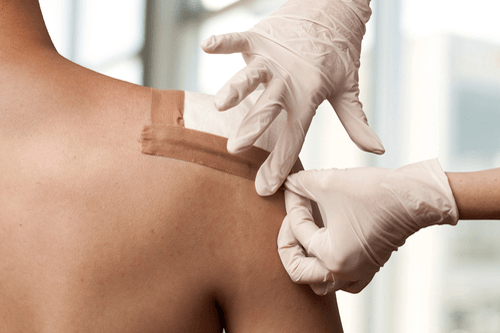
- Oral Leukoplakia
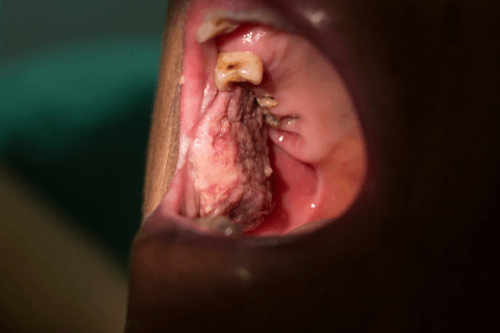
- Fibrocystic Breast Changes
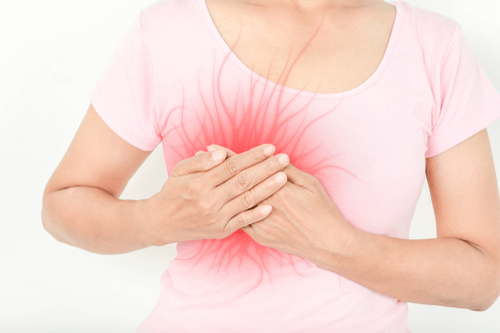
- Thalassemia
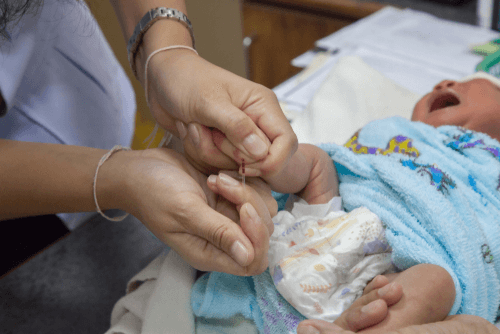
- Chicken Pox

- Dyscalculia

- Costochondritis

- Anal Abscess

- Anti-Microsomal Antibody AMA Test
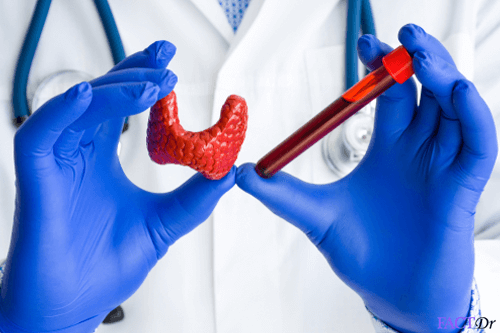
- How accurate is the hair follicle drug test?
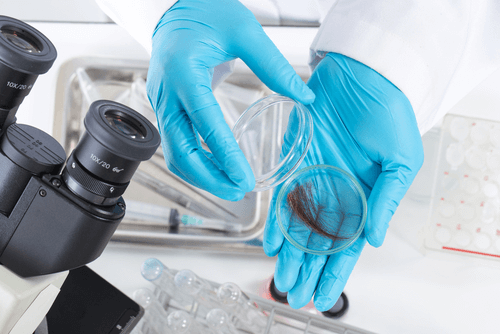
- Sinarest

- Colloid Cyst

- Oligohydramnios

- Varicocele

- Otitis media
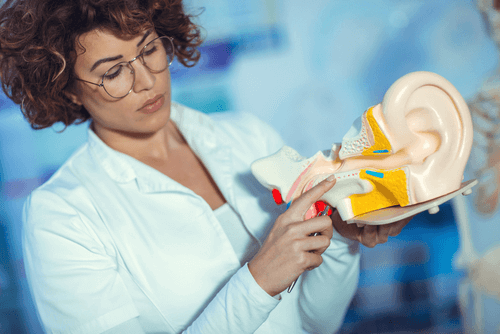
- Juice Plus: Can you really replace actual fruits with pills?

- Arterial Blood Gas Analysis
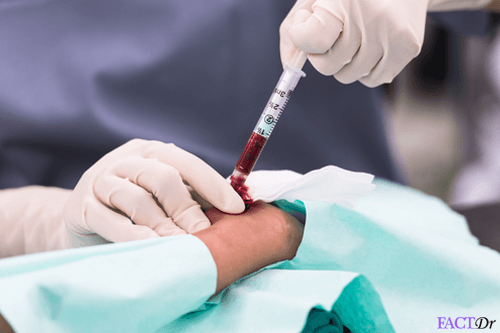
- Folliculitis

- CA 15-3 Test

- Pneumonia

- Chlamydia

- Don’t let your sleep deficit grow into memory loss or heart attack

- Quadriceps: Why stretching these is a must before going for a run
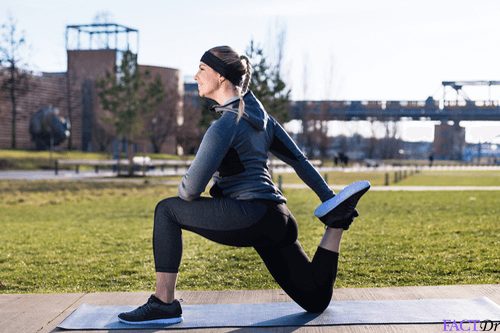
- Trisodium Phosphate: How a paint thinner made its way into your breakfast
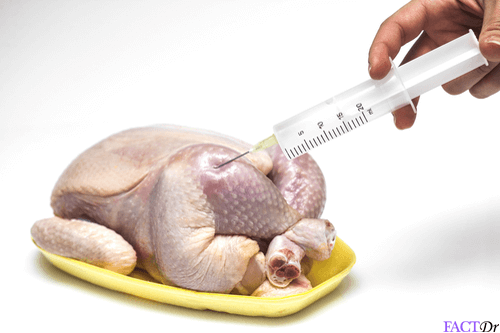
- 7 liver detox facts and why ignoring these could kill you!

- Pre-cancerous Skin Lesions

- The real reasons for your mood swings and how to overcome them

- Hyperthyroidism
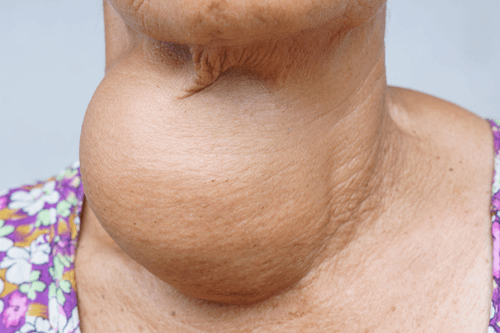
- Oral Glucose Tolerance Test – GTT
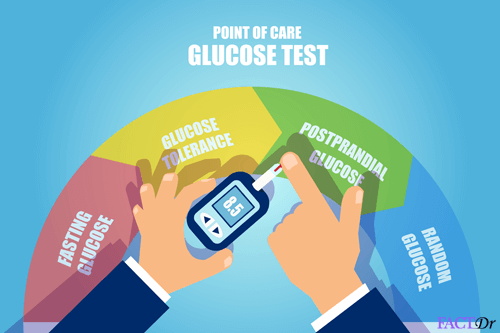
- Jackfruit: Slice your way into higher immunity, better digestion, & more…
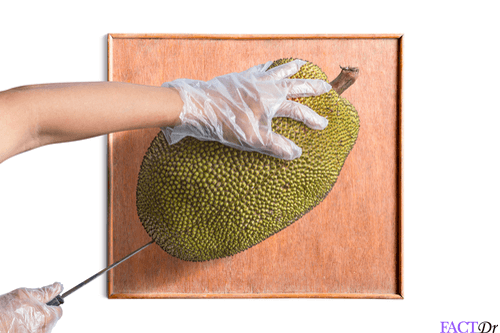
- Tongue Diseases

- Tongue cancer
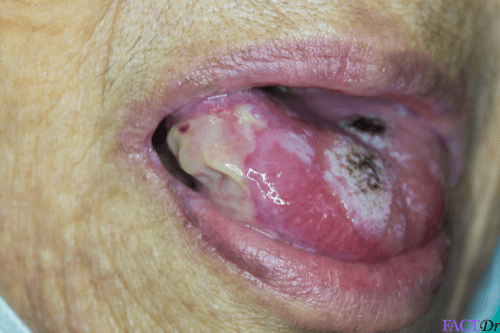
- Bulimia Nervosa

- 8 hidden causes of obesity you probably didn’t know!

- Microcephaly
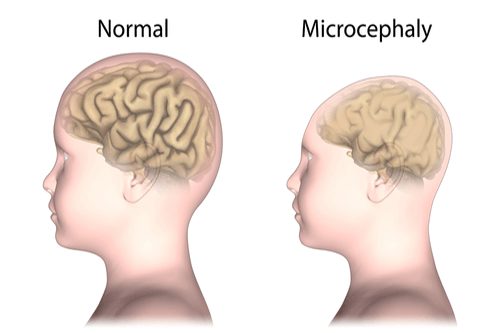
- Anti-CCP Test – Anti-Cyclic Citrullinated Peptide
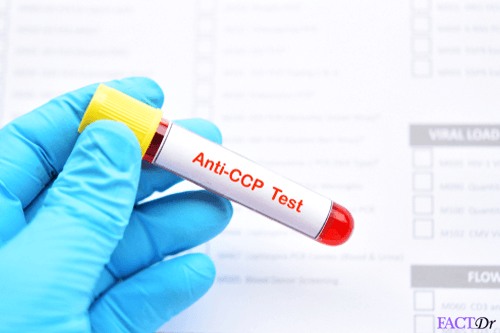
- 5 unbelievable effects of dance on your overall health!

- Isagenix Diet: Do you really need liquid meal replacements to lose weight?

- Edema

- Appendicitis
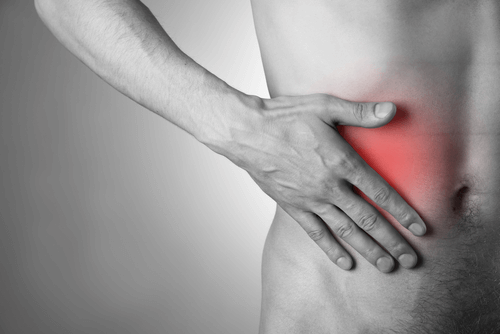
- Blisters
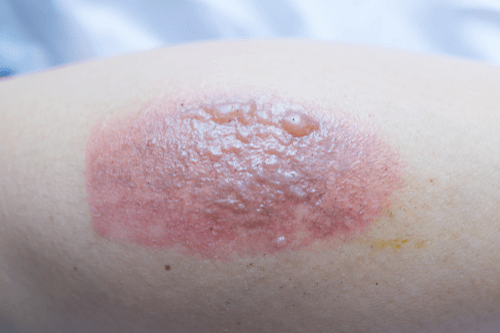
- Ingrown Hair

- Anhidrosis

- These are the top foods to increase your hemoglobin count
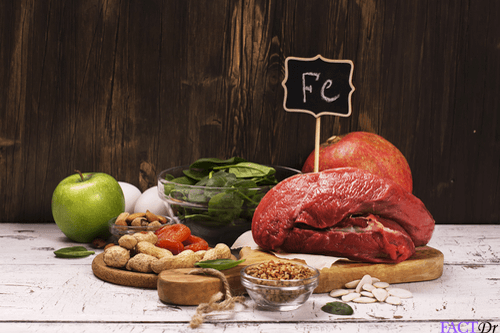
- Cat-Scratch Disease

- Silicosis
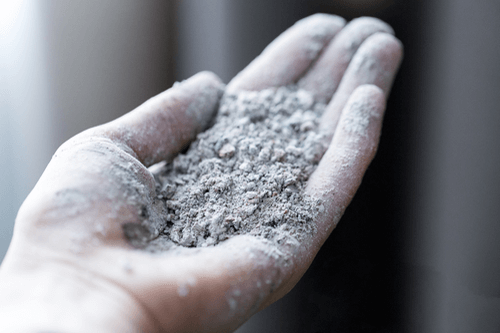
- Lockjaw

- 17 OH Progesterone test
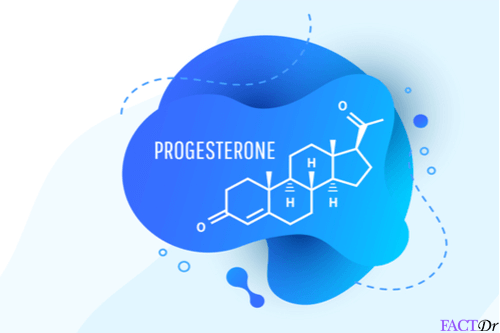
- Carrageenan: How a simple seaweed extract could better your gut health & immunity
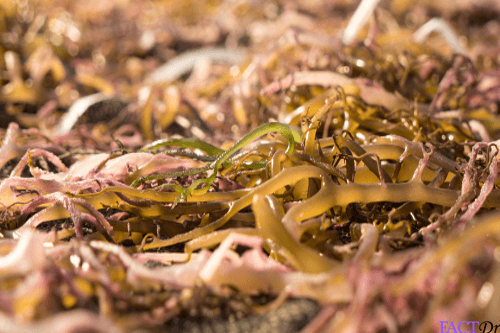
- Hookworms
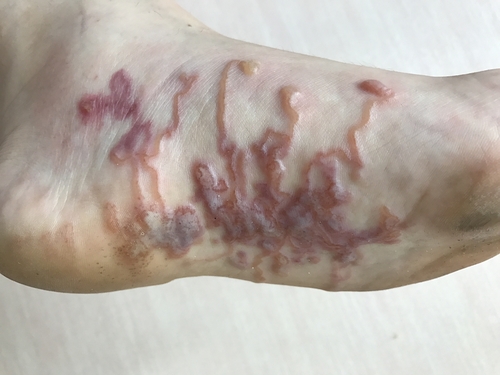
- Jaundice

- Colon Polyps
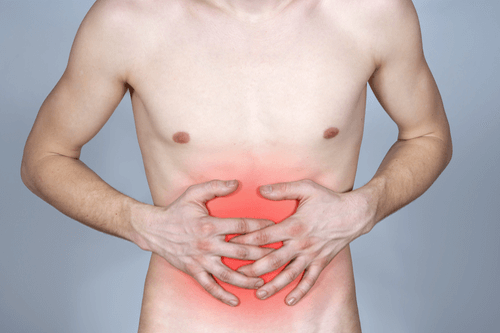
- Are you depressed or just stressed? Know when to see a doctor

- Addison’s Disease

- Poison sumac

- Hodgkin’s Disease

- Immunoglobulin M Test
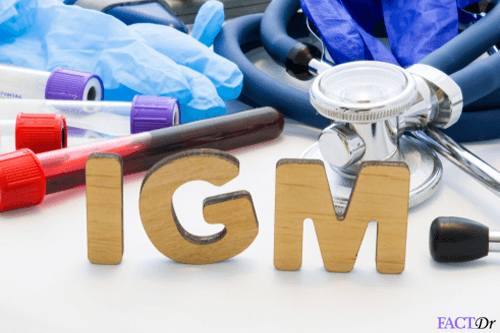
- Genetic diseases
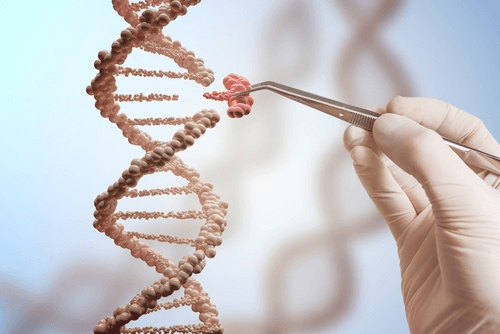
- Itching
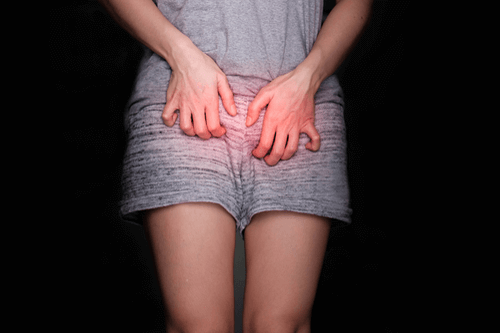
- Peripheral Artery Disease

- Plantar Warts
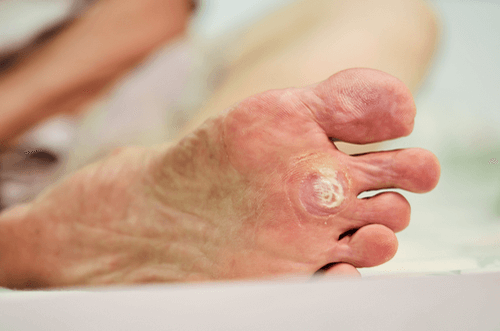
- Lupus

- Combiflam
- Subdural Hematoma
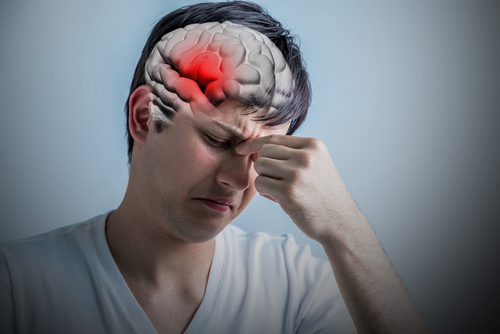
- Enlarged adenoids
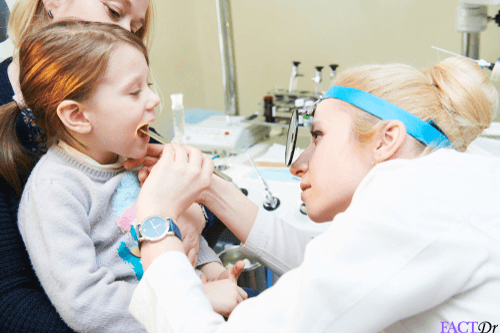
- Jicama: A fiber-rich tuber for your weight loss goals
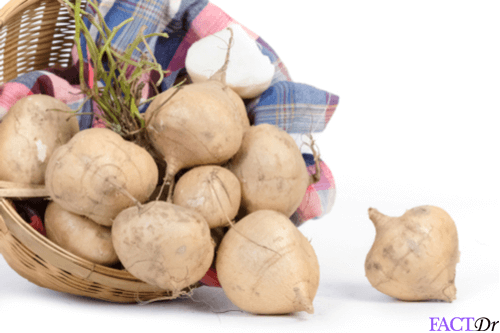
- Mox 500
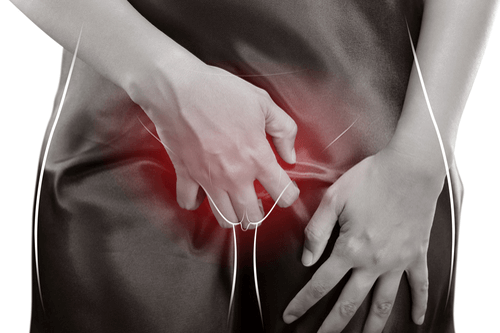
- Skin Problems in Children

- Charley Horse

- Flat Feet

- Why you should be adopting a Mediterranean style of diet today
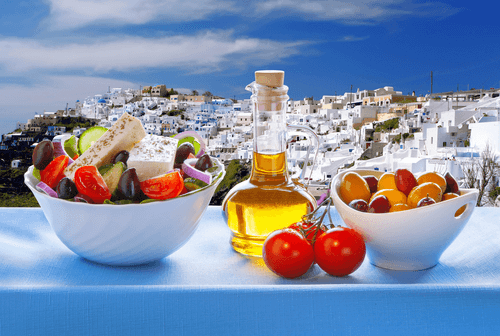
- Viral Meningitis
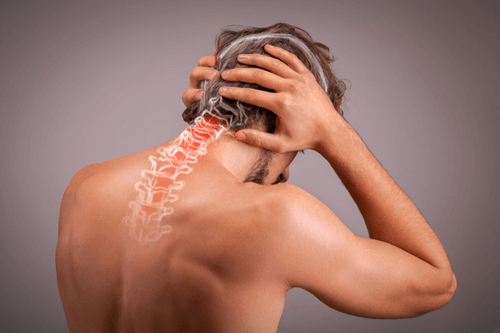
- Chlorella: Therapeutic powers of the billion-year-old algae now within your reach
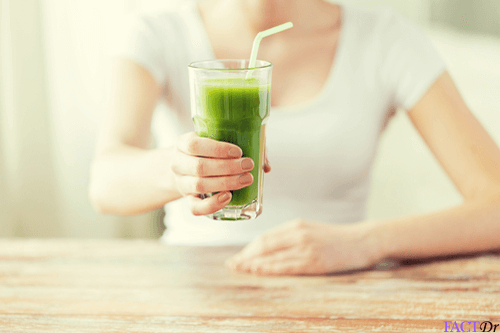
- Skin Problems
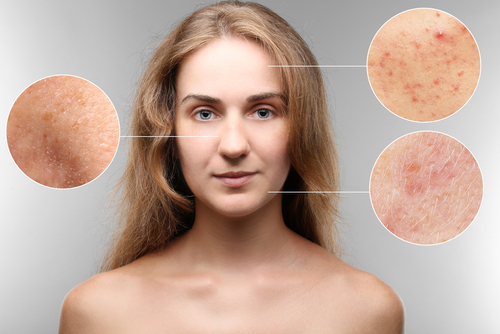
- Bone tumor

- Power up your gut: 8 proven steps on how to improve your digestion

- Oxycodone

- Connective Tissue Diseases

- Signoflam

- Flagyl 400

- Hernia

- Cheston Cold
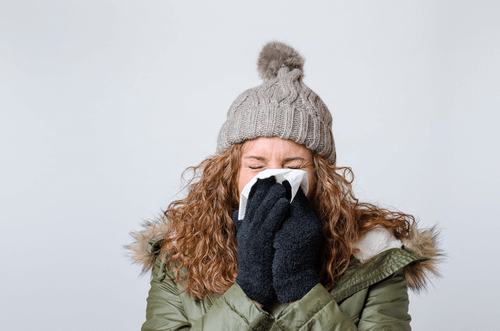
- Skull Fracture

- Lymphoma
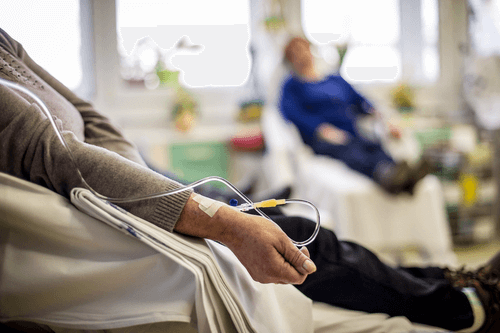
- Astaxanthin: Why experts believe it could be 550x more potent than vitamin E!

- Nail Fungus
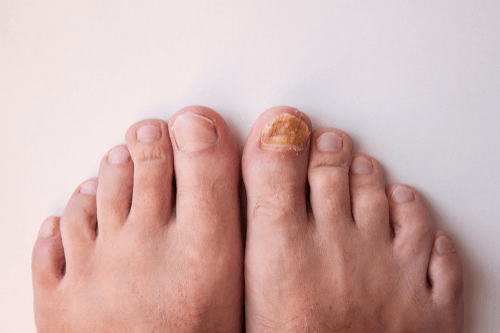
- GGT – Gamma-Glutamyl Transferase Test
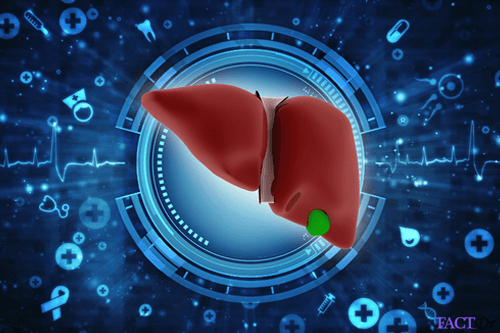
- Xanthan Gum: The pros and cons of this synthetic gummy additive

- Dwarfism

- Electroencephalogram – EEG
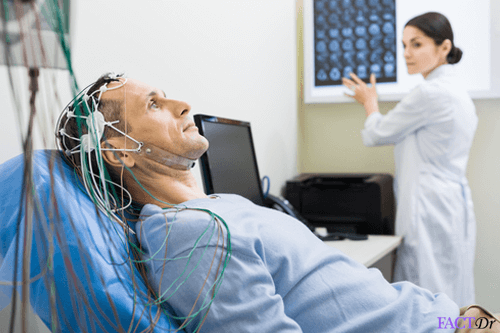
- Bruises
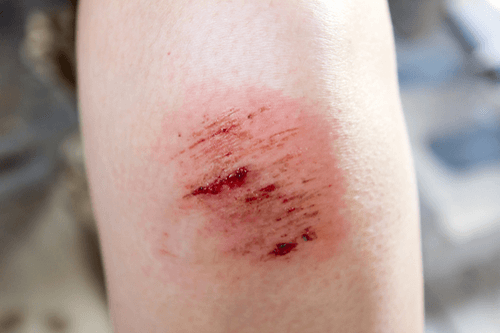
- Burkitt Lymphoma

- Staph Infection

- Beta 2 Glycoprotein 1 IgM
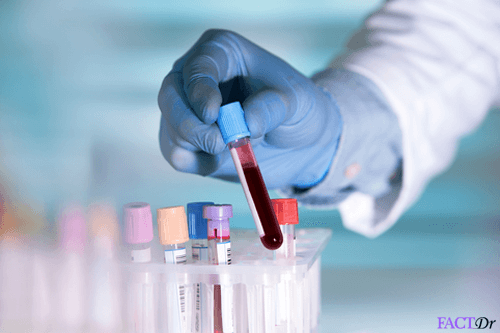
- Dengue Fever
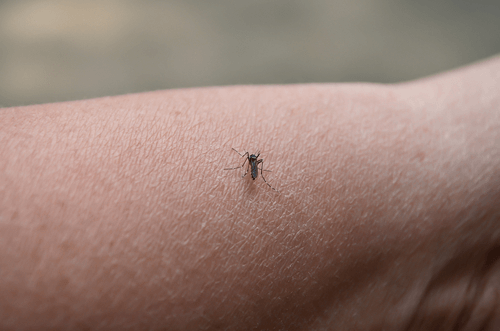
- Pressure ulcers

- Cardiac Profile
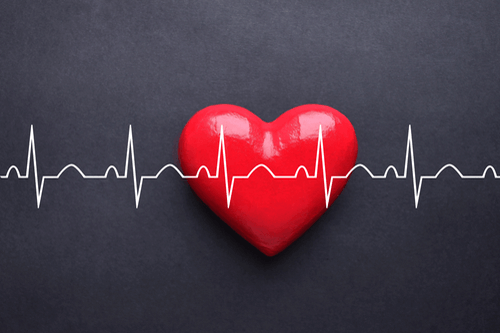
- Insect Bites
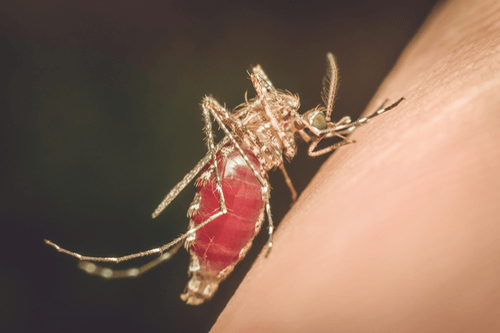
- Anemia

- Dysgraphia

- Thrombocytopenia

- Pseudocyst

- GM Diet: The fastest way to lose weight or yet another hoax diet?

- Metal toxicity
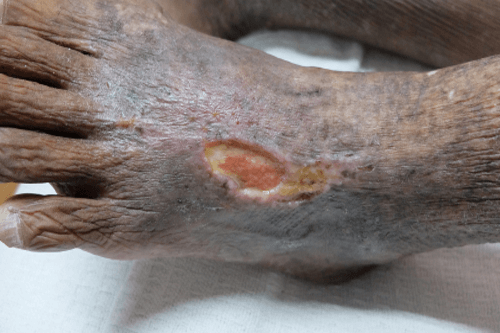
- Rheumatic Fever
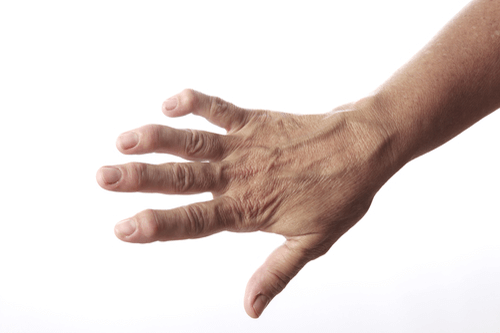
- Quinine: How gin and tonic came to be known as a potent health elixir
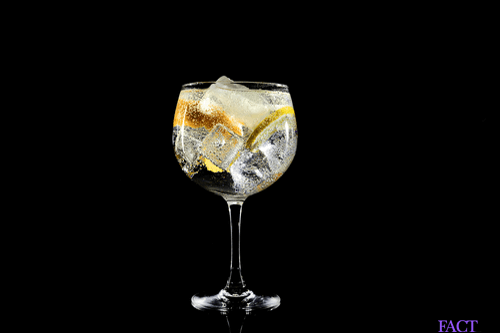
- Birth Asphyxia

- Impetigo

- Stretch Marks
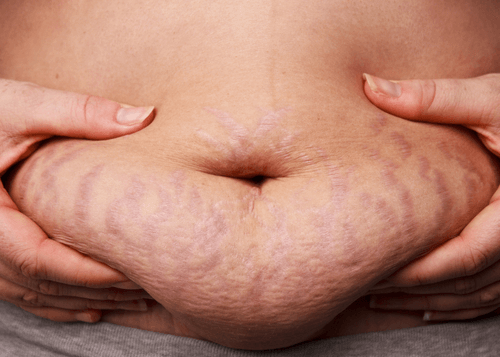
- Gastritis

- Night Blindness

- Neonatal Jaundice

- Nursemaid’s Elbow

- Coconut sugar: What is it and is it healthier than table sugar?

- Pterygium (Surfer’s Eye)

- Sugar: 7 new shocking truths revealed about the sweet poison

- Pernicious anemia

- Is bronchitis contagious? And how to prevent this infection?

- Pneumothorax
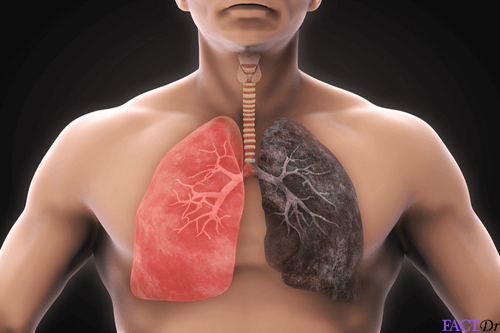
- Syncope

- Joint Damage
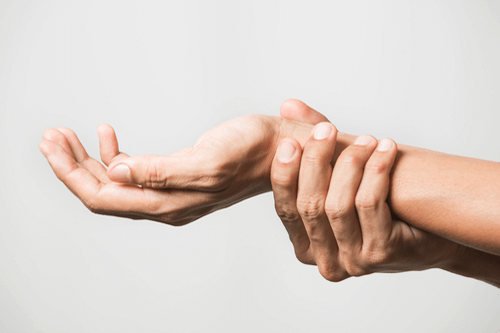
- Pleurisy

- Esava

- Hepatitis Profile
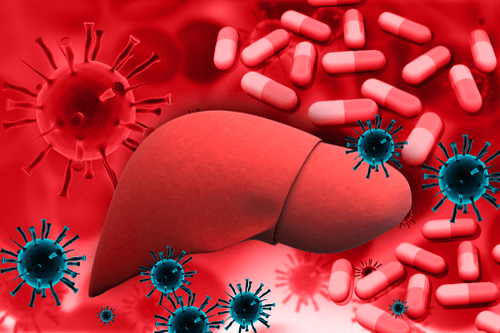
- Hypocalcemia
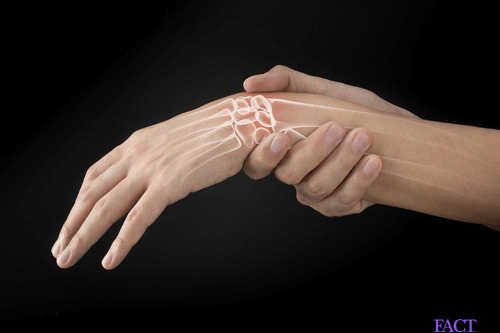
- Jack In the Box : The perils of surging fast food culture in the USA
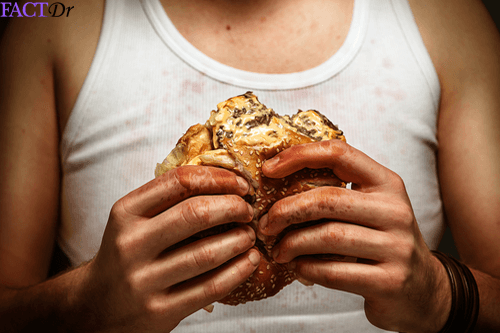
- Osteomyelitis
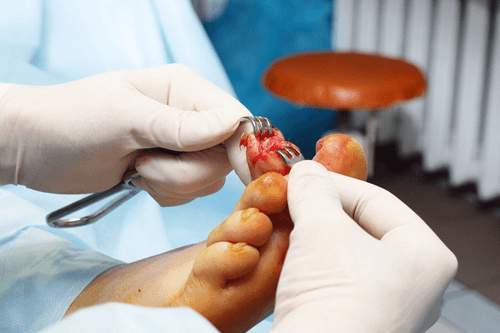
- Green poop : What are the reasons and how can you correct it

- Vitamin B12 Test
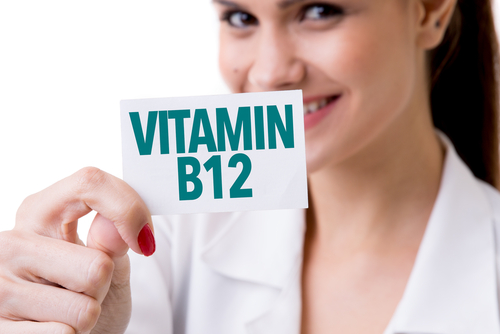
- Hyperventilation
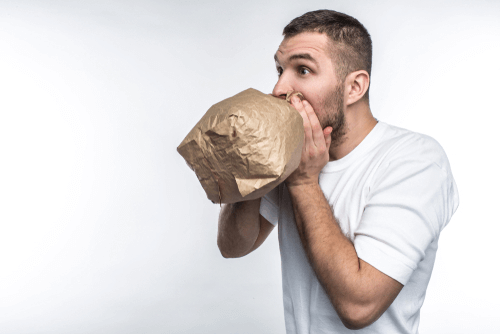
- Trypophobia
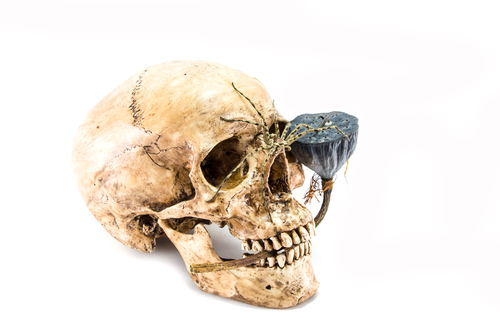
- Speech disorders

- Prostatitis
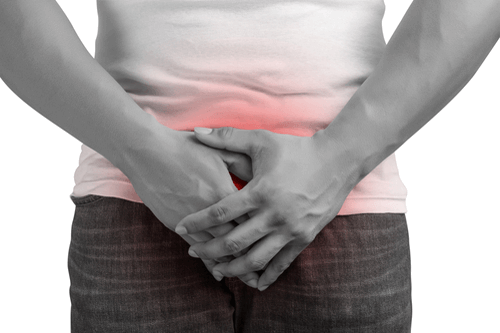
- Vaginitis

- Postpartum Infections

- Temporal Arteritis
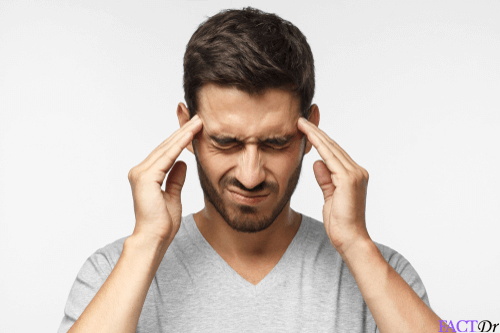
- What are Shiitake Mushrooms and why should you eat them?
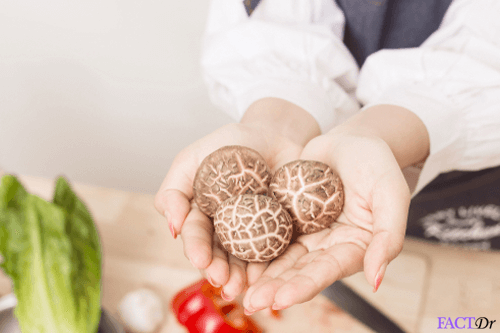
- Immune System Disorders

- Contact dermatitis
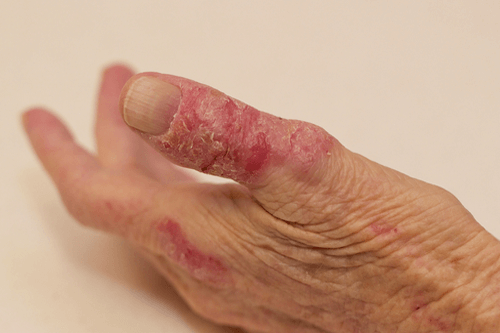
- Bell’s palsy

- Snapping Hip Syndrome
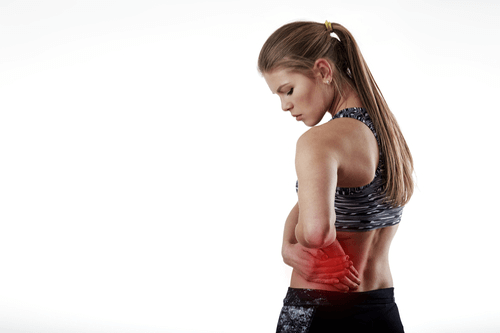
- Meal replacement or protein drink? Learn all about Shakeology and its claims

- Arteriosclerosis

- Epididymitis

- Copper Serum Test
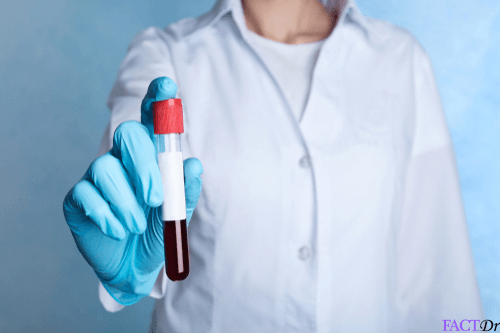
- Night Eating Syndrome

- Your health in the age of Social Media: Why is digital detox a necessity?

- Tuberculosis
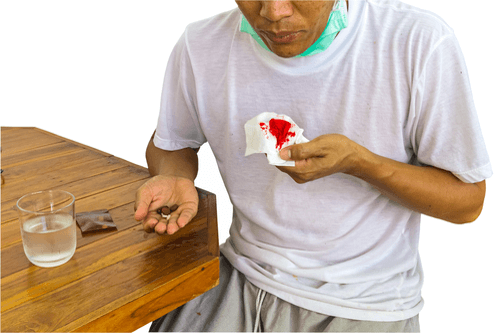
- Aspergilloma
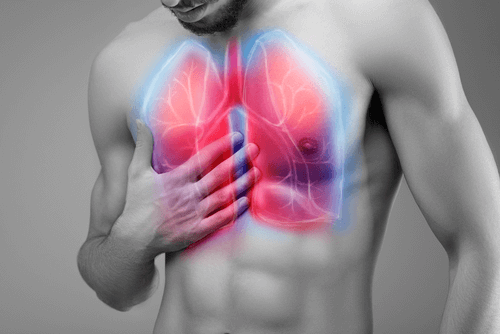
- Hemochromatosis

- Itraconazole

- 10 fantastic ways to make your fitness routine more fun!

- How are BMI and BMR different and what do these numbers mean?

- Caralluma Fimbriata: How to eat this cactus to lose weight

- Cervical Dysplasia
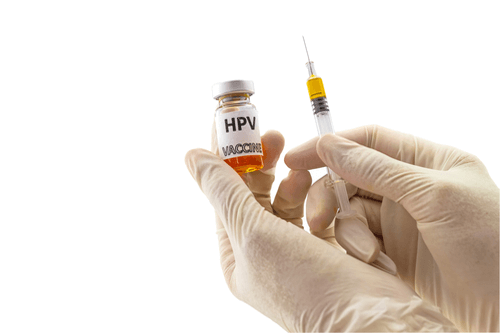
- Squid Ink: A unique food coloring and flavoring agent
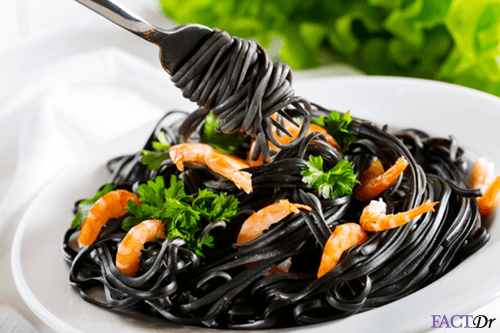
- Color Blindness
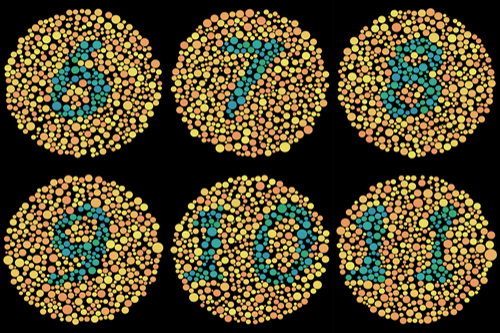
- Ear Infections
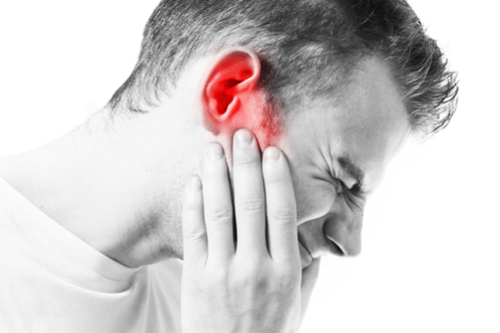
- Paragonimiasis

- Liver Cancer

- Chest X-Ray

- Endometritis

- Dystonia

- Placenta Previa

- Poison Ivy

- Tetanus

- 6 shocking consequences of bad oral hygiene (and how to avoid them)

- Kidney Stones

- Bacterial Pneumonia

- Biliary atresia

- Pelvic Inflammatory Disease
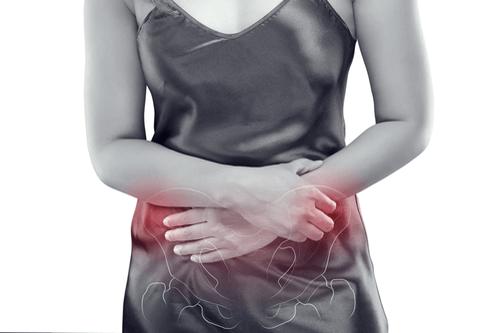
- 5 things you didn’t know about balneotherapy and how you can do it at home

- Bone Spurs
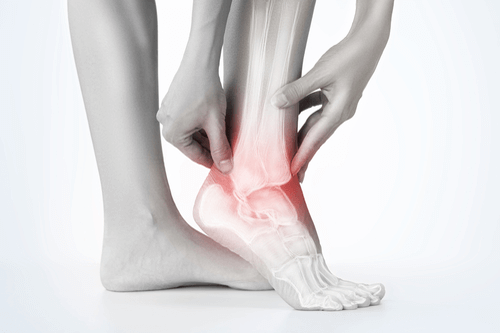
- Thyroid Storm
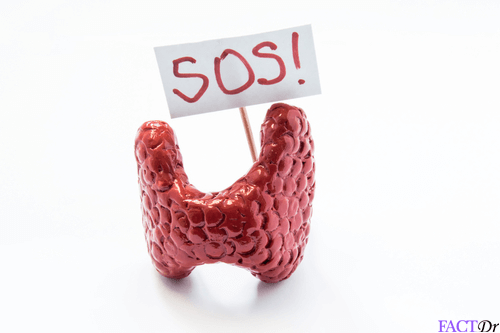
- Alcohol abuse

- Muscle pain

- Voglibose

- Portal Hypertension

- Shin Splints
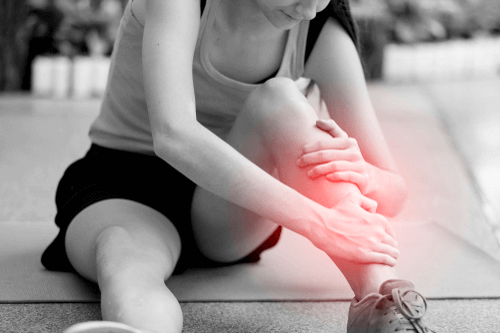
- Conjunctivitis

- Laryngitis
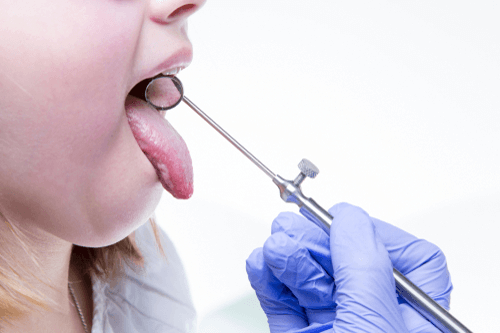
- LP-PLA2 Test

- Thyroid Scan

- Itchy Scalp
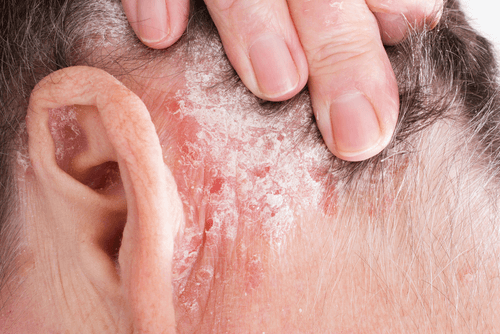
- Meningitis

- Dry Mouth
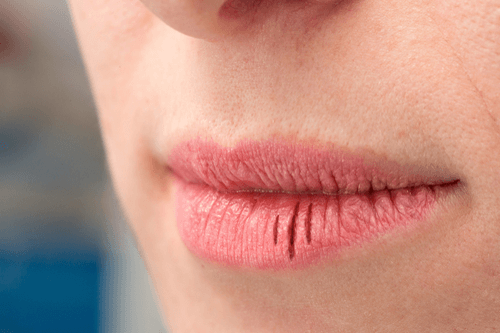
- Morgellons

- What to eat, what not to eat in the South Beach Diet?

- Dragon Fruit – Blessing from Nature’s Basket
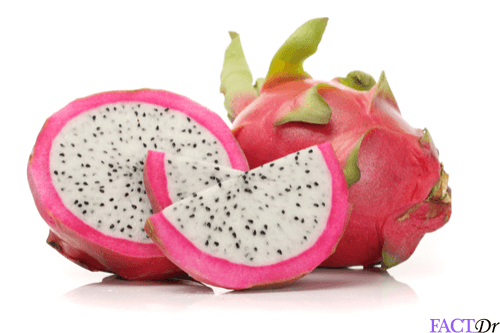
- Acoustic Neuroma

- Juvenile Diabetes

- Capgras Syndrome

- Hypothermia

- Alopecia

- Step up your defence: 15 proven tips on how to boost your immunity

- Blood Ketone (D3HB) Test

- Epley maneuver: Why is this the best protection from the symptoms of vertigo?

- Spine Curvature Disorders

- Gallstones

- Wolf spider bite

- Lactose Intolerance

- Cyclopam
- Bowel Obstruction
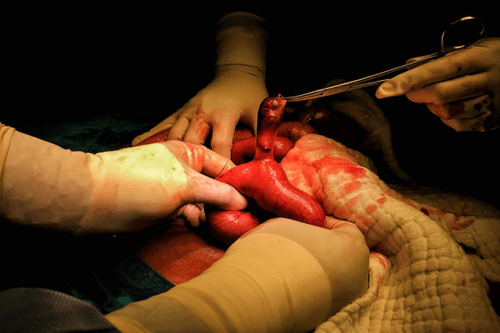
- Dental Fluorosis

- Tamarind: The top health benefits of this staple Asian ingredient

- Cervicitis
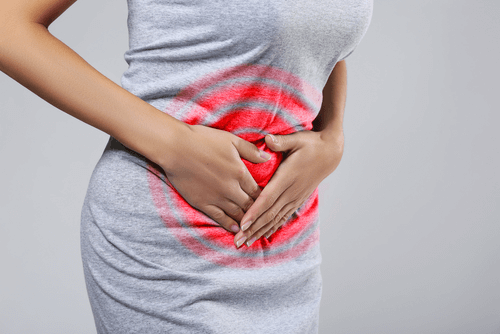
- Meningioma

- Nutritional Yeast : How can a fungi culture be good for your body?
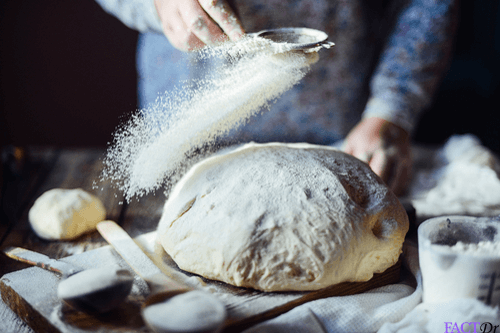
- Lymphangitis

- Arsenic Poisoning

- 11 unbelievable health benefits of thyme you didn’t know!

- Lice Infection

- Urethritis

- Carcinoembryonic antigen (CEA) test
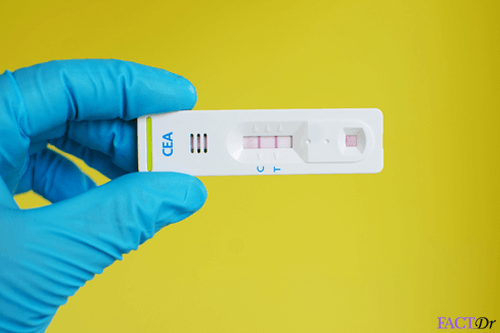
- Arachnoiditis
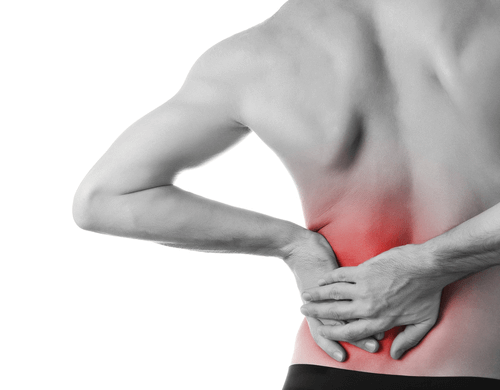
- Astigmatism

- Pain disorder

- Liver Failure

- 8 hard-hitting truths no one tells you about cancer

- Avoidant Personality Disorder

- Strep Throat

- Painful Urination
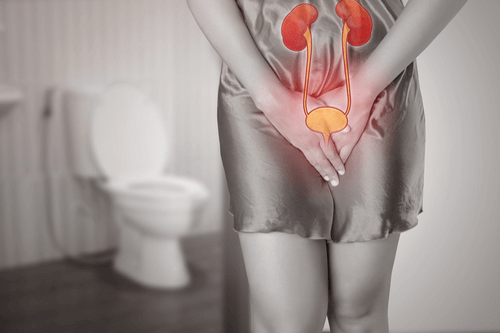
- Eye Twitching

- Yeast Infection

- Androstenedione Test
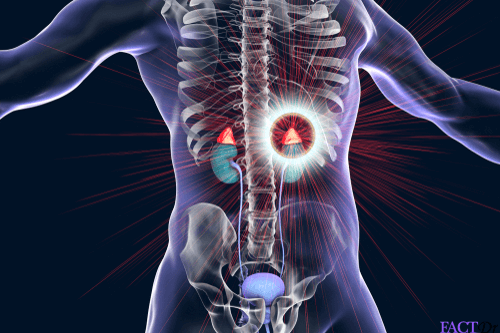
- 7 startling facts that will make you quit alcohol today

- Porphyria

- Gaucher Disease
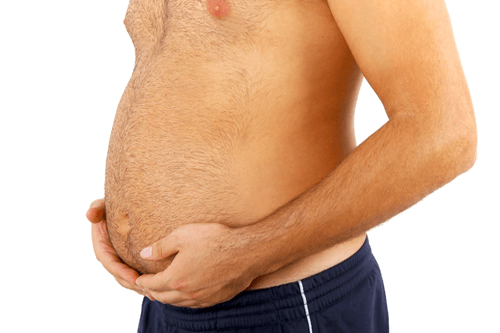
- Stickler syndrome

- Experts reveal the safest ways to perform an enema at home
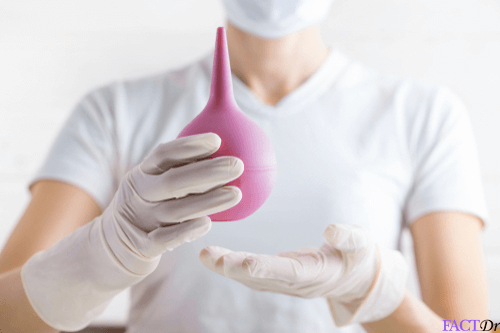
- Dyspepsia
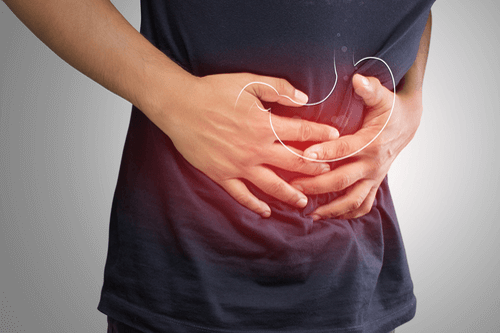
- Bubble Tea: Bubbling with nutrition or a hidden sugar mine?

- Cholesteatoma

- Herpes Simplex Virus (HSV)-IgM Test
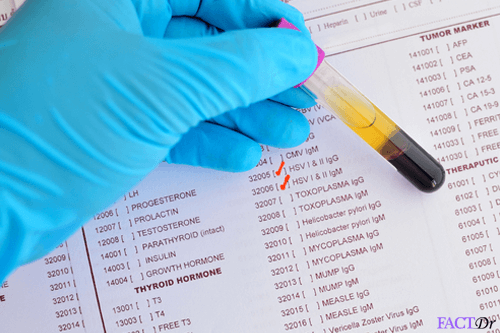
- Mycobacterium tuberculosis

- The actual science behind smelling salts and how it helps in injury recovery
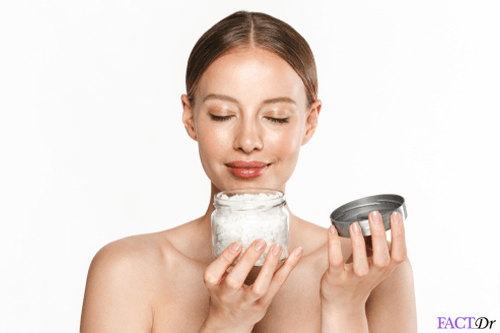
- Scurvy

- Kava: Is it the healthy substitute for alcohol you have been waiting for?

- Acute Liver Failure
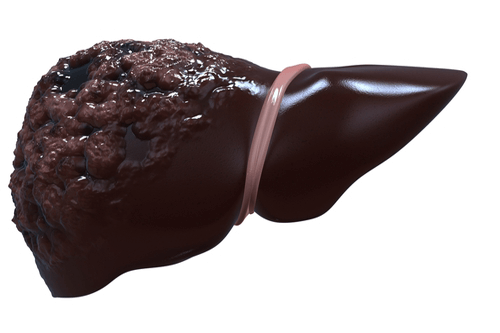
- Hydroquinone: Is it the best topical treatment for hyperpigmentation?

- Connexin 26 deafness
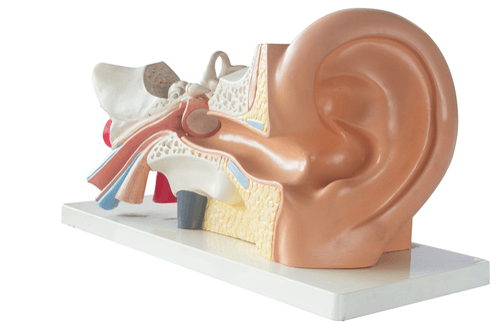
- Sleep Paralysis

- Vitamins – Deficiency & Excess

- Pharyngitis
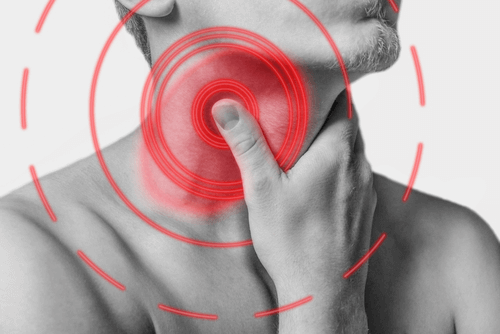
- Diphtheria
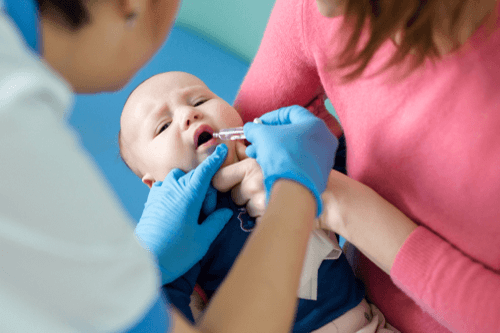
- Dyspnea

- Eye-sight problems

- Leptospirosis

- Cholecystitis
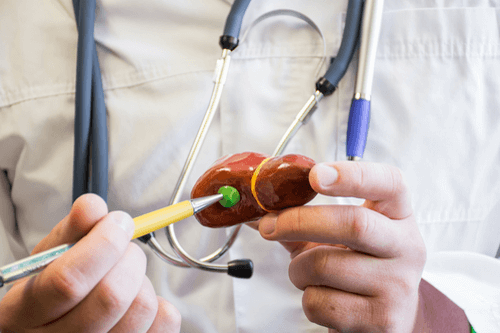
- Motion Sickness

- Enlarged Prostate

- Apert Syndrome

- Turner Syndrome
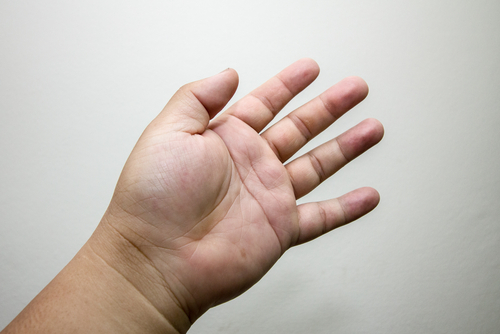
- Surgery or home-remedy; what is the right way to treat a burn
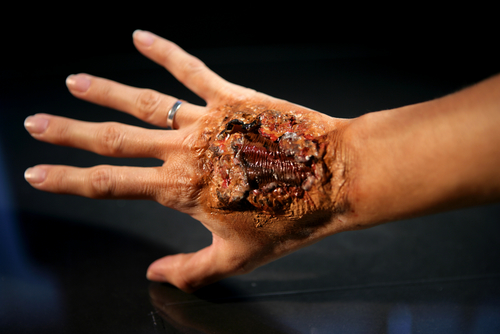
- CA19.9 Test
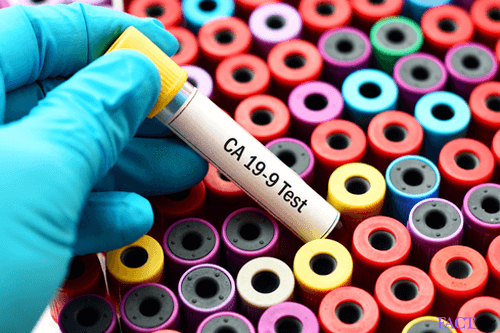
- Rocky Mountain Spotted Fever

- Bowel Incontinence

- Traumatic fractures

- Acute Cholecystitis
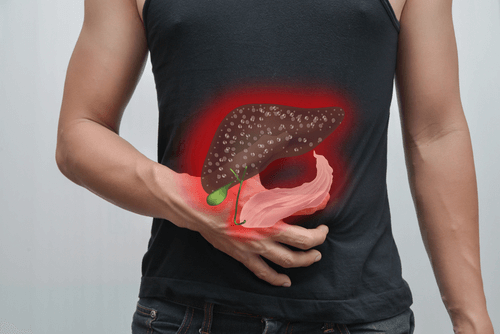
- Food Poisoning

- Hyperkalemia

- Rubella IgM Test
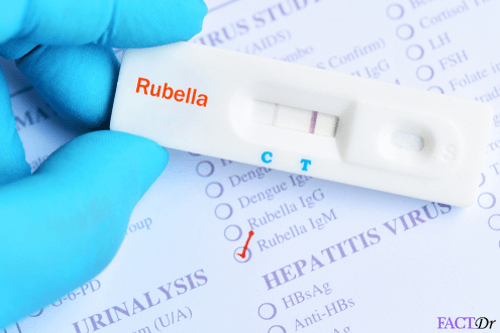
- Sodium chloride: The wonders and dangers of the simple table salt
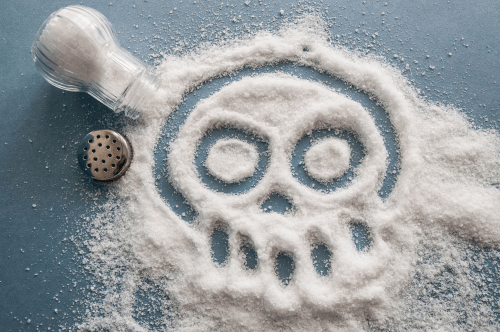
- Grave’s Disease
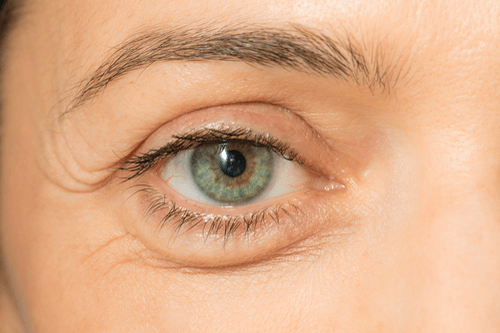
- Muscular dystrophy
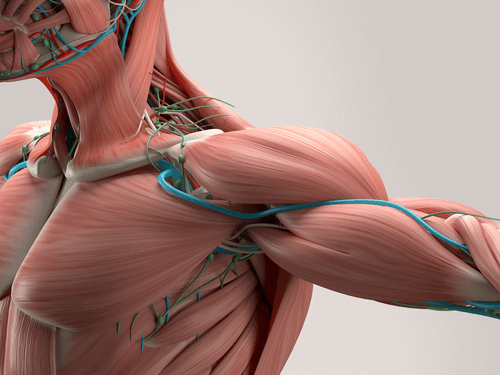
- Cold Intolerance

- Down syndrome

- Carb Cycling: Weighing the pros vs the cons of this diet routine

- Neutropenia
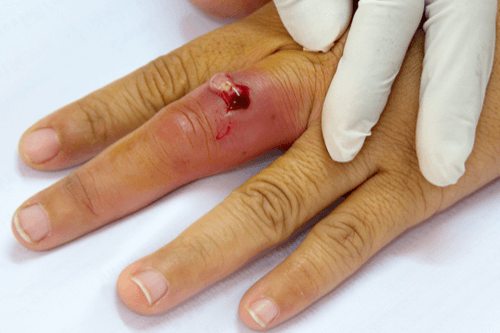
- Polycystic Kidney Disease
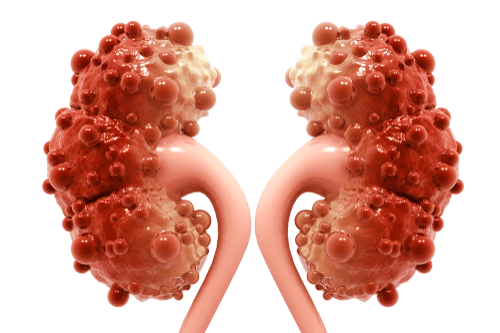
- Bed Bugs

- Foot Drop
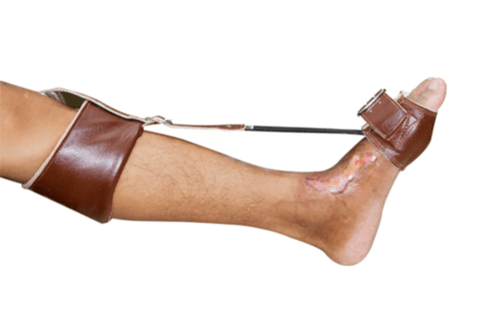
- Myositis

- Appendix pain: Recent findings on this not-so vestigial organ
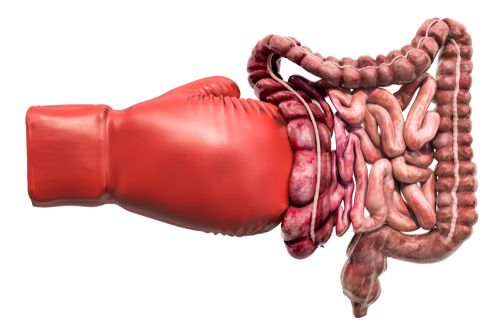
- Chronic Kidney Disease

- Eye Fatigue

- Ventricular hypertrophy
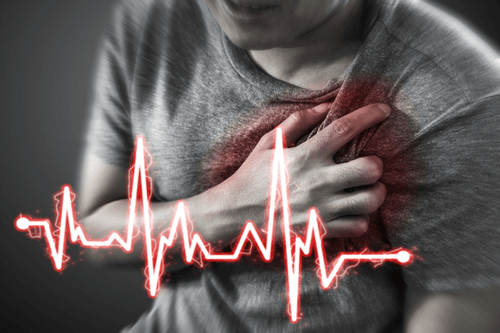
- CT – Computed Tomography Scan
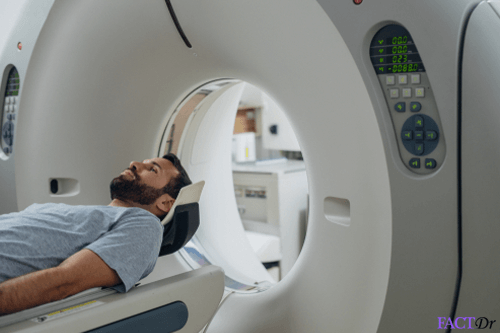
- Empyema

- C-Reactive Protein Test

- Dark Urine
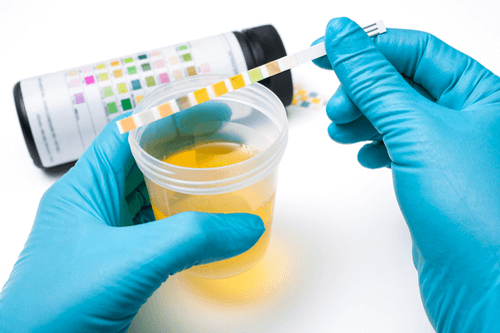
- Inguinal Hernia

- How to practice yoga for astounding health benefits

- Heat Exhaustion

- Shingles (Herpes Zoster)
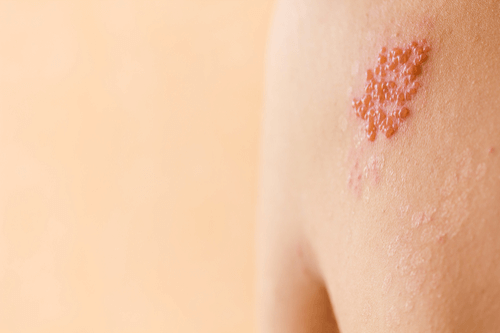
- Mad Cow Disease

- Ducloflex
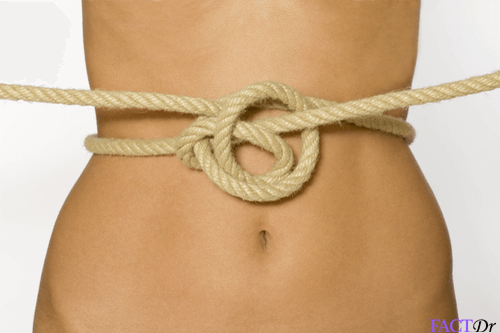
- Vaginal Discharge

- Folvite

- Rantac 150

- Lower Abdominal Pain

- Autoimmune Hepatitis

- Diarrhea

- High-fat diets: The paradox of eating more fats and losing weight fast

- Proteinuria
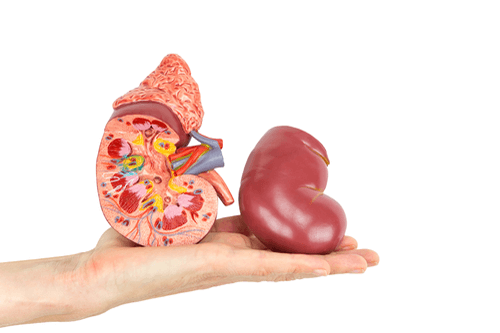
- Atherosclerosis

- Oxalates: How healthy greens can sometimes be bad news for your kidneys
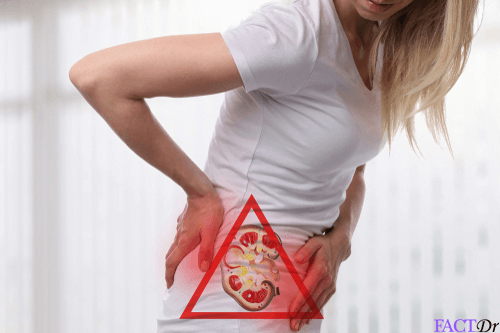
- Budd-Chiari Syndrome

- Humerus Bone Disorders

- Moringa: This could be the most nutrient-dense food known to us!
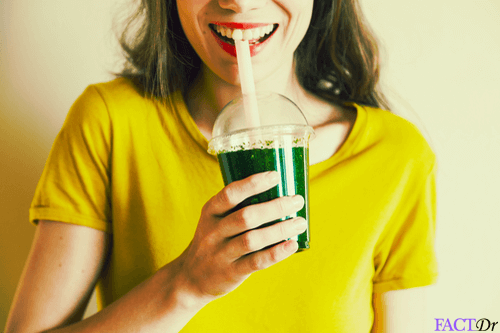
- Rabies

- Anatomy of acne: 7 instant steps to kiss those zits goodbye

- Anti hepatitis E virus (Anti HEV) IgM Test
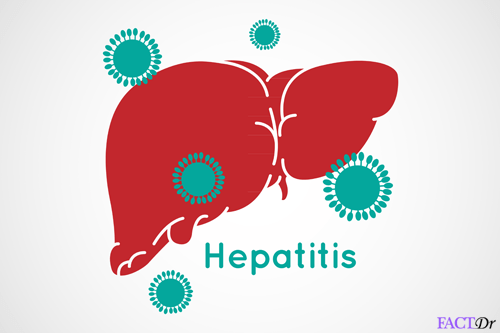
- Free PSA Test
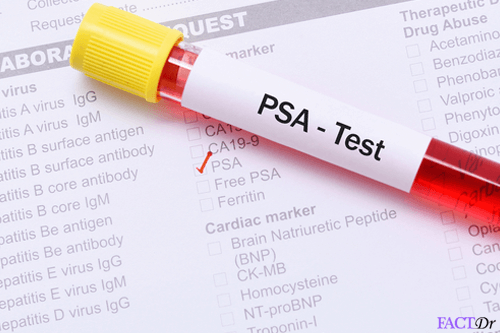
- Blood Clots

- Erythema Multiforme
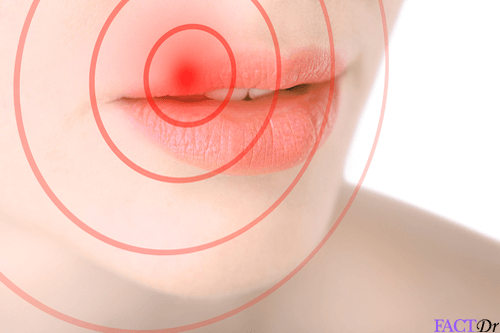
- Pescatarian Diet 101: What are the inherent health advantages of this diet?

- How seitan proved to be a blessing in disguise for vegans worldwide

- Orofacial cleft
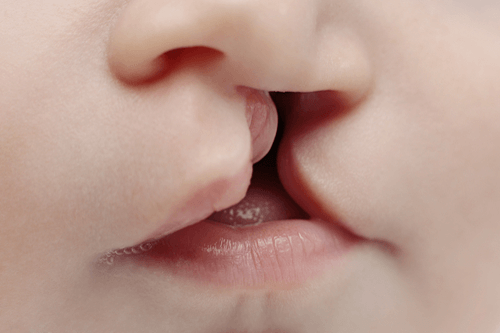
- What is the right way to take a pregnancy test?
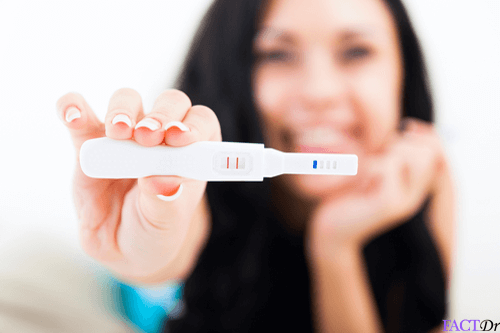
- Fight, flight, or freeze: 8 ways stress can ruin your body

- Coffee Enema: Turn your favorite morning beverage into a powerful colon cleanser
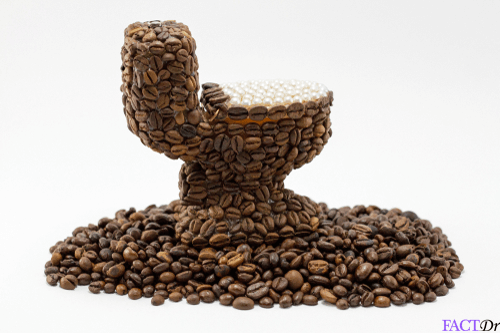
- Bursitis
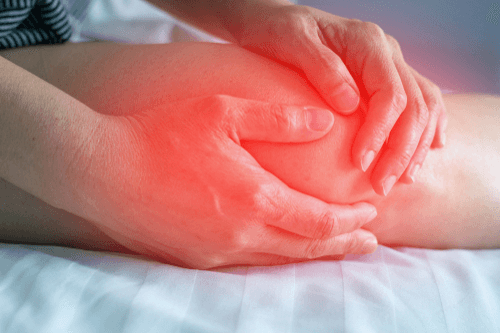
- How to have a healthy pregnancy: Essential tips to remember

- Rheumatoid Arthritis

- Acute Renal Failure
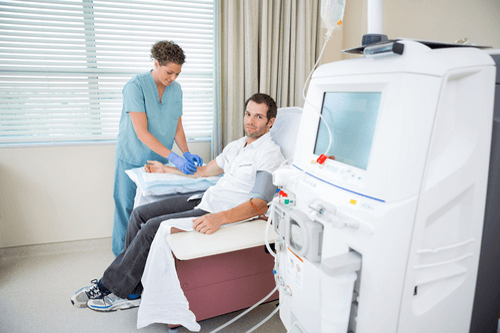
- Yellow Fever
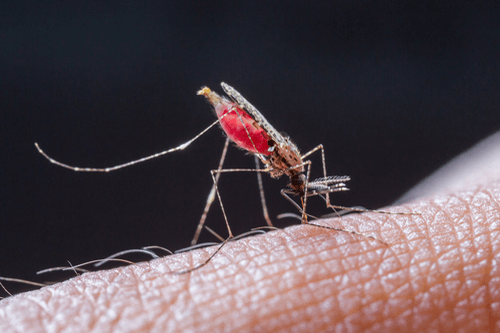
- Ureteroscopy

- Deviated Septum

- L-Carnitine: The best workout buddy and weight loss supplement you could find
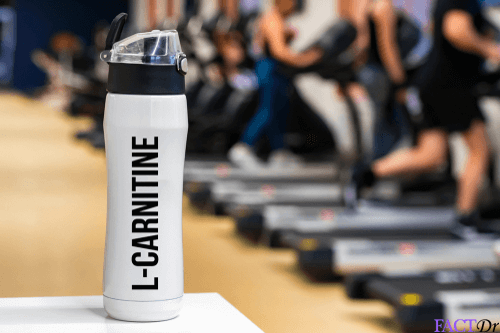
- Sleeping Sickness

- Tick Bites

- Progeria

- Osteogenesis Imperfecta

- Bloom Syndrome

- Polycystic Ovary Syndrome
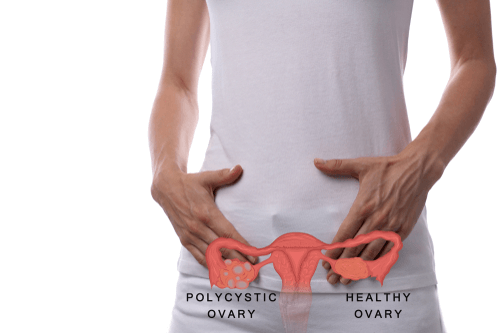
- 12 easy and instant steps to successful weight loss
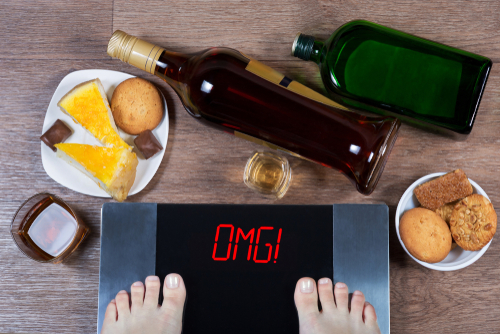
- Tapeworm infection

- Vitiligo

- Myelography
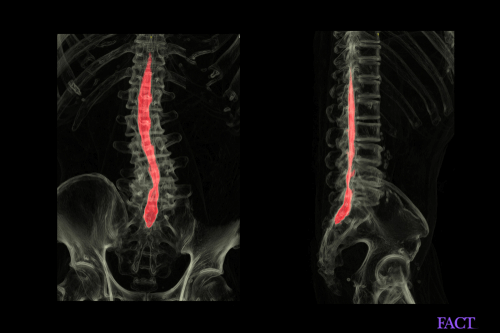
- Fifth disease

- Wisdom Teeth
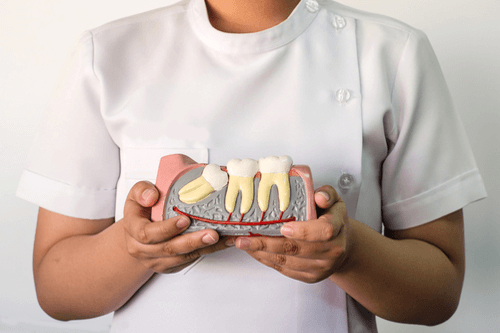
- Cholera

- Easy and safe tips for ear wax removal you can do at home
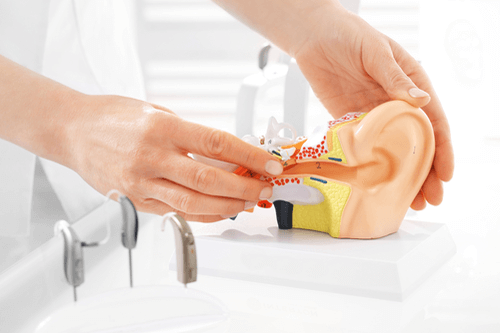
- Ear pain

- The Cabbage Soup Diet: The healthiest way to instant weight loss
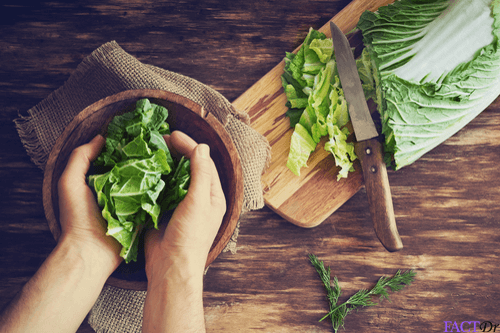
- High Fiber Diet – Fire up your fiber intake for these health benefits!

- Top reasons why you should go for a reflexology massage today

- High Blood Pressure

- Embolism

- Disseminated intravascular coagulation (DIC)

- Anorexia Nervosa

- Barium Enema

- Depression

- L-Theanine: Better sleep, higher focus, and many other benefits

- Peptic Ulcers

- Transverse Myelitis
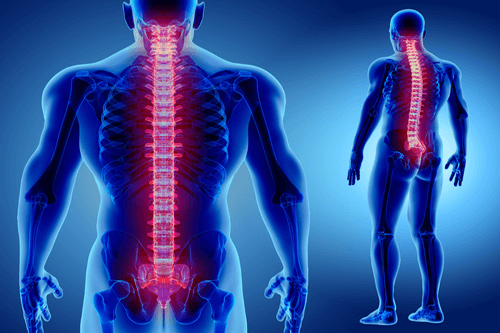
- SIBO Diet: The important dos and don’ts of this gut-healing diet

- What are the top 50 deadly and widespread diseases?

- Pancreatitis

- Myasthenia Gravis

- General adaptation syndrome: Understanding stress, one step at a time

- Lactic Acidosis
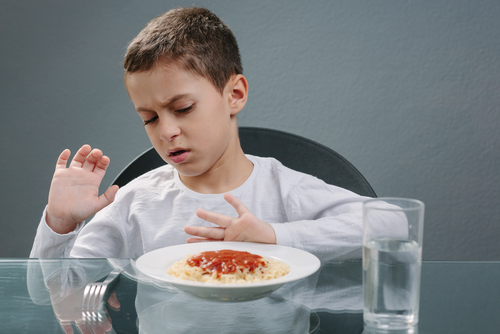
- Agoraphobia

- Aceclofenac
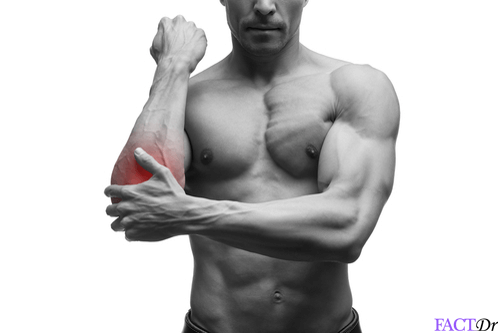
- Hyperlipidemia
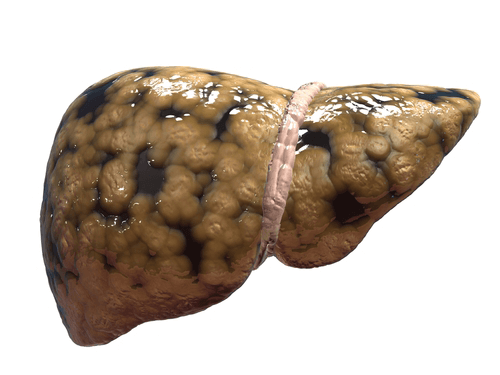
- Rotator Cuff Disorders

- Colposcopy

- Hepatitis
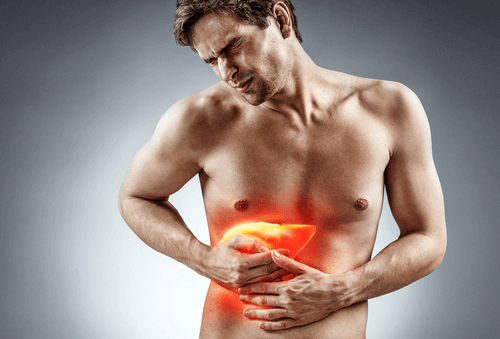
- Myopia

- Niemann-Pick disease
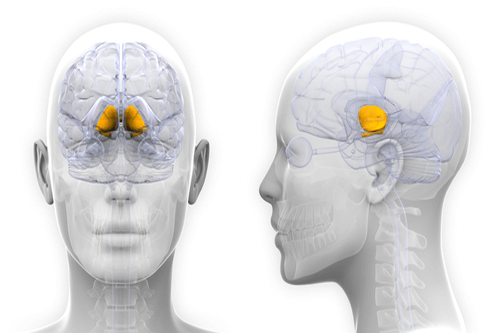
- Pumpkin Seeds: Why pumpkins are more than just for pies!

- Testicular Cancer

- Varicose Veins

- Diabetes

- Clenbuterol
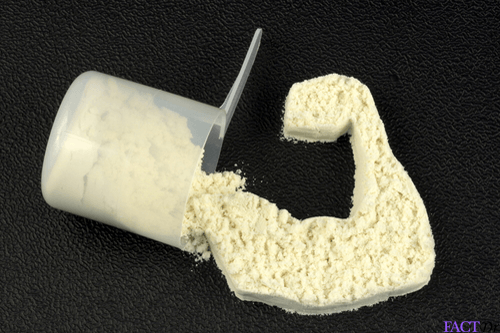
- Thyroid Disorders

- Attention Deficit Hyperactivity Disorder

- Thrush

- The ultimate tips on how to boost your brain health

- Acute Pericarditis

- Molluscum contagiosum

- Sleep Walking

- Narcissistic Personality Disorder

- How to scrub away stress and fatigue with an Epsom salt bath?

- Kidney Failure
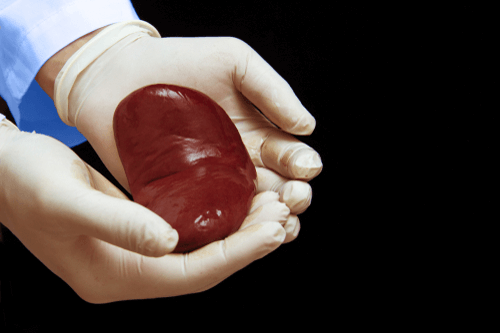
- Anemia Profile

- Goji berry: A traditional Chinese berry that packs the best of antioxidants
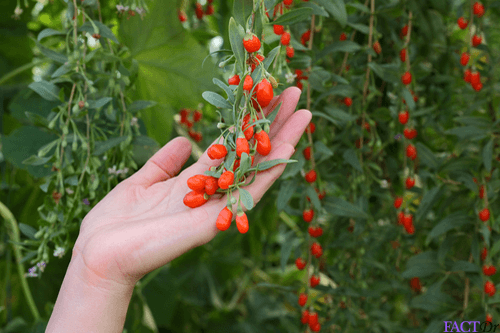
- Anaphylactic Shock
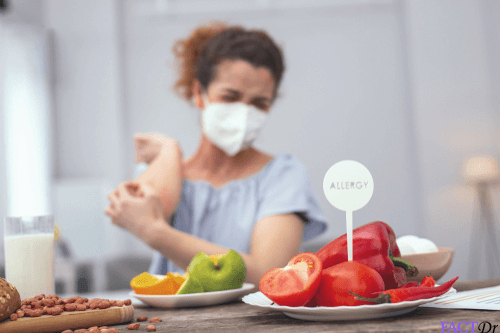
- Giant-Cell Arteritis

- Antibiotic Resistance: How common diseases become deadly
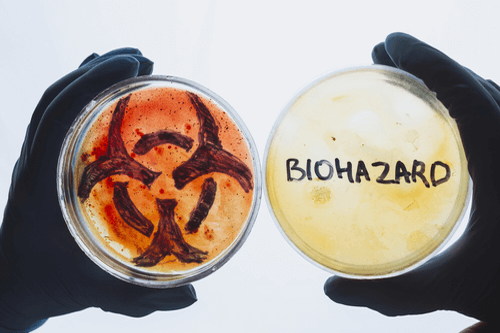
- Psyllium Husk: More than just an effective natural laxative
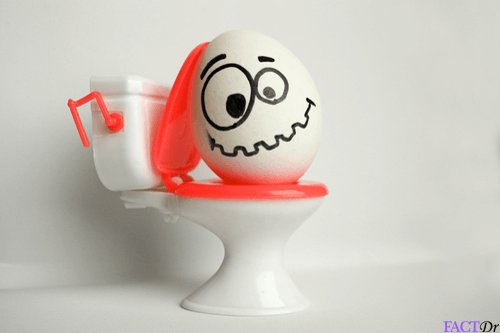
- Liver Function Test – LFT
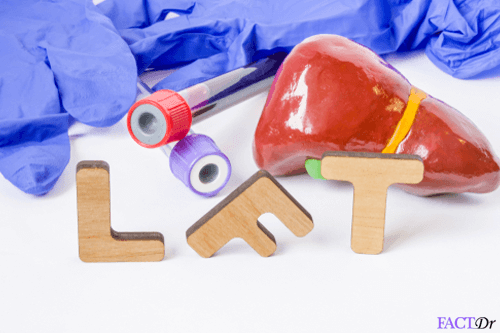
- A complete list of low-fat diets and how to follow them

- Obesity

- Aspartame – Hidden truths about this storm in a teacup
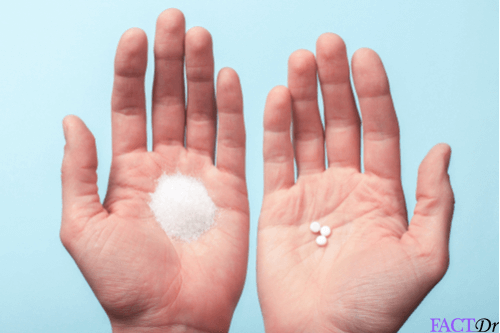
- VDRL Test
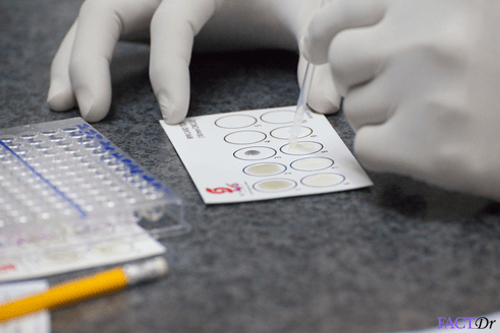
- Water Chestnuts: The tastiest ways to include this healthy tuber in your diet
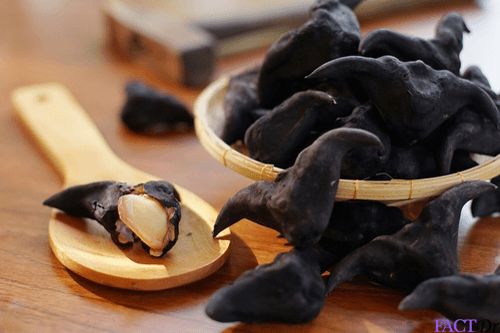
- Thyroid Profile

- Rosacea
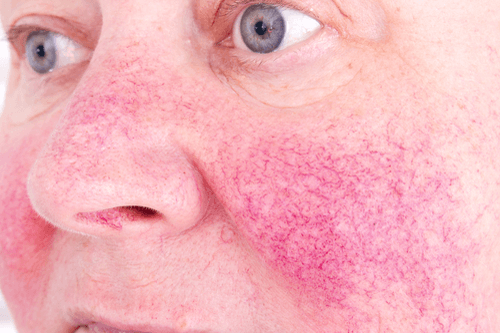
- Garlic: Nature’s white pill as an effective home remedy
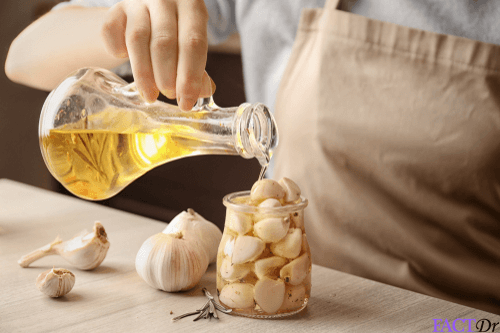
- Hemophilia

- Cerebral Aneurysm
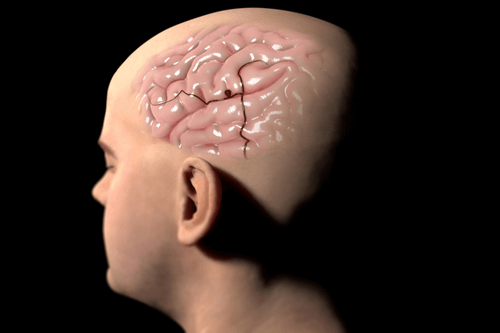
- Asperger’s syndrome

- 14 go-to foods that are best for a complete natural liver detox

- Weight Loss

- Vagus nerve: 7 health benefits of stimulating the “gut-brain” connection
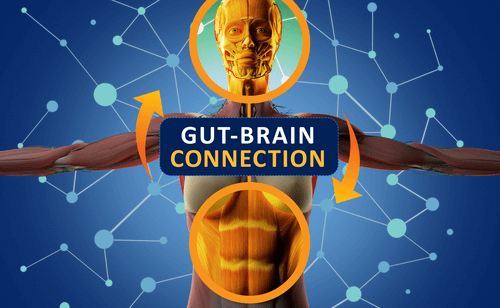
- Viral Gastroenteritis
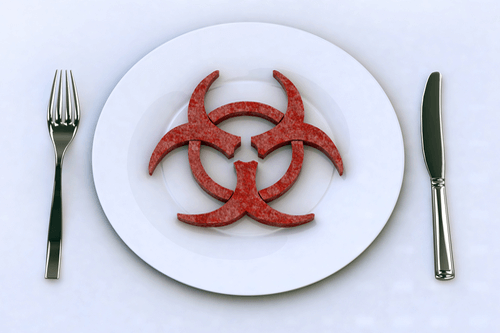
- Urologist: When should you visit one and why?
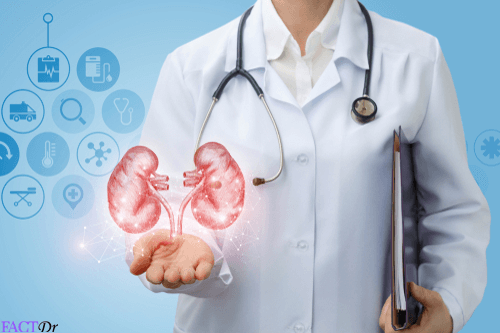
- Your complete guide to an improved and disease-free skin
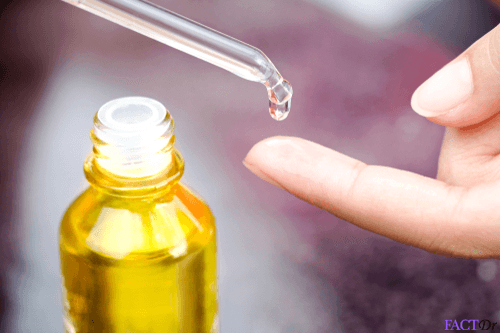
- Crohn’s Disease

- Dyspraxia

- Kidney Infections
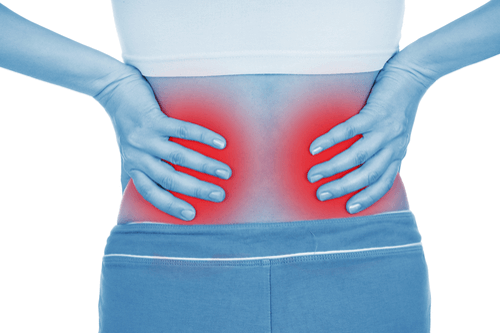
- Seasonal Allergies
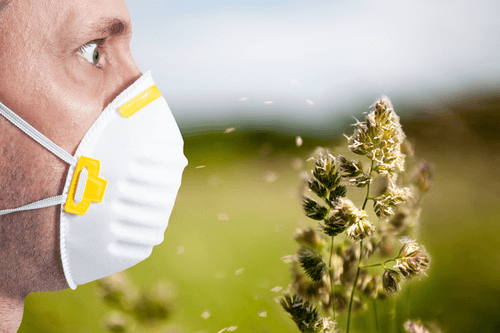
- Can you get addicted to food? Learn everything about food addiction
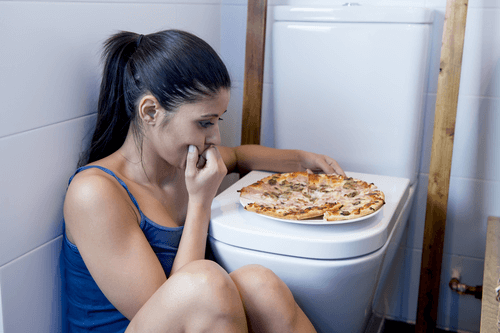
- Arthritis

- Pancreatic Cancer

- Anhedonia: Does the chronic inability to feel joy affect you too?

- Xylitol : Is this the right sugar substitute for you?
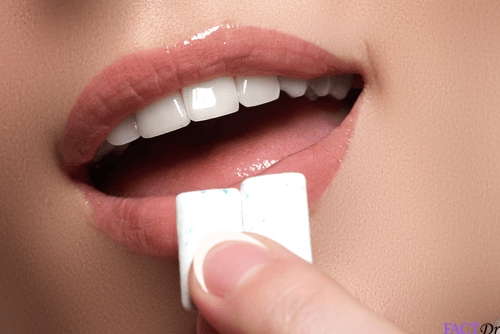
- Paleo vs. Keto: Which diet plan is best suited for your body goals?
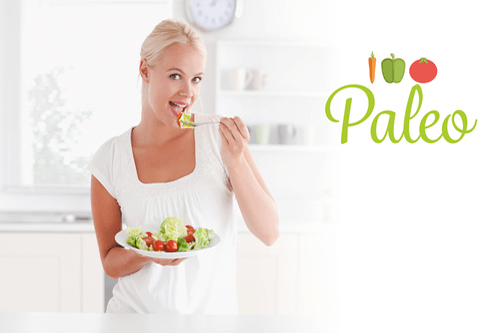
- Premature Birth

- Ovarian Cysts
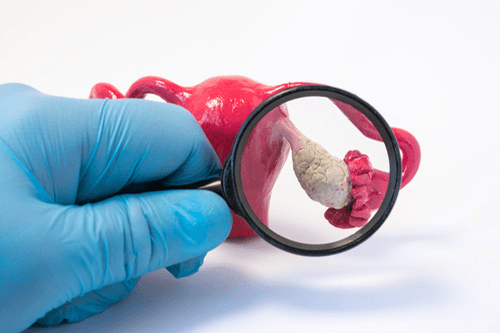
- 5 most effective ways you can lose those pregnancy pounds!

- Autonomic Dysreflexia

- Calluses

- Cystatin C Test
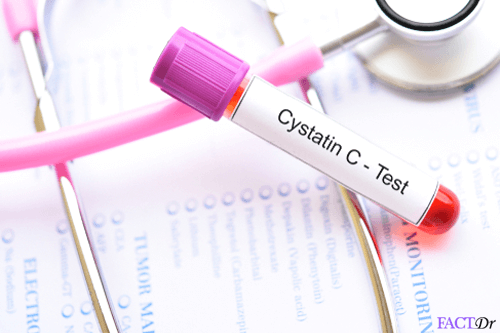
- Eating Disorders

- Erythritol: A healthy sugar substitute or yet another marketing ploy?

- Osteoporosis

- Hypotension

- Lung Diseases

- Bromelain: 11 reasons why you should start adding pineapple to your pizza!
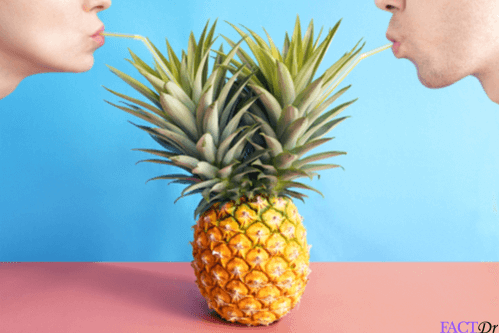
- Diverticulitis
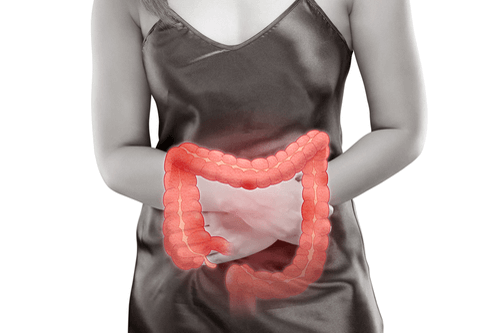
- CrossFit: Now get the perfectly sculpted body with this explosive gym routine

- Acid Reflux & G.E.R.D.

- 10 health reasons why you should go “bananas” over bananas!
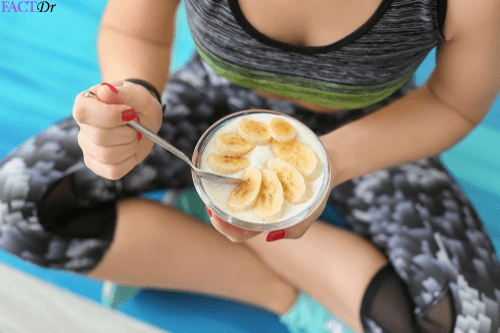
- Deafness
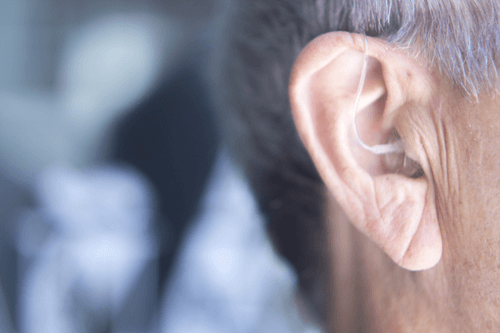
- Ashwagandha: The best-kept secret of Ayurveda now revealed!
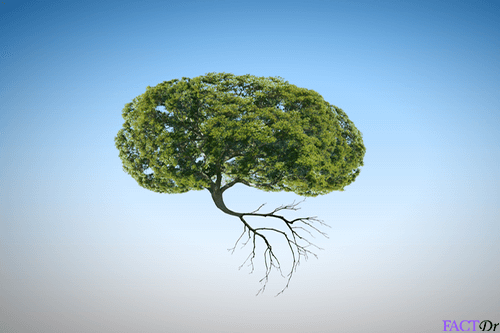
- Undescended Testes
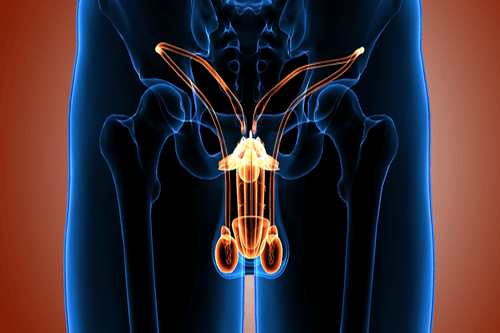
- Alcoholism
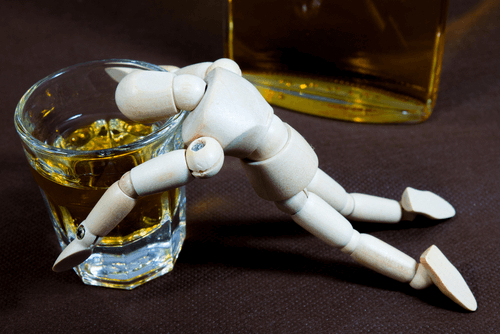
- LDL Cholesterol
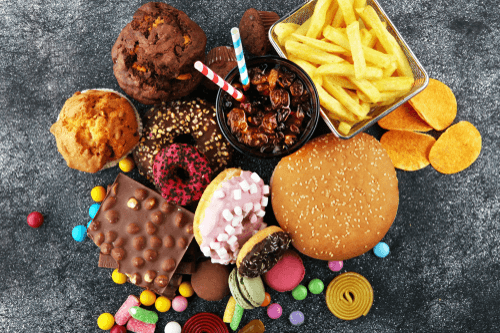
- Cordyceps: How the Caterpillar fungus works as a proven cancer-shield
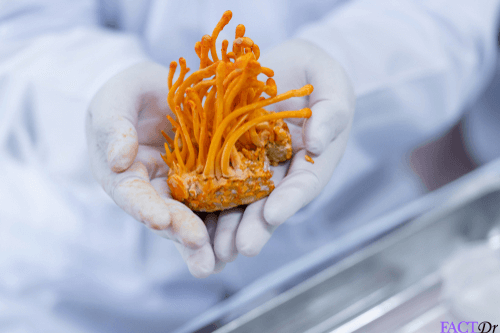
- Avian Flu
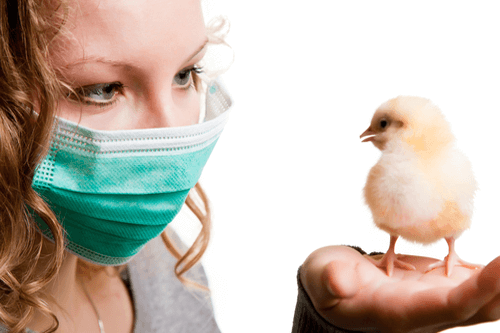
- Low carb diet : Go high on fats and low on carbs for a leaner body!
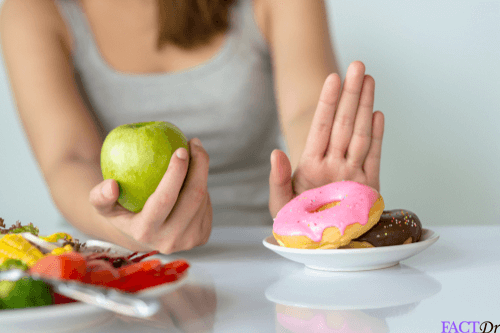
- Trigeminal Neuralgia

- Cervical Cancer
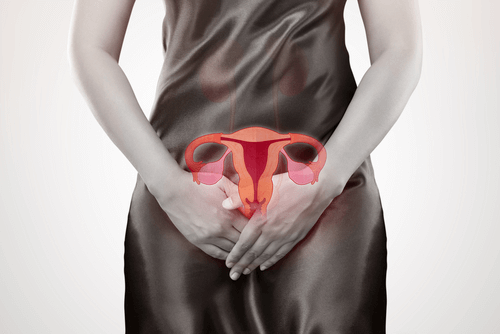
- Teething

- Love tea, hate tannins? Rooibos tea is just what you need
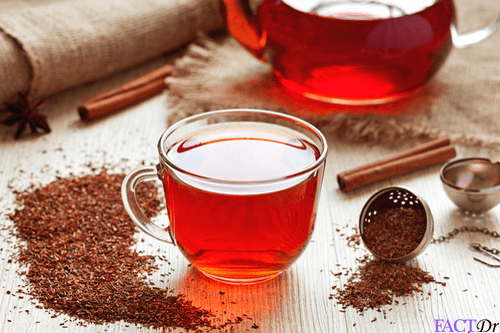
- Ankle Osteoarthritis

- Osteopenia
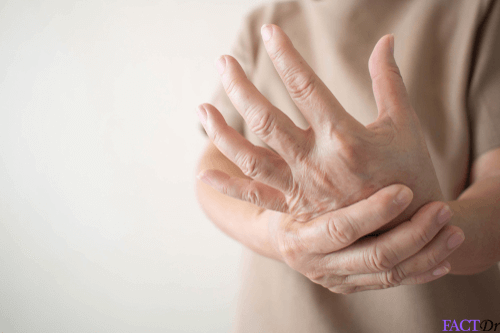
- Levocetirizine
- Dyslexia

- Measles

- Weight gain

- Scoliosis
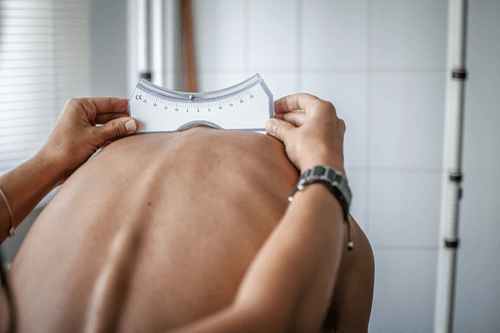
- Akathisia

- Epilepsy

- Brucellosis

- Urinary Problems

- Cardiac Tamponade
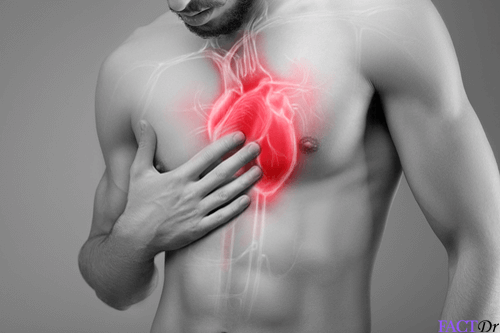
- Urinary Tract Infections
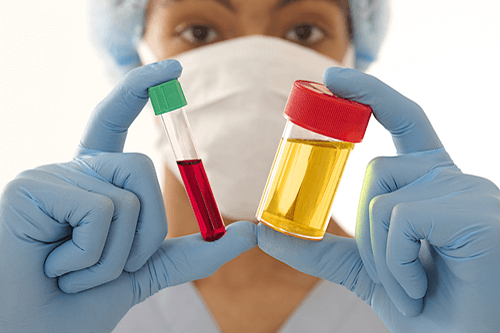
- DOMS (Delayed Onset of the Muscle Soreness)

- Botulism

- TMJ – Temporomandibular Joint Dysfunction
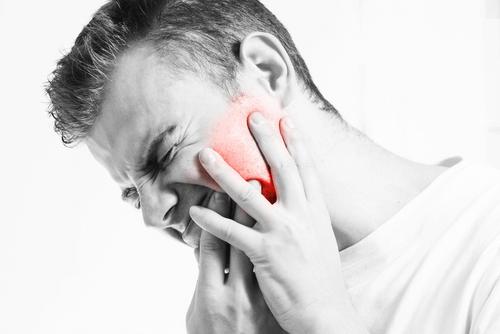
- Sinusitis

- Addiction explained: An obsession that could cost you your life

- Scarlet Fever

- Whooping Cough
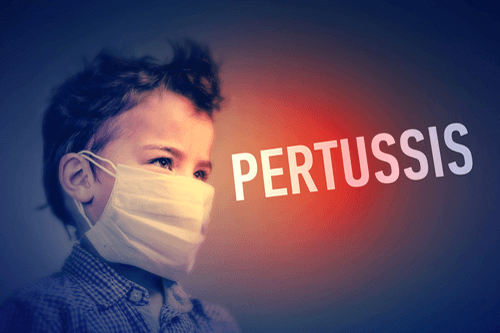
- Anti-Streptolysin-O Test
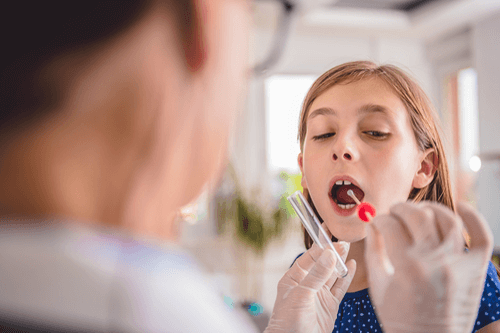
- Hepatitis A Virus (HAV) Total

- Cayenne: The remarkable benefits of these red hot chili peppers
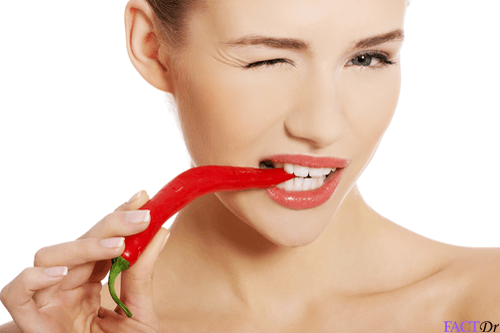
- Mitral Valve Prolapse

- Joint Pain

- Burns
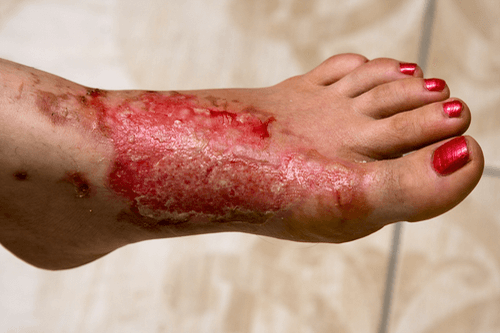
- Dysphagia

- Don’t choose pain: 10 truths about your back ache (and how to get relief)

- Atkins Diet: The right steps to carb control that can help you lose those pounds fast

- HB1Ac Test

- Prostate Cancer
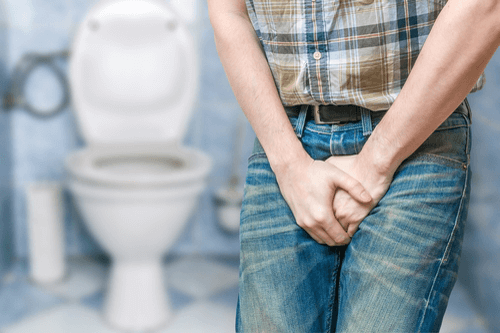
- Huntington Disease
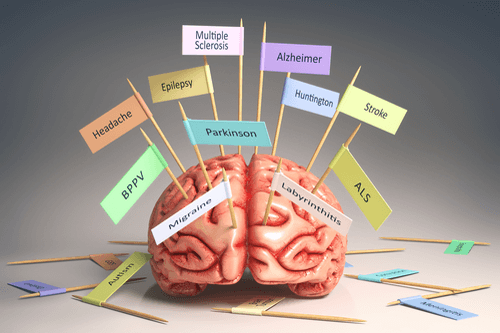
- Missed Period

- Memory Loss

- Cystic Fibrosis

- Cardiac Arrest

- Restless Leg Syndrome

- Gingivitis

- Kefir: Top reasons why this probiotic drink should be consumed by you

- Hysteroscopy
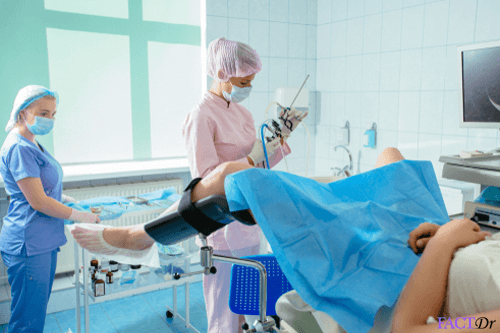
- The complete “what to eat” guide for gluten intolerance
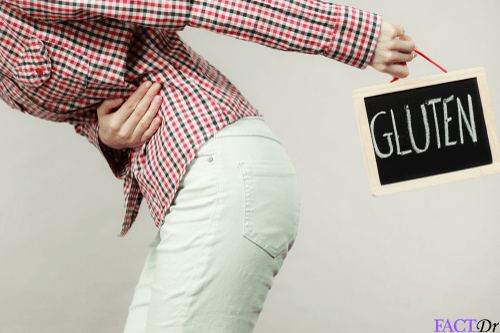
- Herniated Disc
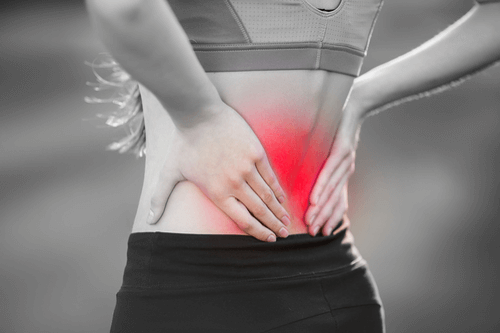
- Bacterial infections

- Amitriptyline

- Thyroid Nodules

- Brainstem Strokes
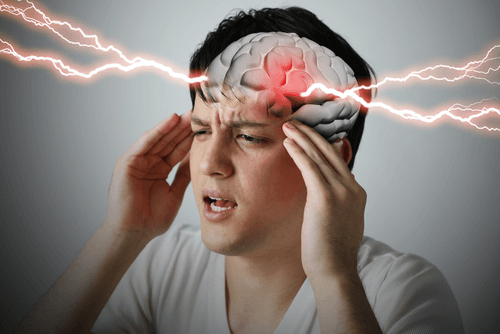
- Manic depression

- Dehydration

- How to correctly perform nasal irrigation using a Neti Pot?
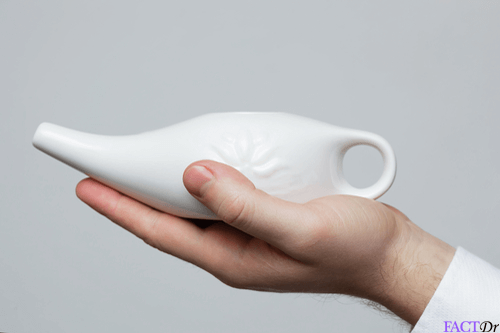
- Typhoid

- Ankylosing spondylitis

- Constipation

- Bed Wetting In Children

- Liver Cirrhosis
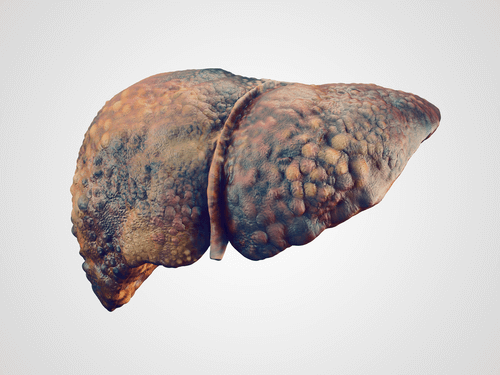
- Tart Cherry: The healthiest excuse for taking that second serving of pie

- Pelvic Pain
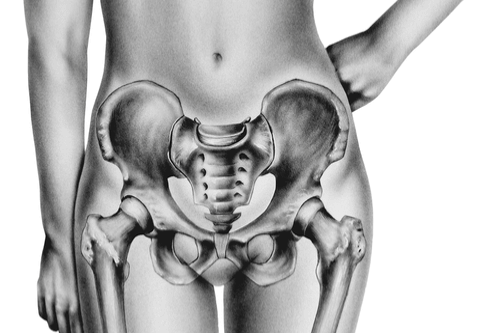
- 10 reasons why you might be waking up tired

- Multiple Myeloma
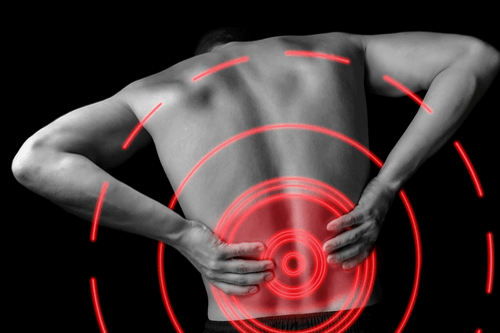
- H. pylori Infections

- Dry cough

- Childhood Leukemia

- Top natural diuretics: The instant benefits you can get from nature’s water pills
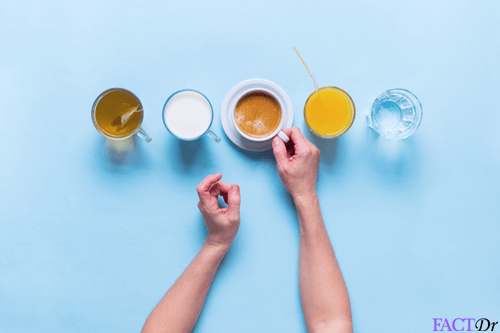
- Thalassemia
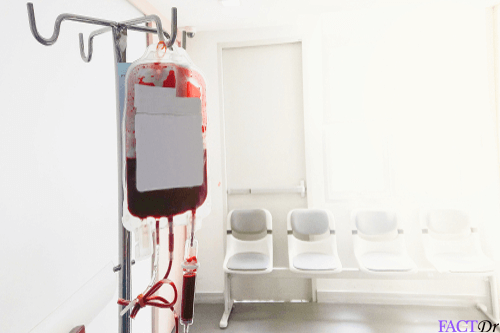
- Fibroids

- Kawasaki Disease

- Substance Abuse

- Angina

- Ectopic Pregnancy

- Bone fracture
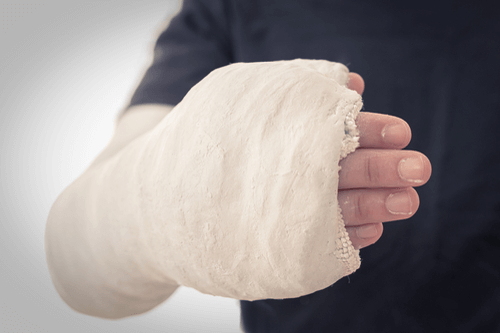
- Obsessive-compulsive personality disorder

- 8 ‘healthy eating’ myths you believed until now
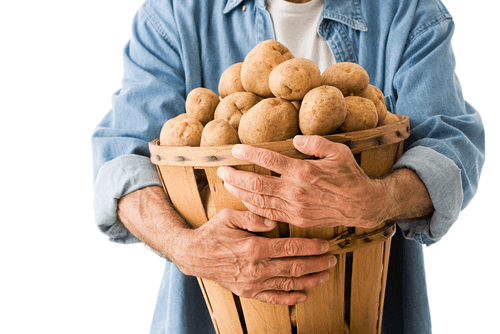
- Herpes Simplex Virus I (HSV)-IgG Test
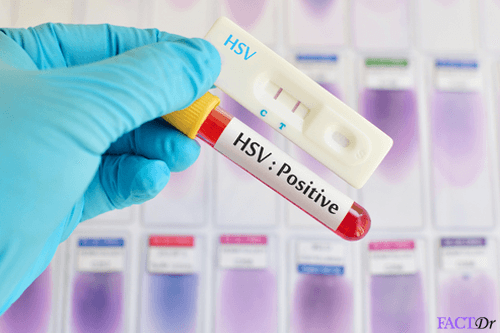
- Sociopaths: How to identify the ones lurking around you?

- Anal fistula

- Avascular Necrosis
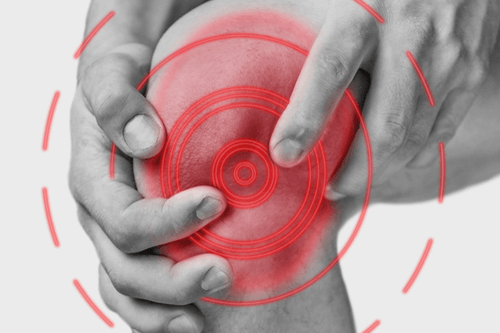
- Bipolar disorder

- Growing Pains

- Diplopia
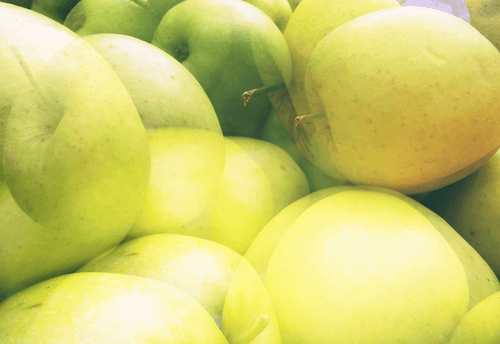
- Mono In Teens

- How can Kegels help you overcome weak pelvic muscles & incontinence?

- Heart Diseases
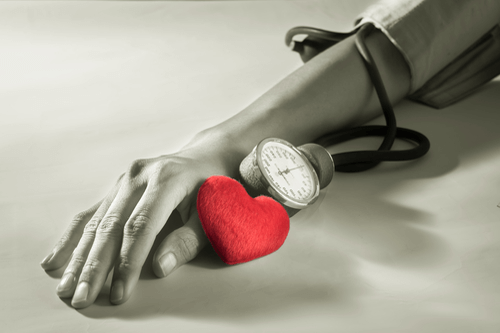
- Tinnitus

- Glucose-6-Phosphate Dehydrogenase (G6PD) test
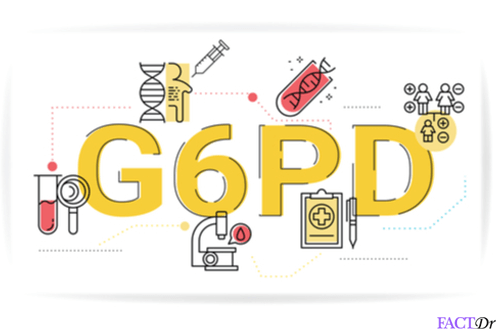
- Coma
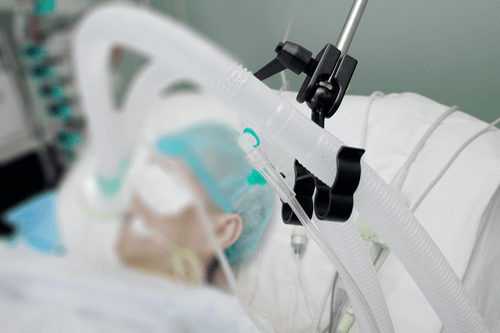
- Cauda Equina Syndrome

- Thrombophilia
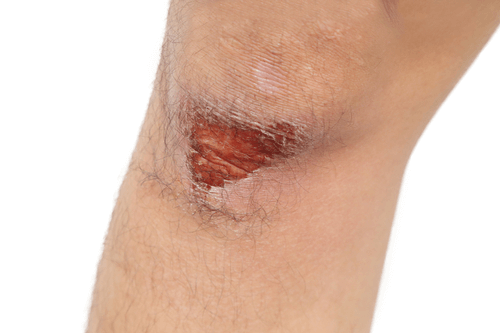
- Epidermodysplasia Verruciformis

- Mononucleosis
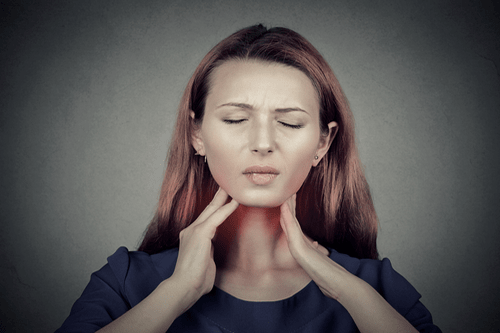
- Baldness

- Gabapentin

- Bladder training
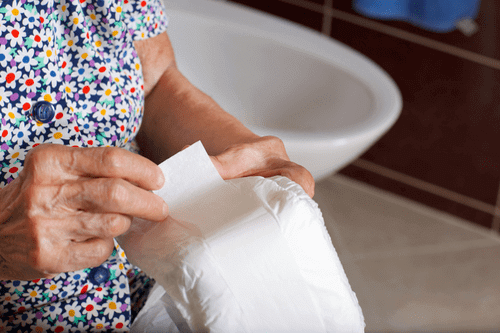
- COPD-Chronic Obstructive Pulmonary Disease

- Back Pain
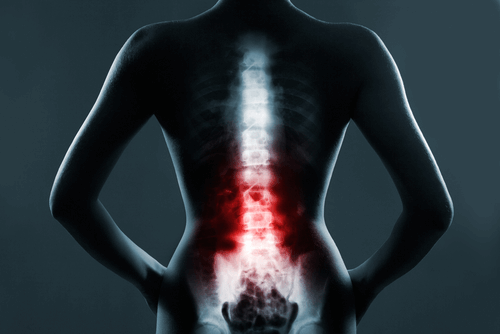
- How to beat the common cold, flu, and sinus infection instantly?
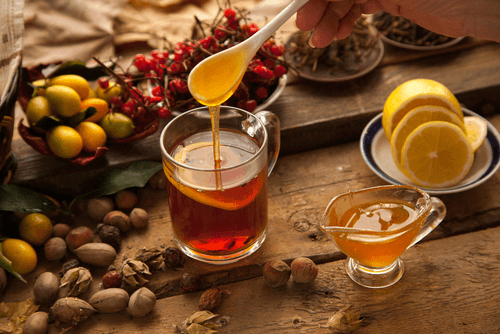
- Lazy Eye

- Eczema

- Stomach Flu
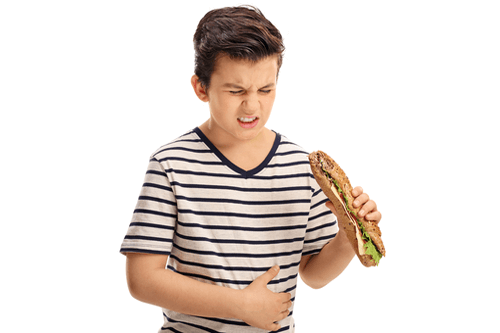
- Anoscopy
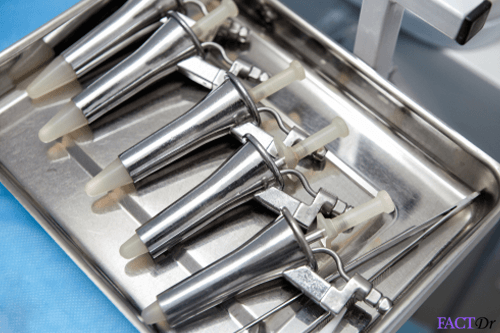
- Fevers

- Arrhythmia
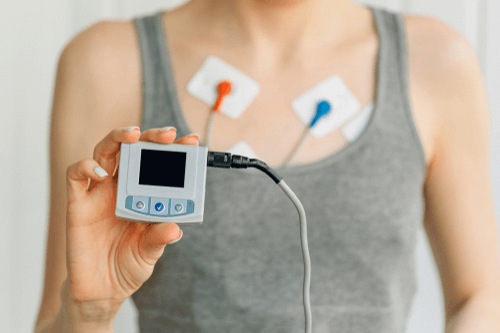
- Bacterial Vaginosis
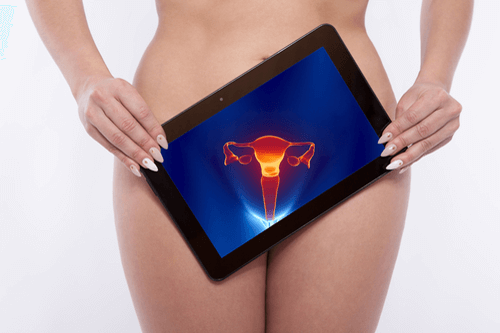
- Gout Diet : Get relief from painful joints by eating these foods

- A few facts about Carcinoid syndrome
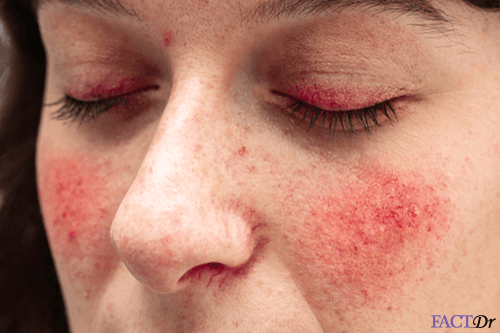
- Stevia: A healthy sugar substitute or yet another risky additive?
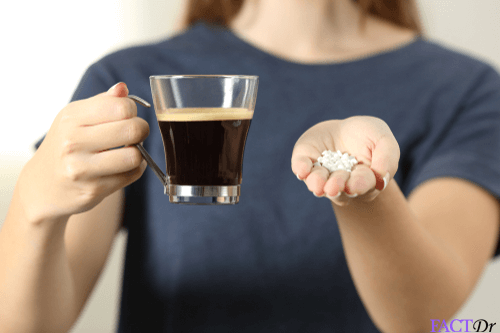
- Anaphylaxis
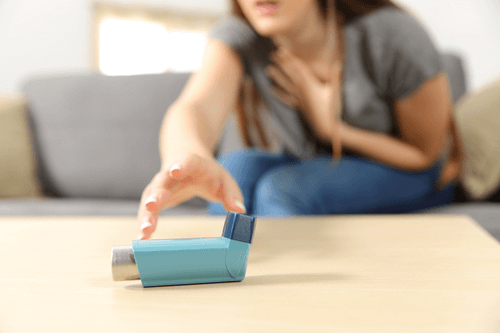
- Skin Cancer
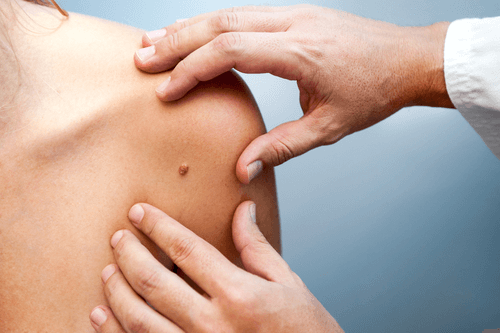
- Agave nectar: The bitter truth about this sweetener revealed

- Deficiency & Developmental Disorders: A Complete Guide to Best Remedies
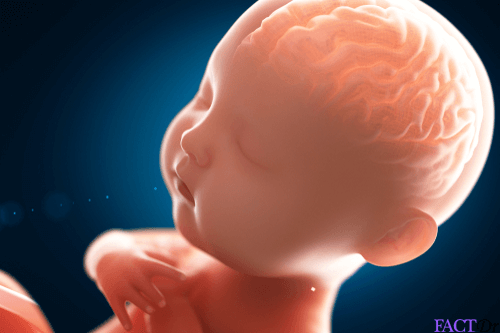
- Cholesterol Management
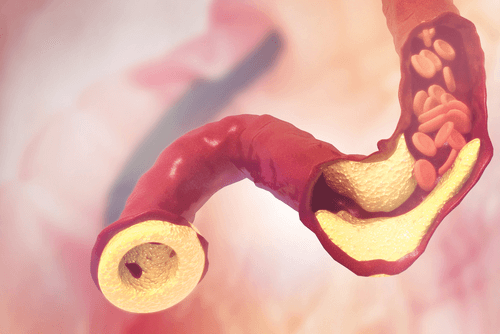
- 8 reasons why you should grab a bottle of water now!

- Spina Bifida

- Stop hitting the snooze button: 8 proven steps to perfect sleep

- Spirulina: Battle diabetes and cholesterol with this blue-green algae
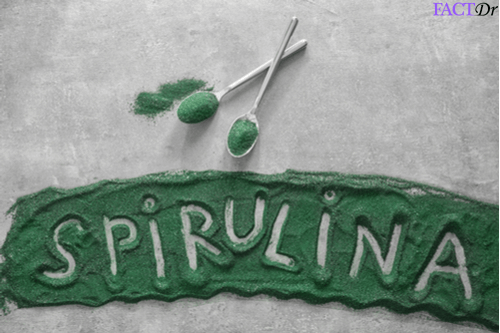
- Tension headaches
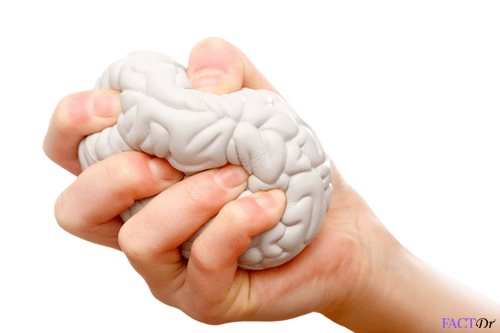
- 10 healthy habits: Have a hearty kick-start to the New Year!

- Actinic Keratosis

- Low Birth Weight
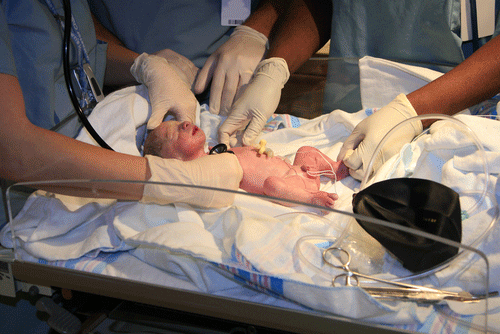
- Bone Marrow Biopsy

- Asthma

- Infections

- Metatarsalgia

- Iron Deficiency Profile
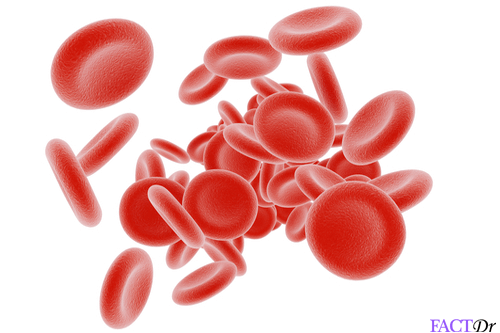
- Heartburn: What are the exact symptoms and the best home remedies?

- Lower Back Pain
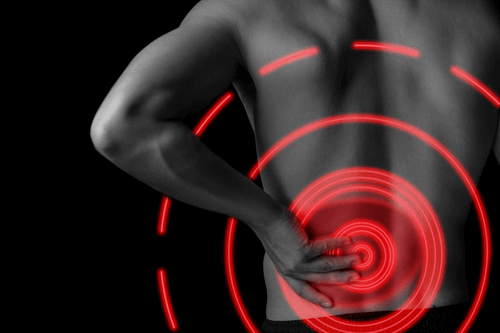
- Morning Sickness

- Manuka Honey: What is it and why should you choose this over regular honey?

- Did you know drinking alkaline water could be the healthier choice for you?

- Stuttering

- Pap Test: An accurate test that can predict the onset of cervical cancer

- Autism

- Cluster headache

- Gallbladder surgery :Tips on post-operative care and diet

- Heavy Periods
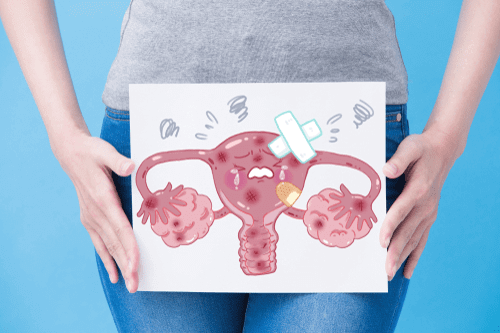
- Juvenile Macular Degeneration

- Narcolepsy

- Subarachnoid Hemorrhage
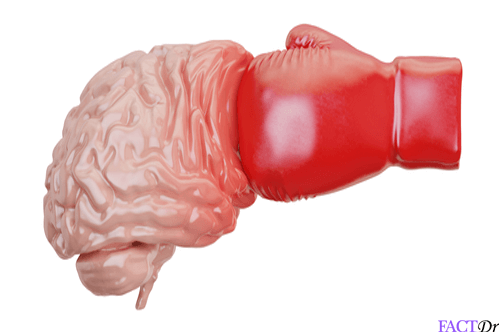
- Bunions

- Knee Pain

- Cardiac Tamponade
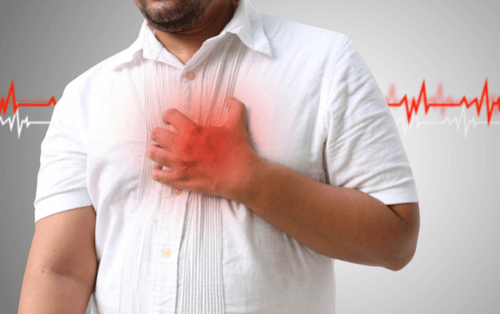
- Fluoride: An indispensible mineral or a potential toxin ?
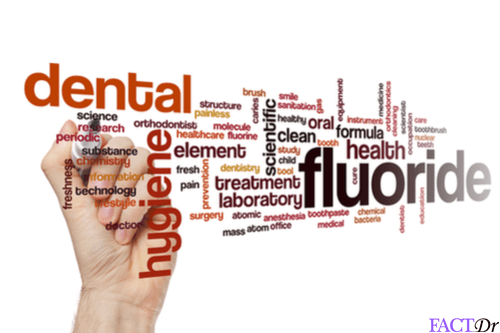
- Anti-Social Personality Disorder

- How can berberine supplements help you live longer and healthier?

- Edamame: How healthy are these green baby beans?
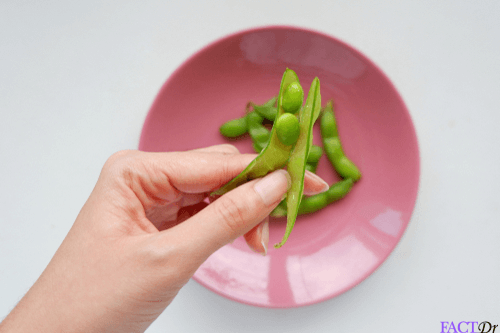
- Bulletproof Coffee – Breakfast of champions or yet another health fad?

- Top reasons why you need to pay attention to your vitamin B6 intake
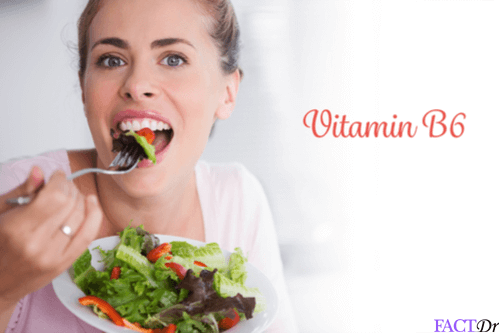
- Preeclampsia
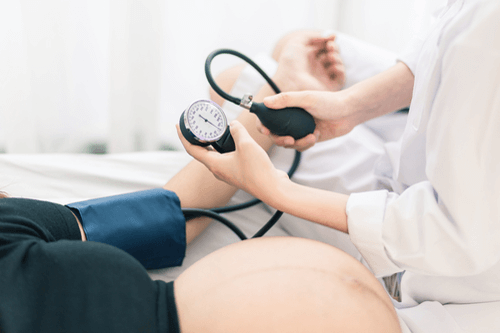
- Malaria
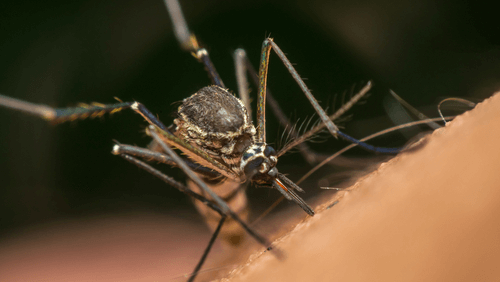
- Breast Cancer
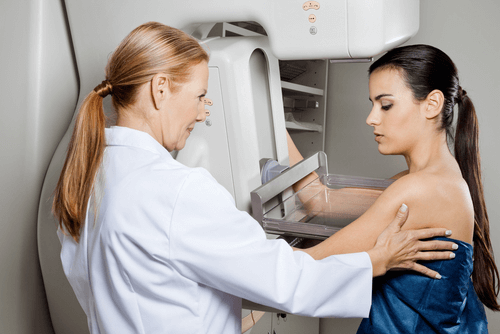
- Colorectal Cancer
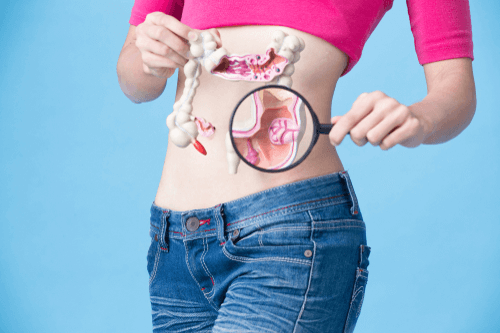
- Menstruation

- Muscle relaxers: Think twice before popping prescription drugs for muscle pain
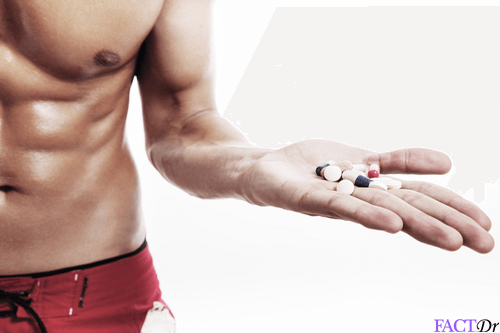
- Beginner to Tai Chi? Find the right way to perform this exercise for best results

- Gout
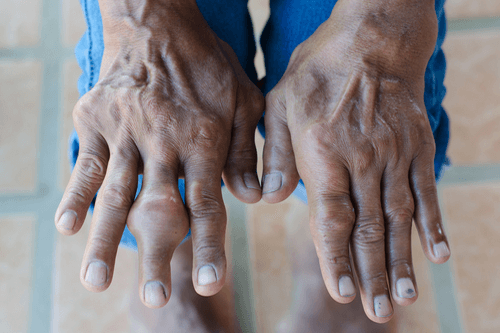
- The right way to prepare Alfalfa sprouts at home
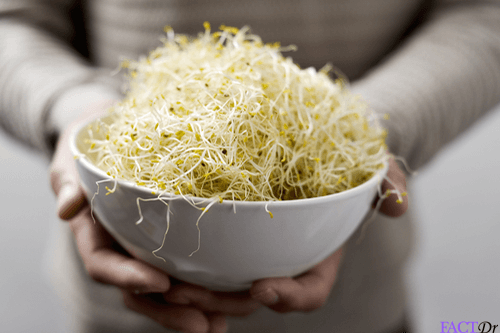
- Sunburn

- Asbestosis

- Lung Cancer

- Myelodysplastic Syndromes

- Okra: How can this nutrient-dense vegetable help you fight diabetes?

- Bradycardia

- Jet Lag

- Dandelion: Little parachutes of health and wellness for your whole body

- DHEA: Now get unbelievable age defiance with this wonder hormone!

- Mosquito Bites

- Cerebral palsy

- Find all the instant ways to get rid of blackheads

- Bloating
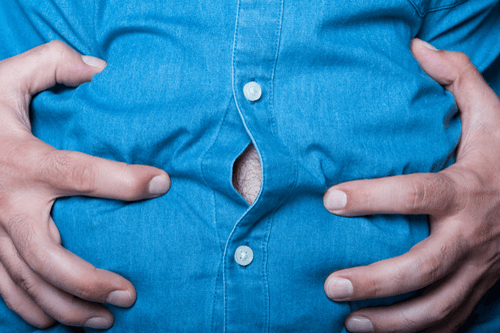
- Ataxia

- Keratosis Pilaris

- Binge Eating Disorder

- Melanoma
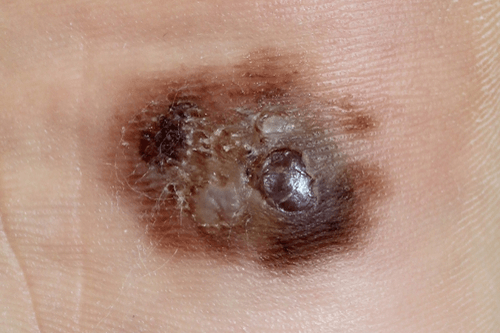
- Amnesia

- Borderline Personality Disorder

- Hydroxycut: How safe are these so-called weight loss supplements?

- Sore Throat

- Hair Loss

- How cooking with CLA safflower oil can help you lose weight?

- Brain Diseases
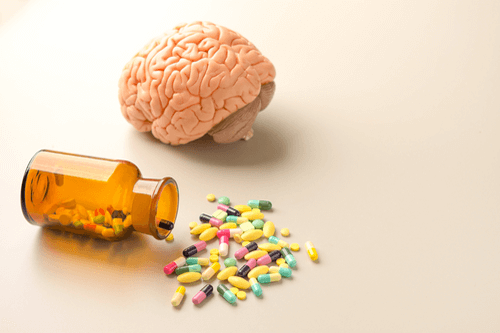
- Acute Lymphoblastic Leukemia

- What is Qigong and how can it help you channelize you inner “Qi”?

- Lymphadenopathy

- Ankle sprain

- Bronchoscopy
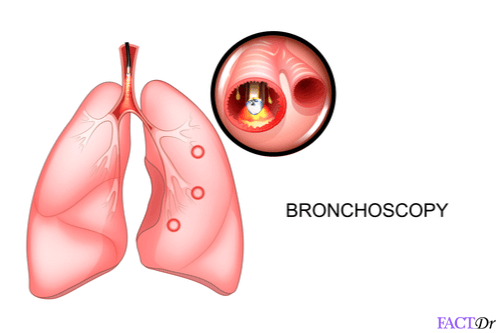
- Toxic Shock Syndrome
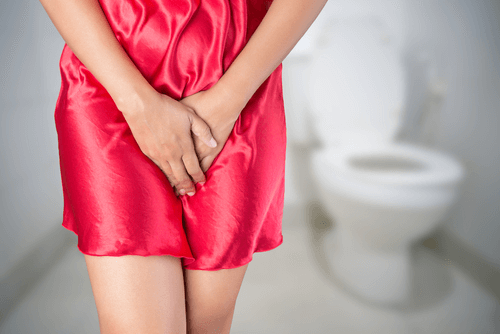
- Quinoa : A prodigious superfood you need to include in your diet today!

- Pulmonary Embolism

- Frostbite

- Gastroenteritis
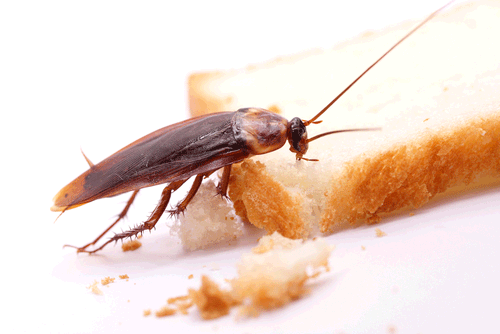
- Vomiting

- Type 2 Diabetes
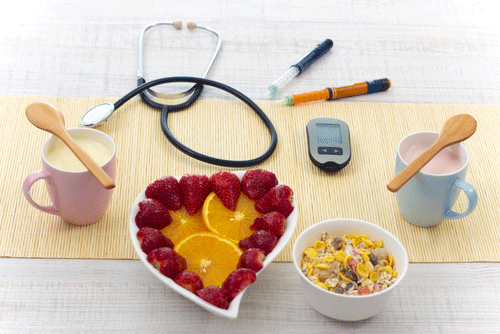
- Black Seed Oil: What secret benefits could it bestow on your health?
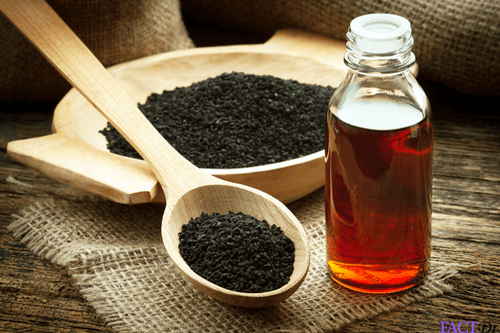
- Septic Arthritis
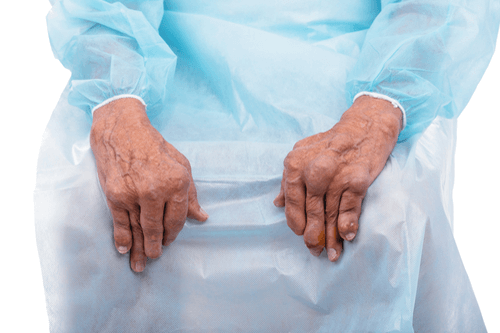
- Heart failure
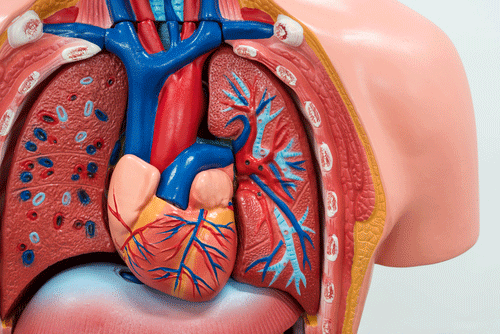
- Valerian Root: The best way to achieve tranquil sleep every night

- Inversion Therapy: The anti-gravity way of healing chronic back pain

- Ulcerative Colitis
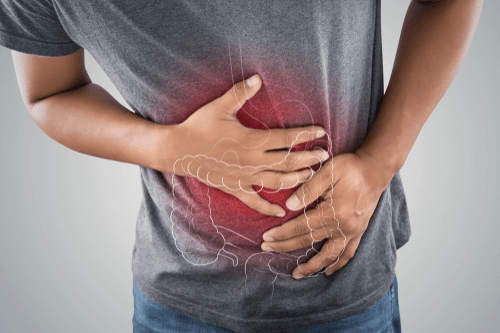
- Hypothyroidism

- Vertigo

- AIDS

- Exertional headache

- Cavities
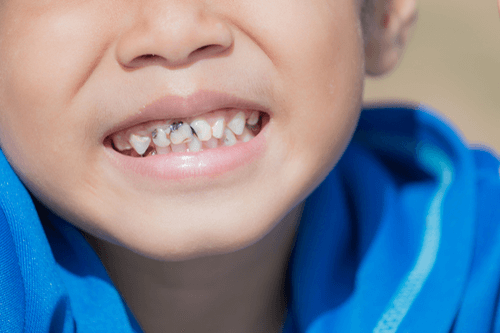
- Heel spurs
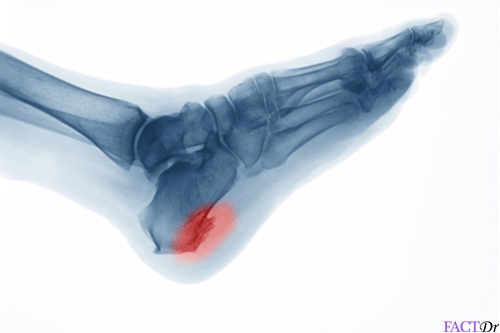
- Carpal Tunnel Syndrome
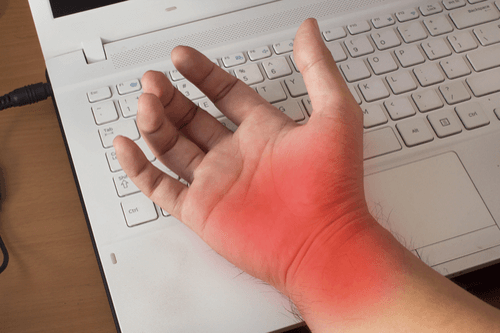
- Sleep Disorders

- Tachycardia
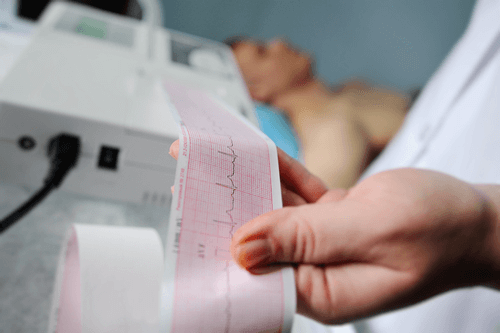
- Halotherapy: How inhaling salt can work wonders for your body
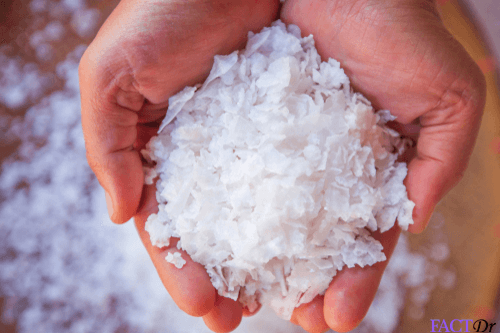
- The best and safest ways to treat rosacea

- Vital Organs & their diseases: A Complete Guide to Best Treatment and Remedies

- Phenytoin test

- Leptospira-IgM Test

- Your Complete Guide to Preventing Birth Defects

- Sciatica pain relief: Get rid of the pain with these easy daily tips
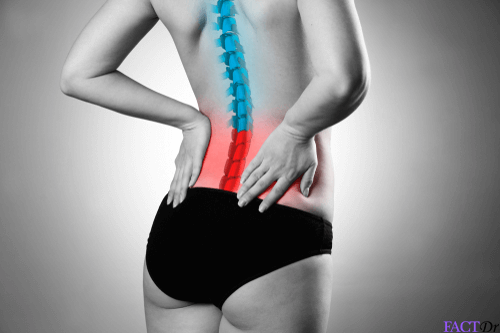
- Anal fissure

- Male pattern baldness

- Cancer
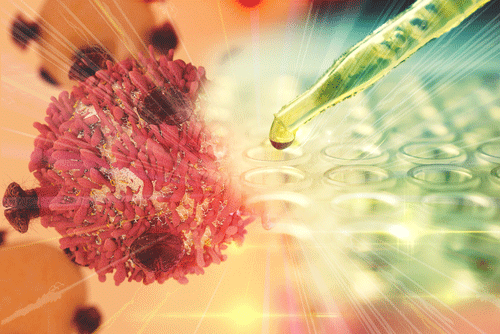
- Psoriatic Arthritis
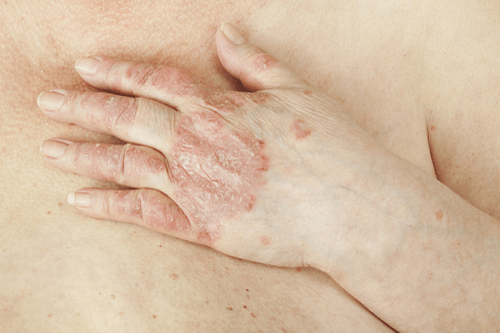
- Himalayan salt lamps: Do you want to bask in the pink glow of health?
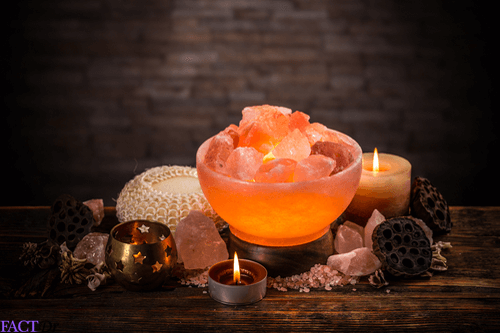
- Miscarriage
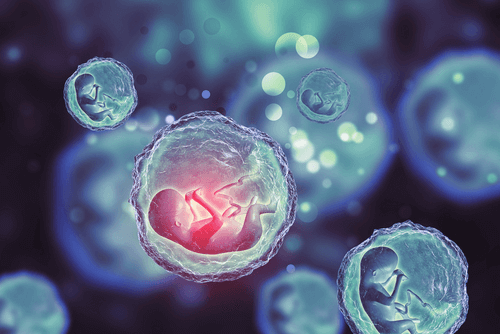
- Hot cups for detox? Read all about the ancient technique of cupping

- Spinal Fracture
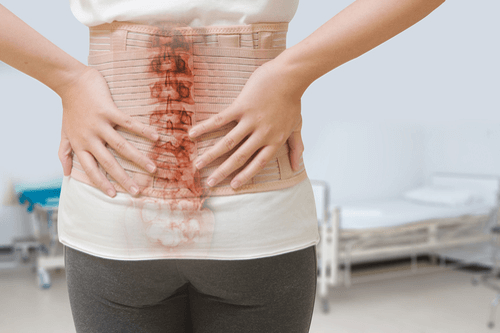
- Apolipoprotein -A1 (APO-A1) Test

- Bad Breath

- Plexus Slim: Is this pink slimming drink the ultimate one-stop fat burner?

- Hyperemesis Gravidarum

- Ezekiel Bread: How to make the “world’s healthiest bread” in your own kitchen
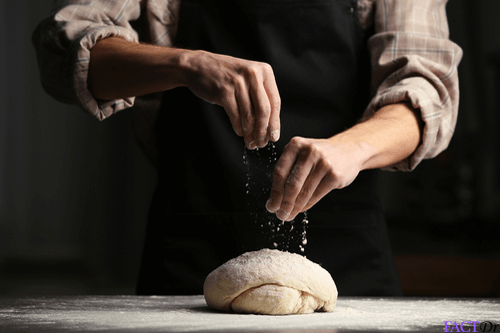
- 25-Hydroxy Vitamin D test
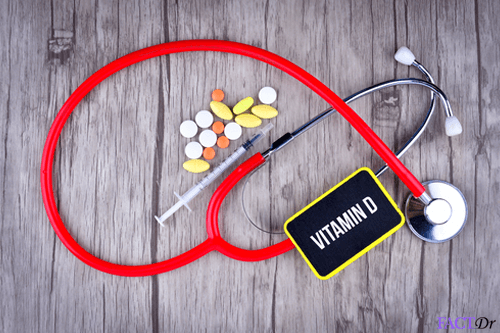
- Gas
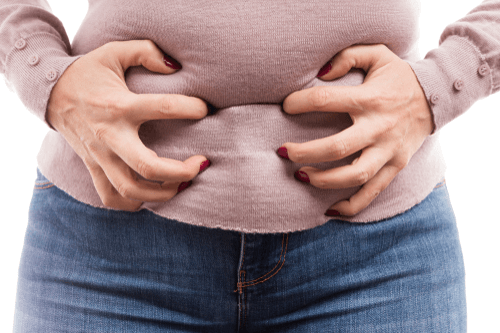
- Neuropathy
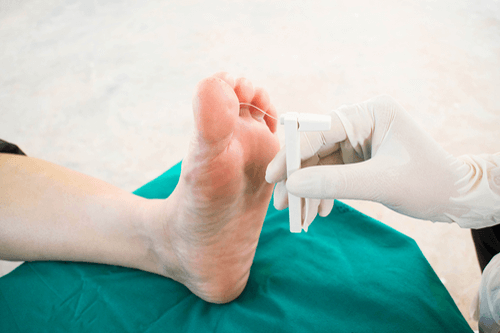
- Cold and Flu
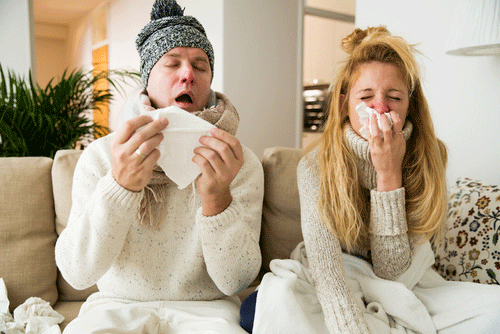
- Krill Oil: Does the solution to human illnesses really lie at the depths of the ocean?

- Insomnia

- Oxidative Stress: Understanding the most lethal phenomenon happening in your body right now

- TMJ – Temporomandibular Joint Disorders

- Exercises or diet? Find out the healthiest way to gain weight

- Leukaemia

- Chronic Lymphocytic Leukemia

- Ovarian Cancer

- Winter skin hazards
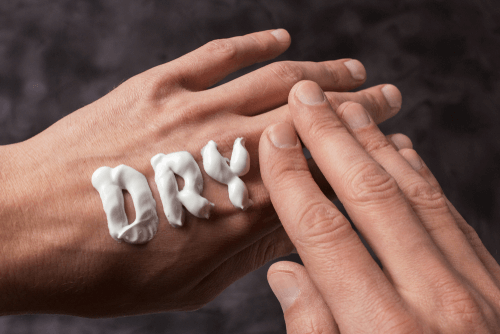
- Leprosy

- Throat Cancer

- Hemp Seeds: The actual science behind this controversial crop
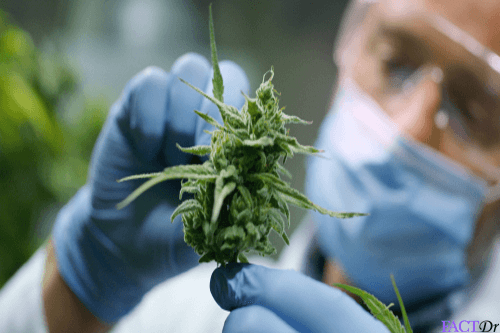
- Omeprazole

- Amyotrophic Lateral Sclerosis (ALS)

- Colic

- Support and care tips for helping people with depression

- Dental Care

- Amaranth: Why is this native Peruvian grain called the “crop of the future”?
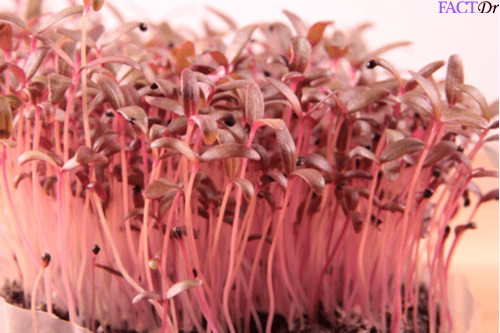
- Fructosamine Test
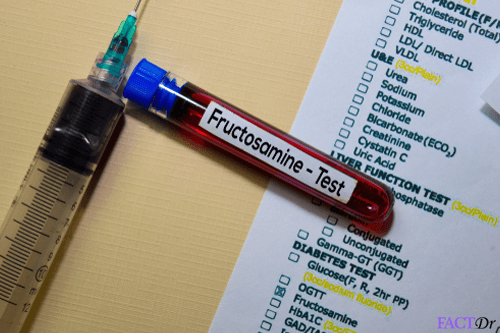
- Multiple Sclerosis
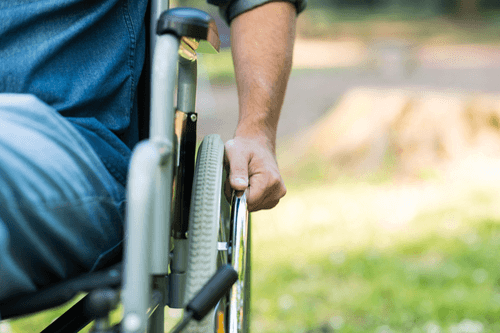
- Rett syndrome

- Easy steps on how to do the plank for the perfect abs

- Beware of these common foods that cause high bodily inflammation!
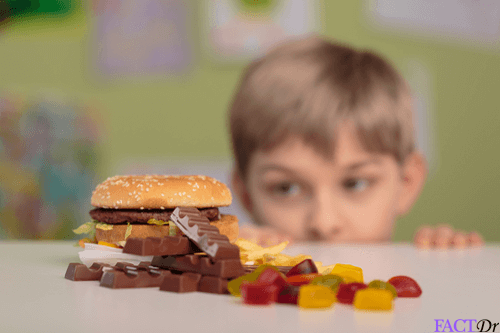
- Dizziness

- Drug Overdose
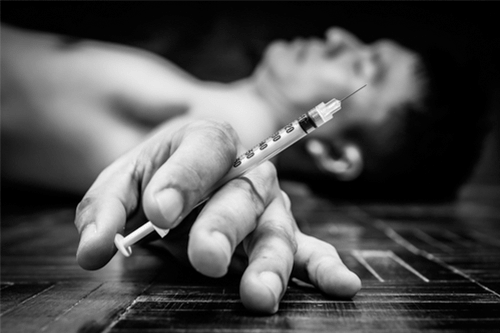
- Croup
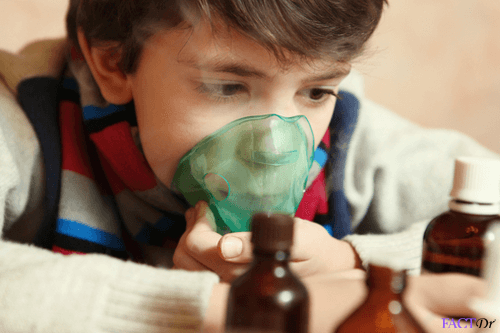
- Lipase Test
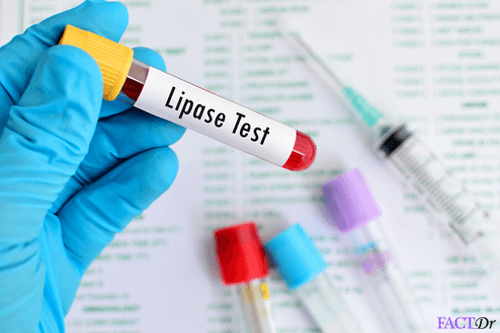
- Anxiety and Panic

- Facial Hair

- Ménière’s Disease
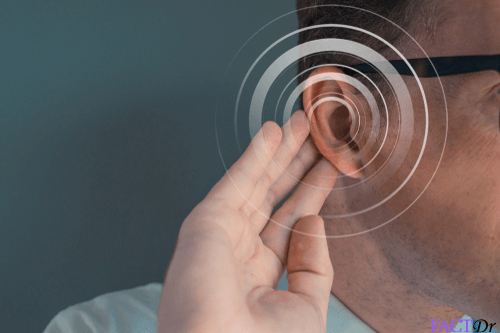
- Cataracts
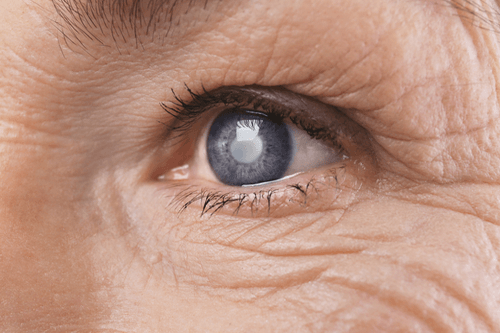
- Alzheimer’s

- Avocado: 15 reasons why this fruit should be a staple in your diet
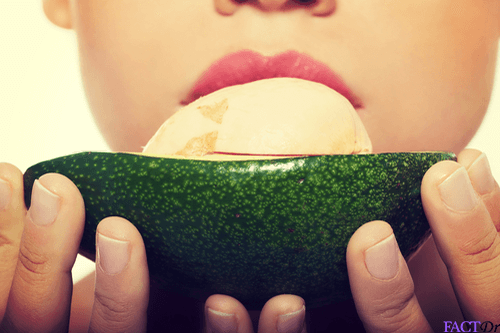
- Tennis Elbow

- Anti-Chlamydia Antibody -IgG Test
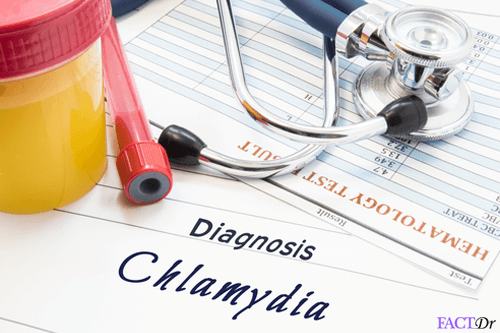
- Biotin: One-stop-shop for shiny hair and an active body!

- Coughs

- Menopause
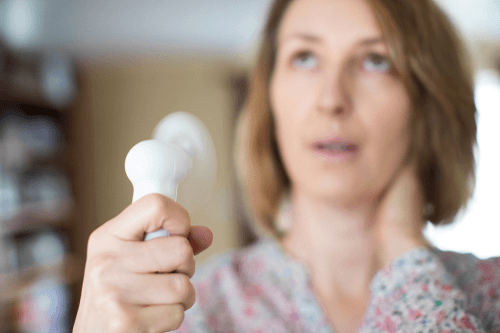
- Seborrhoeic Dermatitis

- Bruxism

- Acute Myeloid Leukemia

- Creatine: Is this the right peak athletic-performance supplement for you?
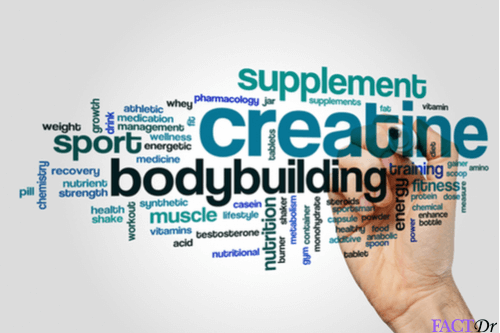
- Hiccups

- Acne
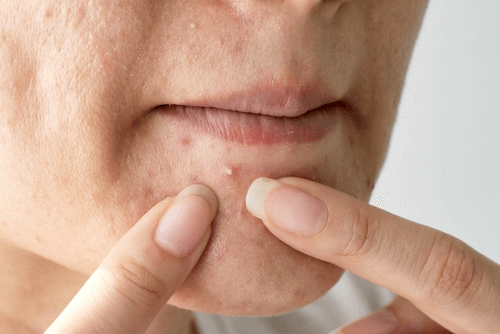
- 5-htp: Is this the ultimate cure for those pesky migraines attacks?

- We bet you didn’t know that turmeric could be this beneficial!

- Air Fryer: The ultimate savior of fried food addicts!
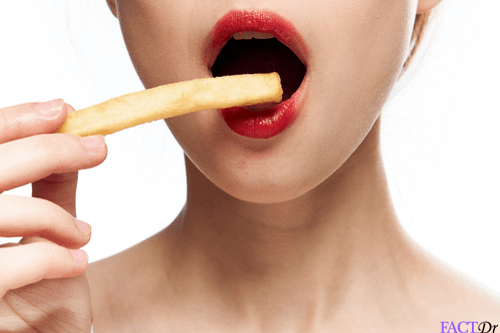
- Sciatica

- Encephalitis

- 6 arguments in favour of glucosamine and where can you find it
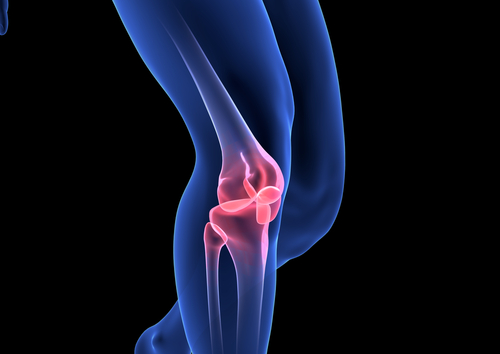
- Inflammatory Bowel Disease

- Vitamin D Deficiency

- Stroke
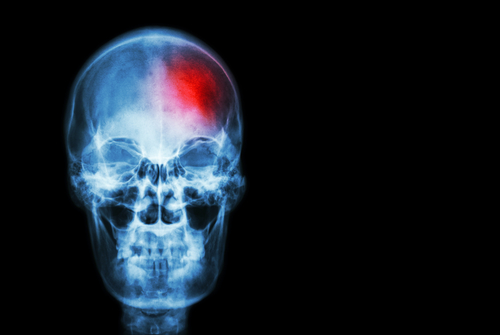
- Sensory diabetic neuropathy
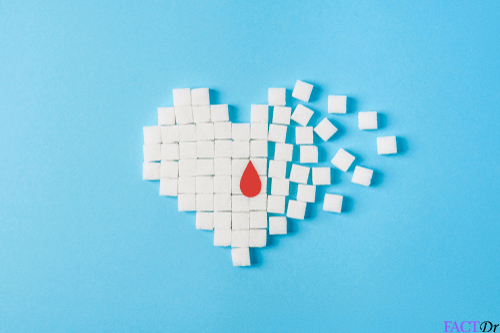
- Diabetic Profile

- Allergies

- Fibromyalgia

- Night Terrors

- Beware: Ignoring these tell-tale signs of stroke could cost a life

- Achilles Tendon Injuries
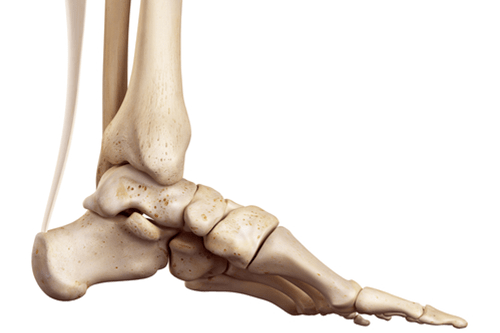
- Schizophrenia

- Transient Ischemic Attack

- Testosterone: And you thought it was just brawns and sex drive

- What are the top 10 deadliest diseases and what is causing them?

- Heel Pain

- Hibiscus: Nourish your beauty and health with these vibrant blooms

- TSH Test – Thyroid Stimulating Hormone
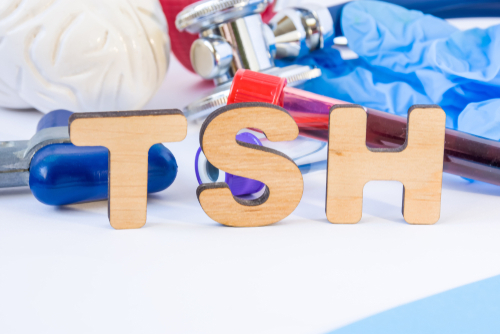
- Whiplash

- Colloidal silver: An essential dietary supplement or yet another pharmaceutical hoax?

- Listeria
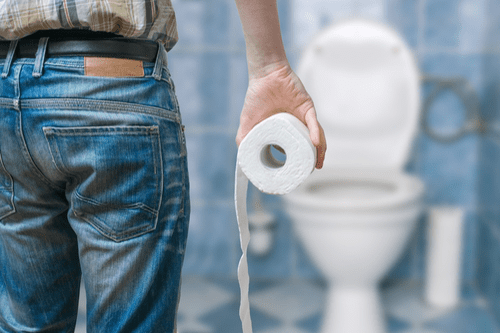
- Valproic Acid Test

- Fanconi anemia

- Summer Skin Hazards

- Stages of wound healing

- Glutamine: Why is this the right choice for muscle-gain supplement?
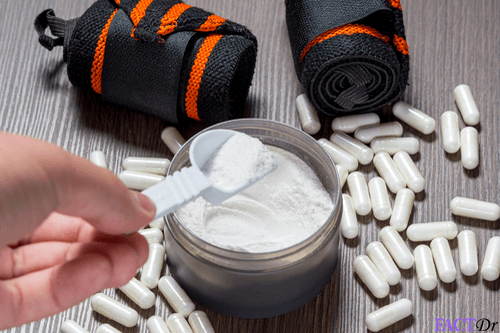
- Water Fasting: What are the pros and cons of this practice?

- Attention Deficit Hyperactivity Disorder in Children

- Malaria Antigen Test

- Heat Stroke

- Tremor

- Parkinson’s Disease
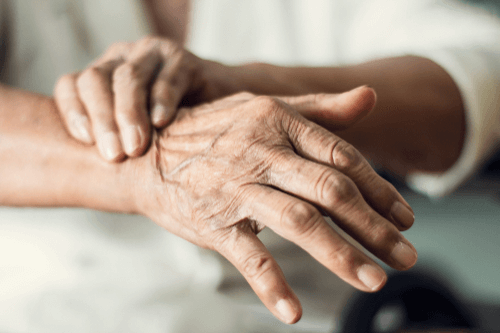
- Inositol: The multitude of benefits this single vitamin can bestow!
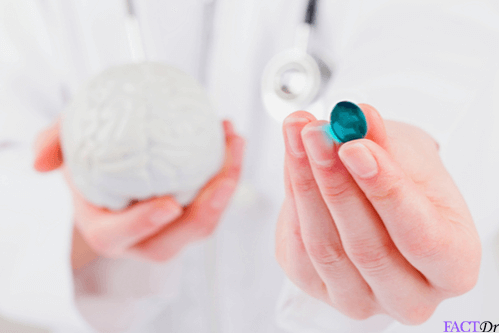
- Green, brown, & bitter: The instant advantages of including fenugreek in your diet
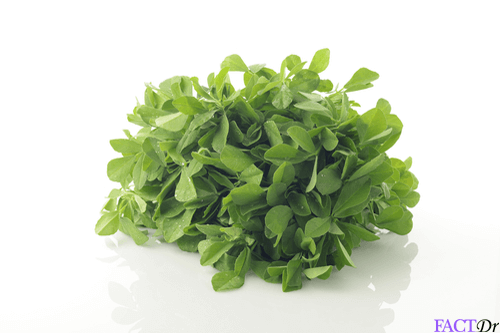
- ACL Injury

- Plague
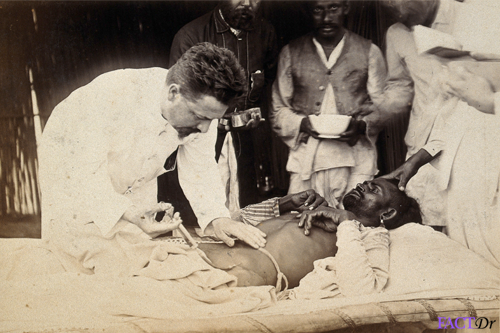
- Chest Pain
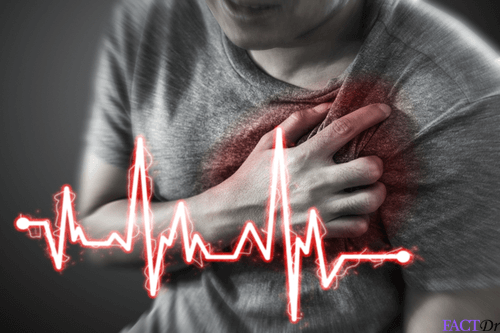
- Chikungunya Fever

- Inhale oxygen, exhale worries: The top breathing exercises and how to perform them

- Premenstrual Syndrome (PMS)

- Polio

- Vaccines

- Hemorrhoids

- Aortic Dissection

- Pilonidal sinus

- Hypertension
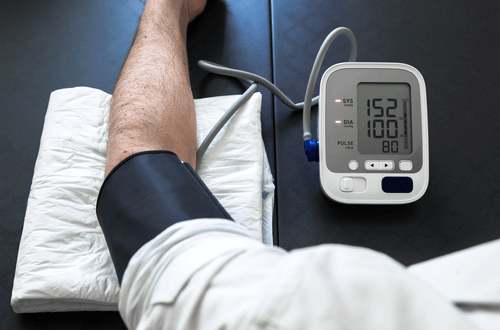
- Vitamin B12: The unknown repercussions of this nutrient deficiency

- Brain Arteriovenous Malformation

- Is it possible to achieve full body detox with Master Cleanse?

- Antiphospholipid Antibody(APL)-IgM test

- SARS
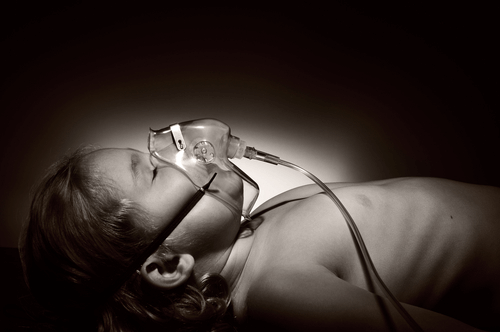
- Low progesterone: The dangers of this hormonal imbalance and how to correct it

- Spondylitis
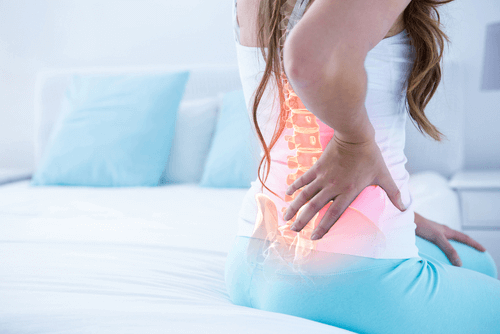
- Shilajit: A miracle Himalayan herb for an active and happy life

- Atorvastatin
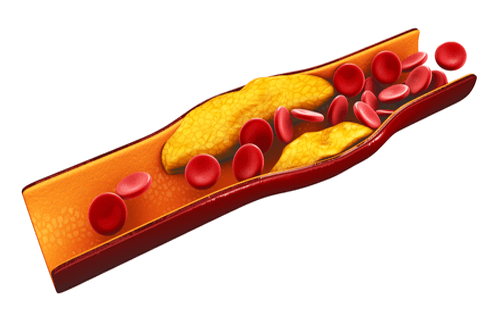
- Psoriasis

- Pantoprazole

- Circumcision

- Microneedling: Does this cosmetic procedure live up to the hype?
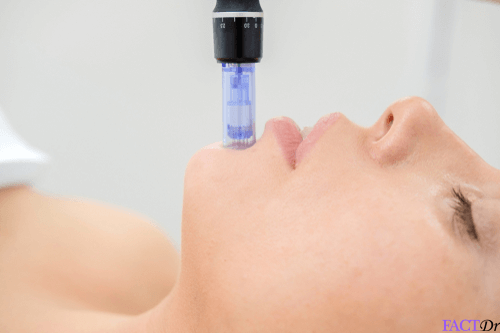
- Iron-Rich Foods: Eat these foods to keep fatigue and anemia away!

- Apple cider vinegar: Weight loss, shinier hair, and more!
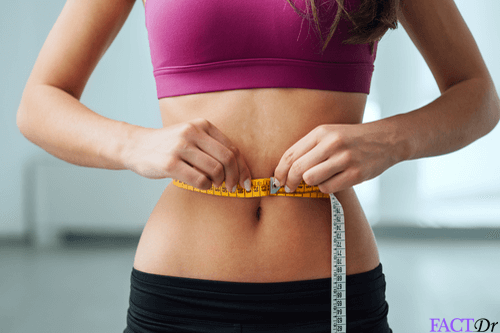
- Latest findings on Kombucha; a teacup full of yeast and bacteria

- Anthrax

- Lauric Acid: 8 health benefits you can derive from coconuts

- Prostate-Specific Antigen (PSA) Test
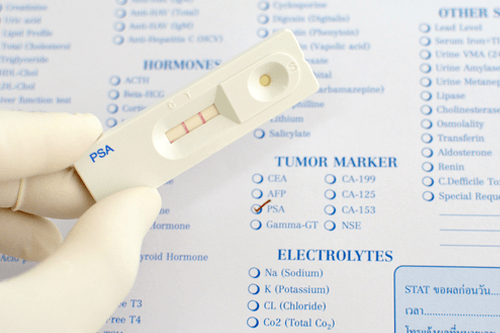
- Your Complete Guide to Oral health: Best supplements for your teeth & gums

- Oil of Oregano: The one-stop essential oil you’ve been looking for

- Is this is the real life? Is this just fantasy? – Decoding the myths of lucid dreaming
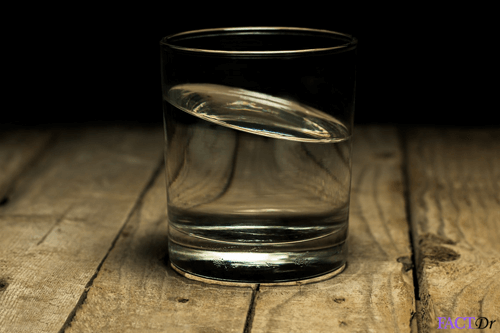
- Lead Poisoning
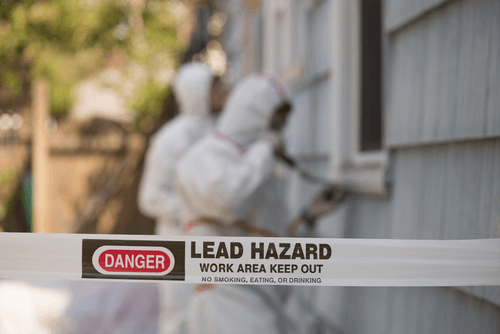
- Tourette's Syndrome

- Neck Pain

- Coronary Artery Disease

- Age-Related Macular Degeneration

- Gua sha: Scraping away layers of pain with this ancient healing tool

- Rising mercury and your health: How Global Warming is damaging your body

- T4 (Thyroxine) Hormone Test
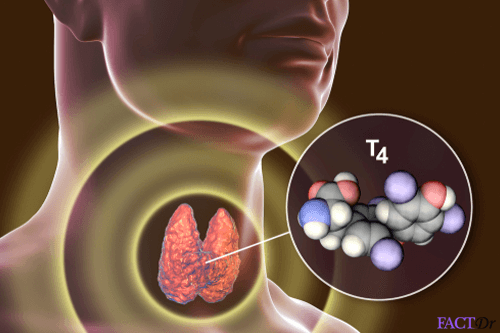
- Brain Cancer
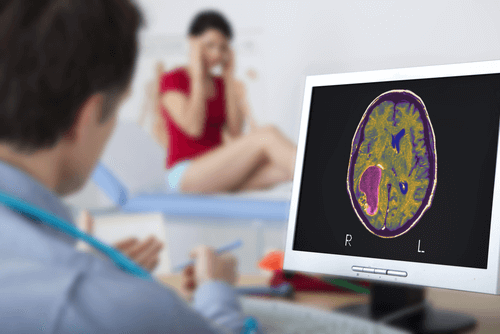
- Goitre

- Why does the human body experience burnout and how to manage it?

- Bronchiectasis

- Overactive Bladder
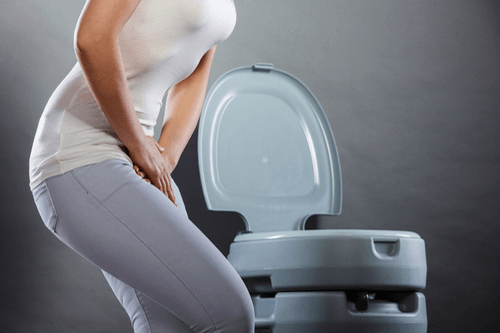
- Hay Fever

- Hypoglycemia

- Dopamine: How dope is the chemistry that governs human emotions?

- Progesterone test
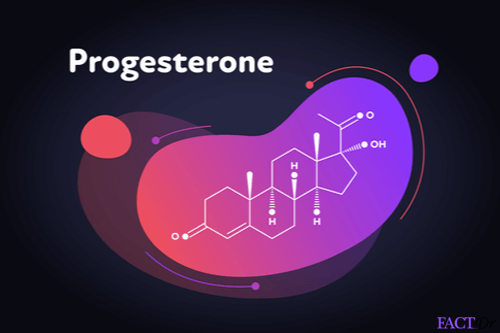
- Metabolic syndrome

- PiYo (Pilates + Yoga): Bringing you the best of both the worlds

- MCT Oil : The kind of fats you should be eating

- Sleep Apnea

- Head Lice

- A sneak peek into the top 5 deadliest cancers and the true nature of their origins

- Antiphospholipid (APL) antibody-IgG
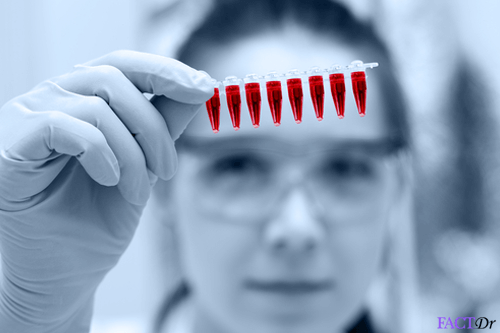
- Short Breath
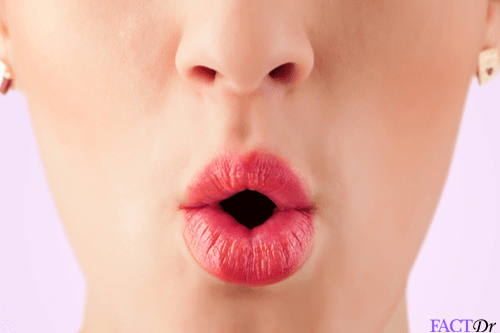
- Amino acids: Building blocks of life and a healthy body

- Ventricular diseases

- Keep your shoulders pain-free with these shoulder exercises

- Sensory Processing Disorder

- Aneurysm

- Blood Sodium Test

- Swine flu
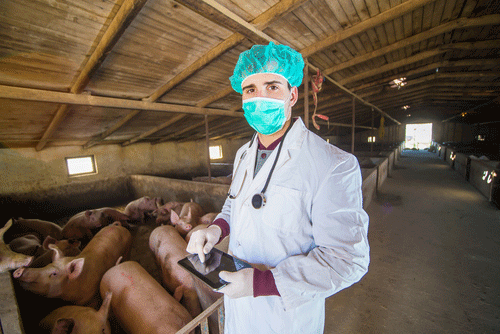
- Castor oil : A vitamin-rich oil for shiny locks and healthy bowels

- Hepatitis C

- Perimenopause

- Probiotics: How to best feed your gut bacteria for higher immunity

- Gingko Biloba: Therapeutic lessons from the world’s oldest tree

- Hot Flashes

- Amnesia: It’s not just a blow on the head that can erase your memory
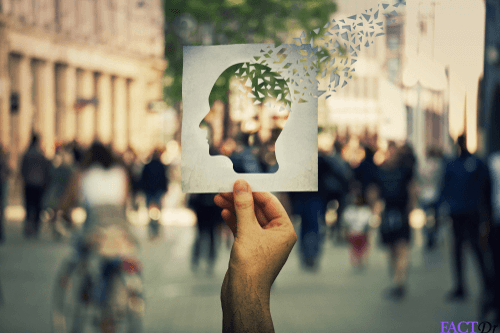
- Guaranteed ways to lose weight fast and shed those extra pounds!
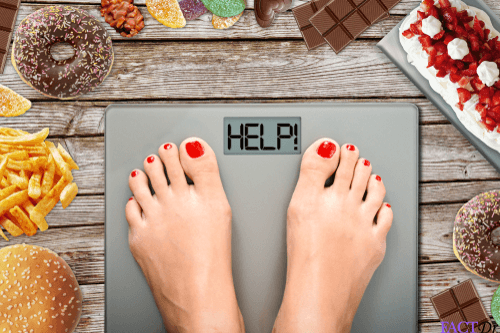
- Infertility

- Generalized Anxiety Disorder

- Histoplasmosis
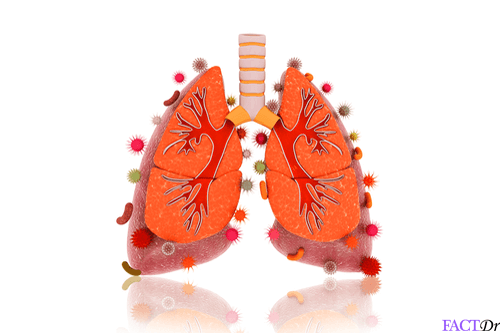
- Beta-alanine: A powerhouse of proteins to charge up your workout

- Hearing Loss

- Amyloidosis

- 10 fantastic Superfoods you need to include in your diet from today!

- Psychosis

- Irritable Bowel Syndrome

- Chronic Fatigue Syndrome

- Pituitary Gland Disorders
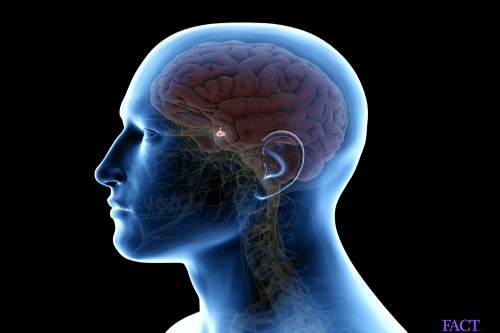
- Cardiolipin Antibody (ACL) – IgA test

- Don’t let your hearing dip with age. Here’s what you need to do

- Metoprolol
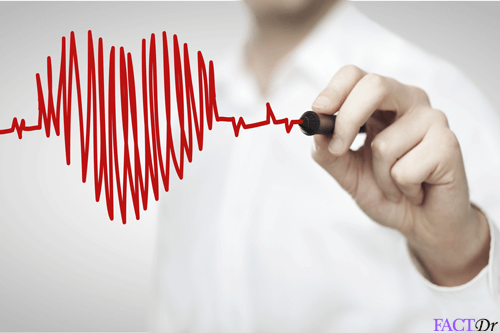
- Nipah Virus Infection

- Prolactin Test (PRL)
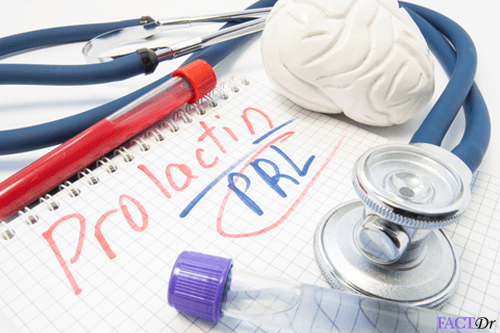
- Ovulation – facts to know about ovulation

- Type 1 Diabetes
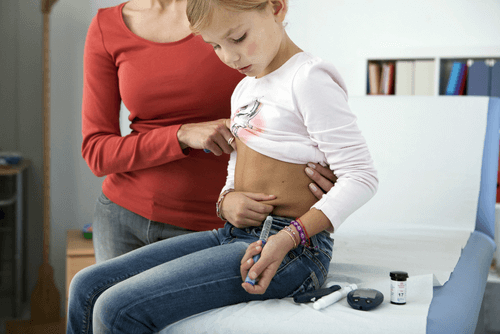
- Aging
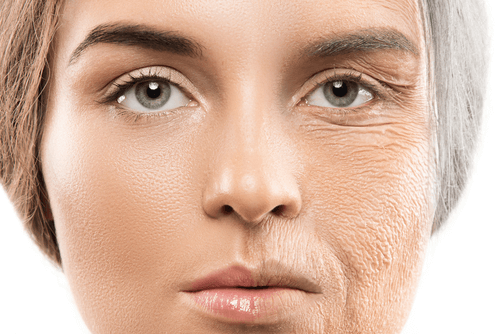
- Gestational Diabetes
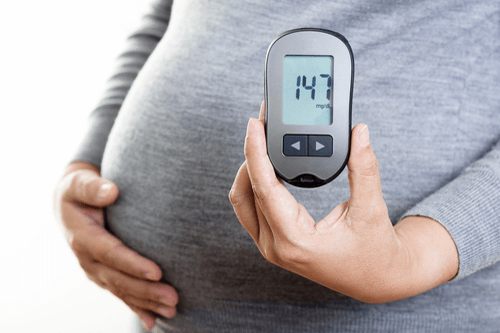
- Migraine

- Shoulder Fracture

- Ginger: Why is it called the root of all remedies?

- Fatigue

- Osteoarthritis
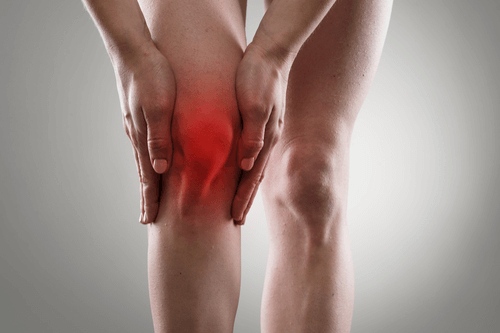
- Bladder Cancer
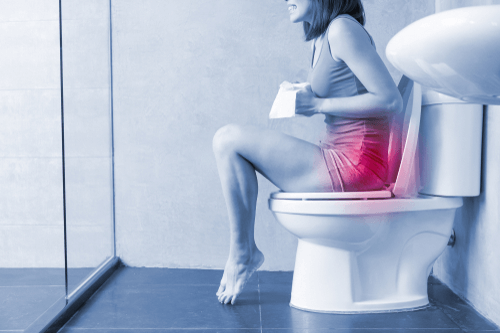
- Troubled with ear infections? Find easy and instant home remedies here
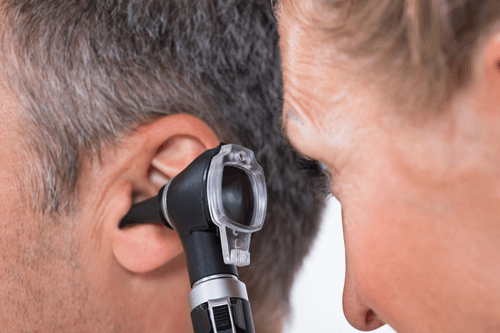
- Tendinitis
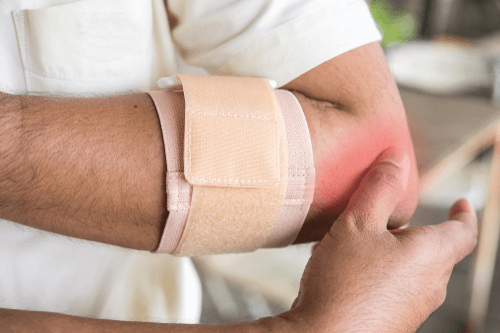
- Headache

- 10 proven ways CBT can help you "untangle" faulty thought patterns

- Stress

- Panic Attack

- Concussion

- Glycemic Index
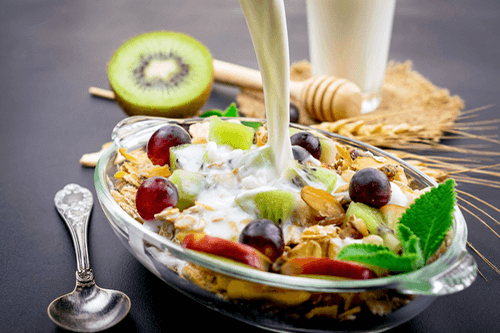
- Cottage cheese: What can you find in this healthy chunk of fresh milk cheese?
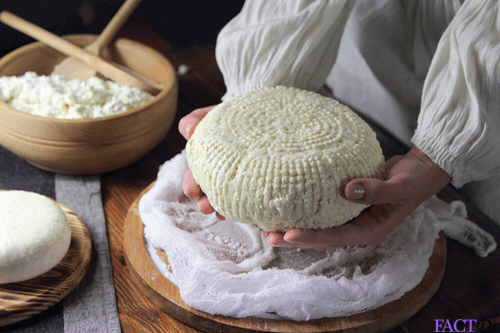
- Antisperm Antibody Test
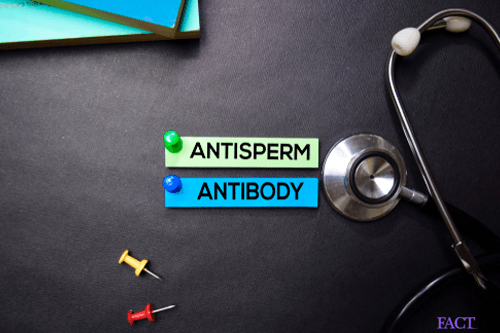
- Is shingles contagious? If yes, then how can you prevent this infection?

- Celiac Disease
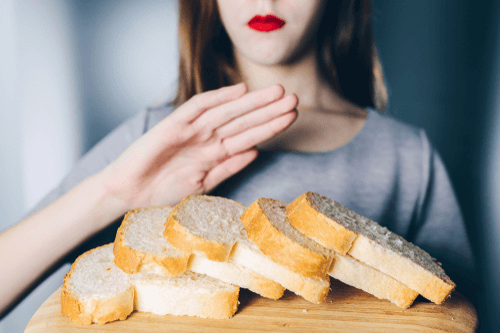
- Chloride Test
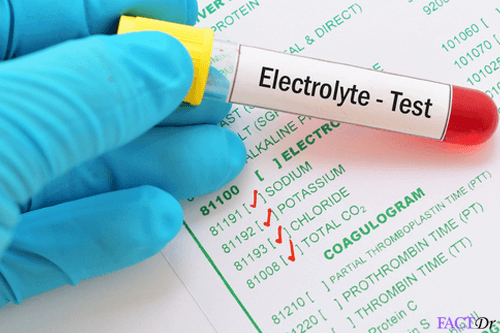
- Common mental health disorders :The silent stigma surrounding millions

- Cilantro: 11 health reasons that will make you wanna use this garnish more!

- Dementia
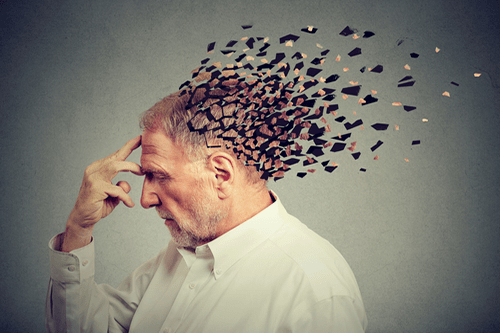
- Deflazacort

- Female Pattern Baldness

- Deadly infections guide: Find the best & safest cures for them here

- Geriatric health: Do you still think age is just a number?
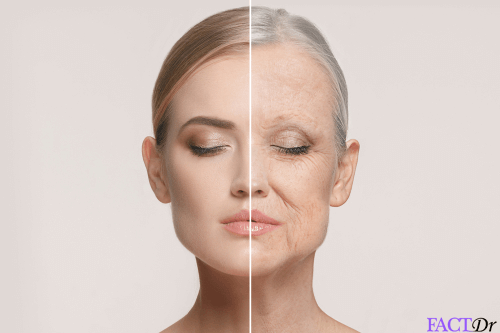
- The complete fitness guide on how to perform Tabata

- EMG- Electromyography

- Snoring

- Aphasia

- Foot Problems

- Dark, hot, & steamy: The remarkable health benefits of drinking coffee

- Lyme Disease

- Tea Tree Oil : The one stop cure for skin ailments and more…

- Glaucoma

- Chronic Pelvic Pain

- Serotonin: What you didn’t know about this “feel-good” chemical

- 18 instant steps to make your jogging routine more powerful

- Conception
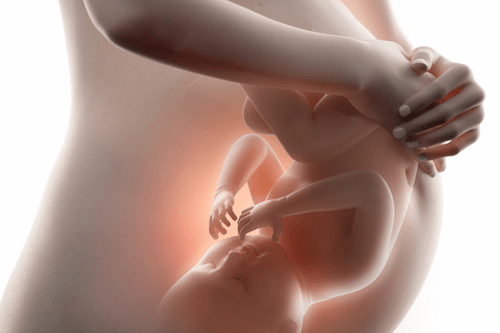
- Phimosis

- Angiography
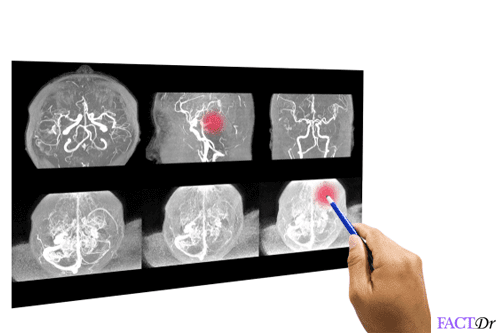
- Greek Yogurt: Discover the secret ingredient to the real Spartan strength

- Graston technique: A faster way to accelerate your rehabilitation after injury

- Endometriosis

- IME9

- Prednisone

- Insulin Resistance
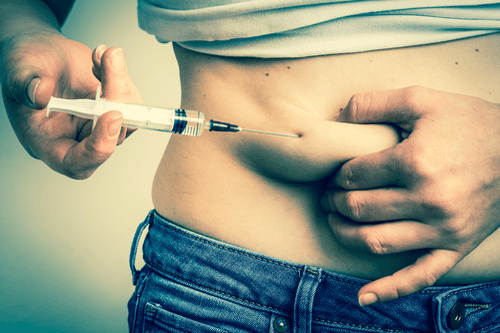
- Sinus Headaches
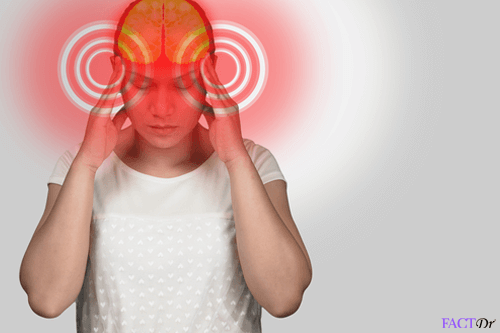
- Seasonal Affective Disorder

- Hymenoplasty

- Anti-Hepatitis B Core Antigen (AHBc) IgM
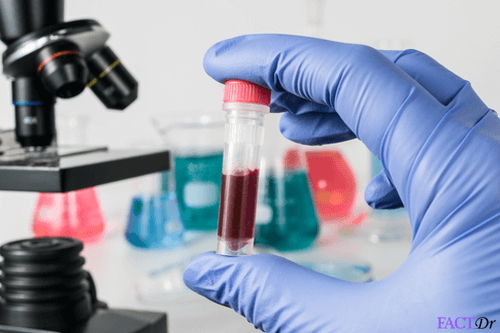
- Miracle extract from the root of maca: 10 ways it can help you!
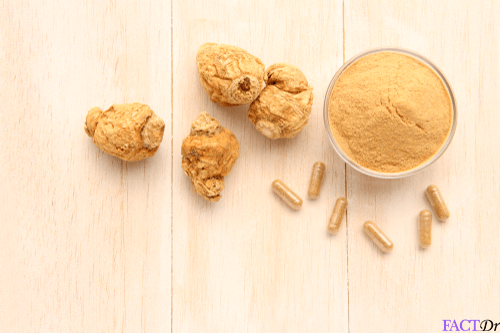
- ADD versus ADHD: What are the fundamental differences?

- C-Peptide test
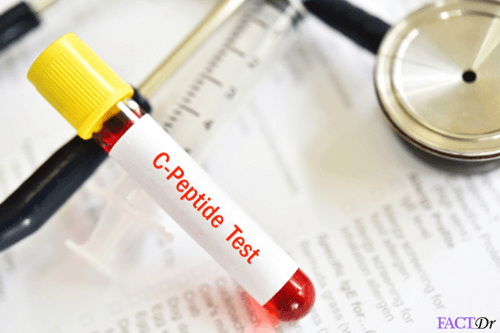
- Whole30 Diet – Why eliminating certain foods just doesn’t cut it

- Keto Diet: Did you know you could eat fats to burn fats?

- Legumes: Little pods of infinite nutrition you should consume daily
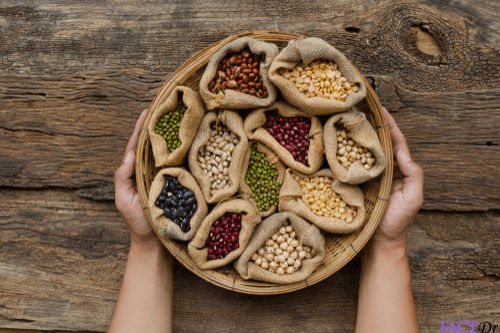
- Everything you need to know about COVID-19

- Period blood – what it says about your health
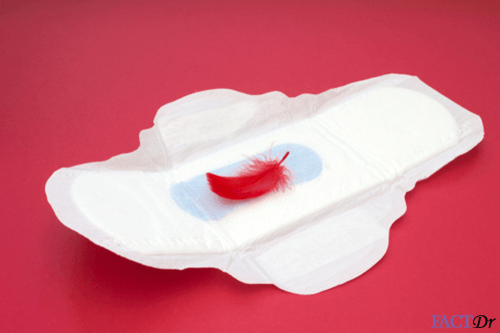
- Spinal Stenosis

- Post Traumatic Stress Disorder (PTSD)
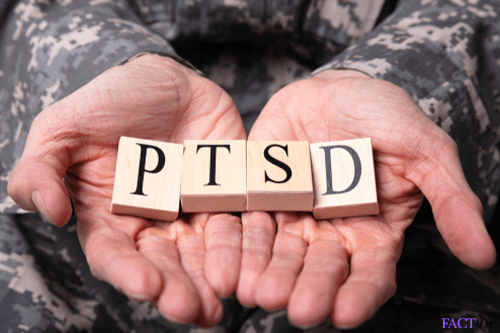
- Tattoo Aftercare: The best practices to follow once you get inked

- Kale: With more iron than beef, this superfood is the ultimate way to lose weight

- Medication-Overuse Headache

- Urinary Incontinence In Women

- DASH Diet: What to eat in a “Dietary Approach to Stop Hypertension”?
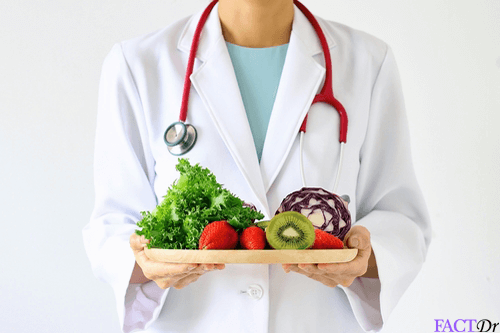
- Caffeine-related headaches

- Evening Primrose: 13 incredible ways this omega 6-rich oil can transform your body

- Carotid Artery Disease

- Lewy Body Dementia
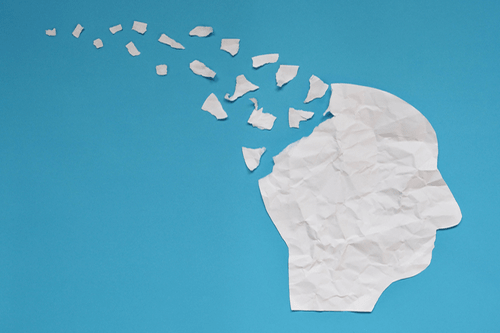
- Facts about the Shepherd’s diet

- Contraception
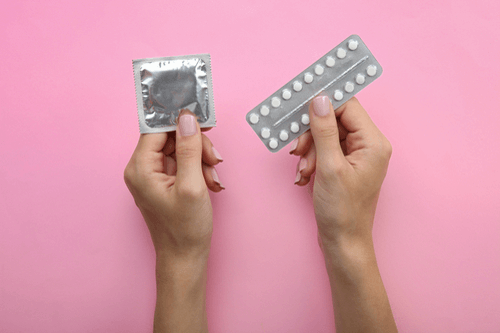
- Obstructive Sleep Apnea

- Chikungunya-IgM Test

- Pomegranate: Why are they called ruby red pearls of health?
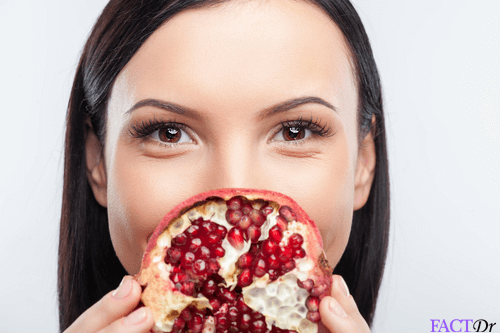
- Pain Management
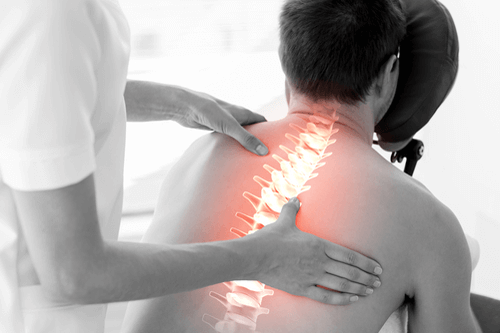
- Chia seeds: How to consume this staple Aztec food to get a leaner body
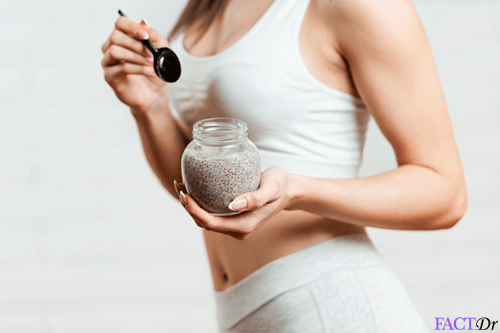
- BCAA: Now get more out of your workouts with this miracle protein

- Spinal cord tumors
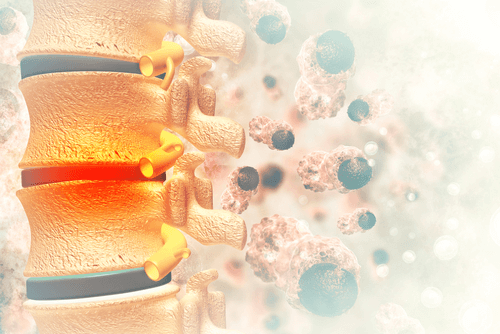
- Elderberry: More than just a folk medicine for cold and sinusitis

- Essential oils: Choose the right one based on your need

- Sex Hormone Binding Globulin (SHBG) Test

- Sore Throat: How to treat this throat infection at home?
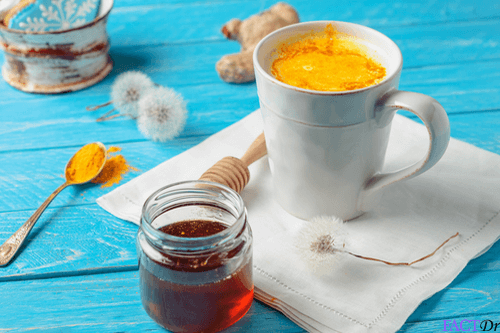
- Congestive Heart Failure

- Plantar Fasciitis

- THC: The science behind why marijuana is extremely addictive (and toxic) for you
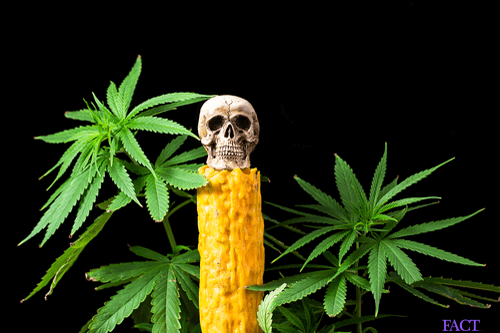
- Burpees: World’s most challenging fitness routine now made simple for you

- 10 reasons why you should up your selenium intake
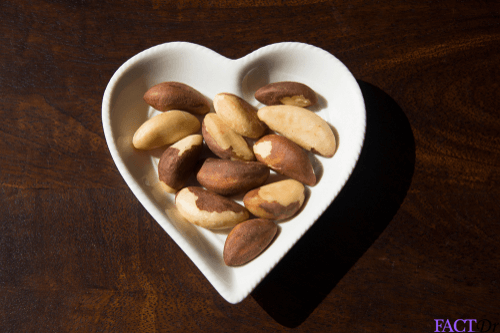
- Azithromycin

- Blindness

- Prediabetes

- Vitamin D foods: Know what to eat for stronger bones and a cancer-free body

- Element 22 test (Nutrients & Toxicity)

- The features of an Optavia diet

- The best pre-workout supplements to help you overcome gym fatigue

- Easy and effective ways to get rid of the stubborn belly fat

- Coconut Oil: How one oil dominates the kitchen and the medicine kit too
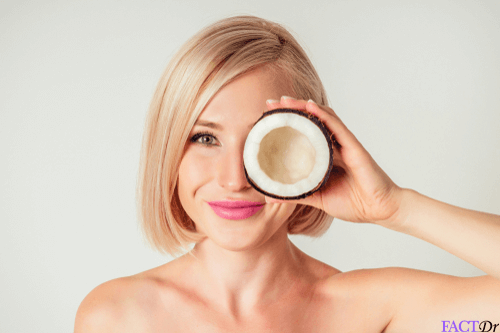
- Glutathione: Probably the strongest antioxidant known to mankind

- Pregnancy

- Matcha: The unthinkable health benefits of this unique green tea
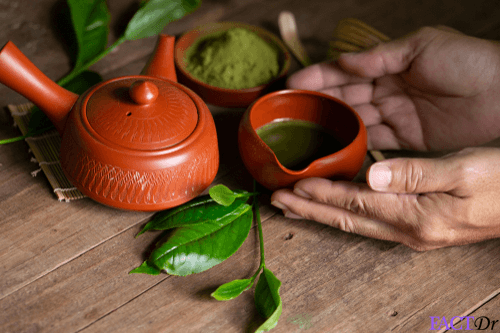
- Potassium: How only 100 mg a day can dramatically increase your lifespan!

- 8 appetizing and mouth-watering recipes that every low-carb dieter should try

- What does hypoglycemia look like when you don’t have diabetes?

- Ginseng: Top reasons how this root can help you boost energy ( & libido too!)

- A few details about Biltong

- The best lower back strengthening exercises for freedom from chronic pain

- The dangers of having insufficient digestive enzymes (and how to pump these naturally)

- What is the exact job of an OB-GYN and why should you consult one?

- Proven health benefits and nutrition of macadamia nuts

- Low carb vegetables: A complete list of what to pick from during a keto diet
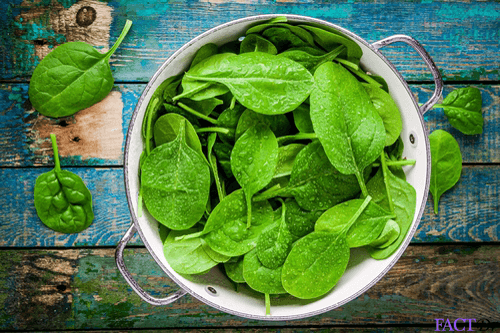
- 10 Common signs you need to see a mental health counselor now

- How to safely use leptigen as a miracle weight loss supplement?

- High protein diet: How much protein is too much protein?
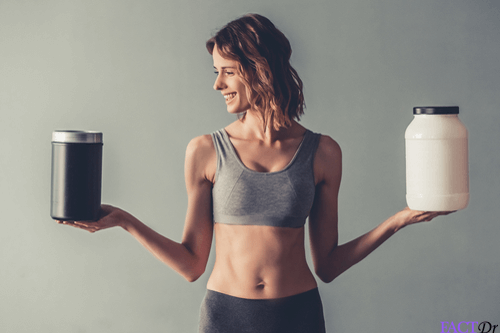
- Military Diet : Why following a highly restrictive diet is a bad idea

- Oil Pulling: The instant benefits of this ancient Ayurvedic cleansing technique
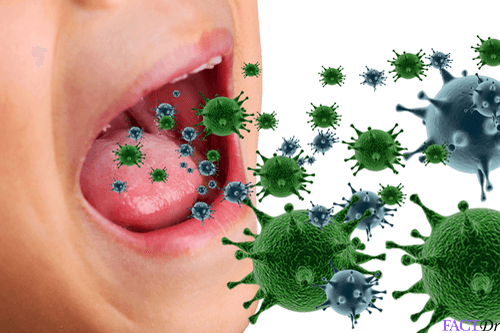
- Arthritis Profile
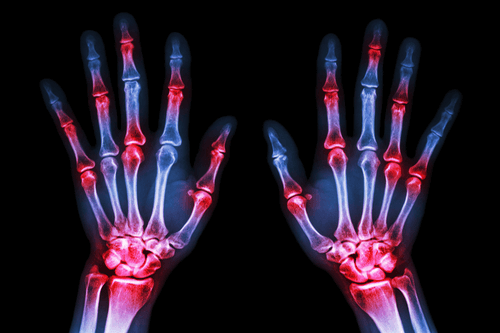
- Liver Biopsy
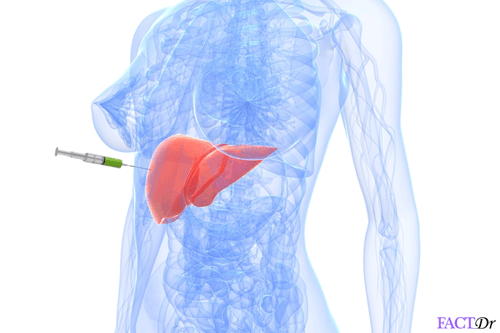
- Propolis: Yet another amazing gift by the bees to the humans

- Gatorade: Top things you need to know about this staple energy drink

- Rick Simpson’s Oil: The truths and controversies of this cannabis product

- Facts about grass-fed meat
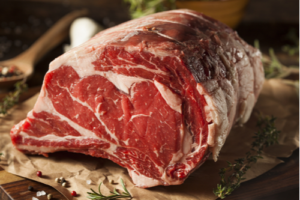
- Creatinine Test

- Experts believe these are the best protein foods for you
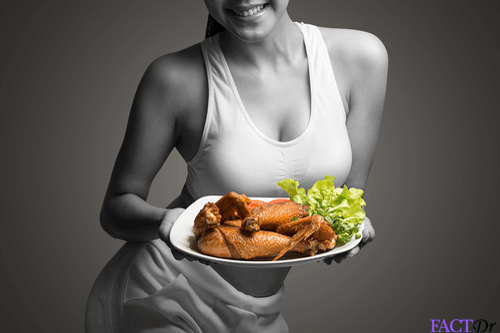
- Cardiolipin Antibody (ACL) –IgG Test

- Anti Hepatitis-B-Surface Total Test

- Atrial Fibrillation

- Triglycerides: The most effective steps in bringing the levels down

- 9 amazing ways chondroitin can help you bounce back to health
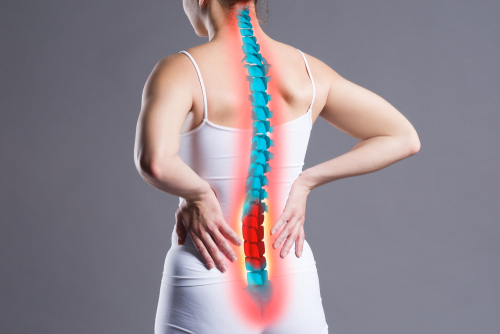
- Anti-Inflammatory foods: 18 foods to a disease-free you
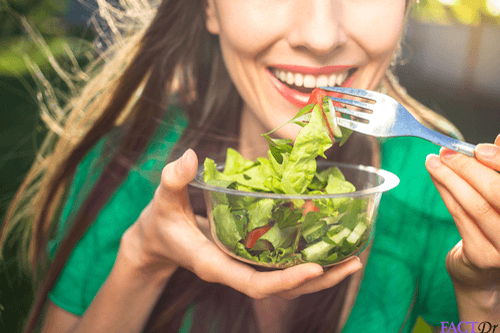
- Chicken fajitas – A delicacy to fix weeknight dinner dilemma!
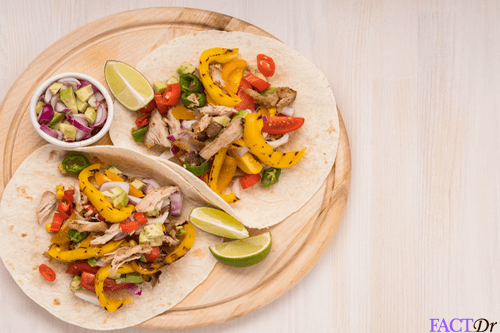
- Bone marrow aspiration

- Ondansetron
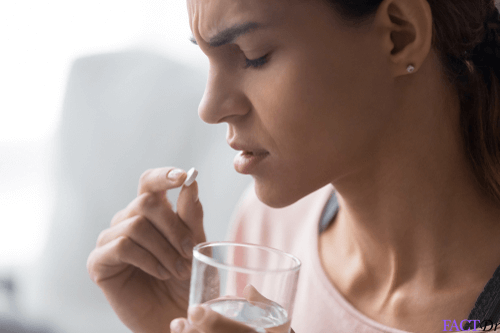
- Hydrochlorothiazide
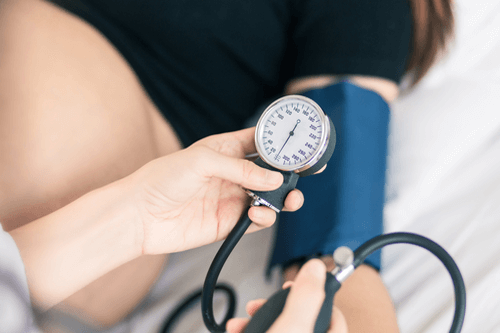
- Beta-carotene: Top reasons why you need to include vitamin A in your diet

- Tonsillectomy: When do you actually need to get your tonsil glands removed?

- 9 reasons why almonds should be consumed daily
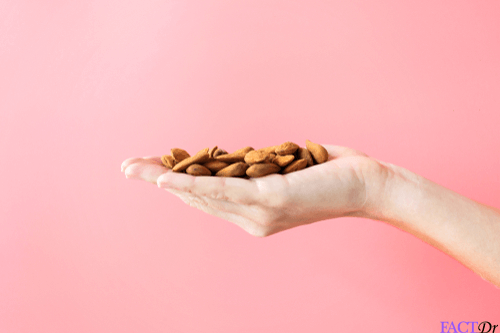
- Lithium test

- Leaky Gut

- TRX: Why is this total resistance workout the best choice for your body?

- The most effective tips on how to stay awake at work

- ALP test – Alkaline Phosphate
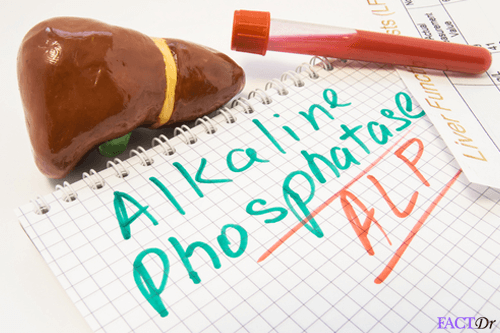
- How chlorophyll is more than just a green pigment meant for photosynthesis

- Corn: Be amaized by the health benefits of including it in your diet

- Collagen: Get age-defying skin and faster hair growth with this miracle protein

- The tell-tale signs of pregnancy you should know

- Kratom: Why is this distant cousin of coffee banned in numerous countries?

- Bone Broth: Why is this simmering bowl of soup called the “Jewish Penicillin”
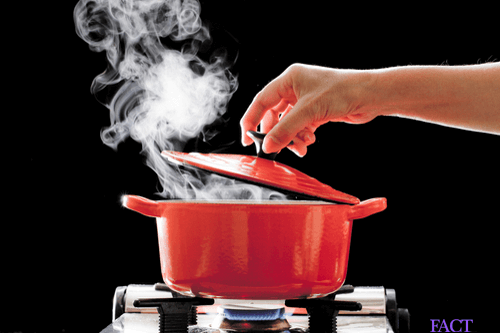
- Nootropics: How safe are these drugs that make you smarter?
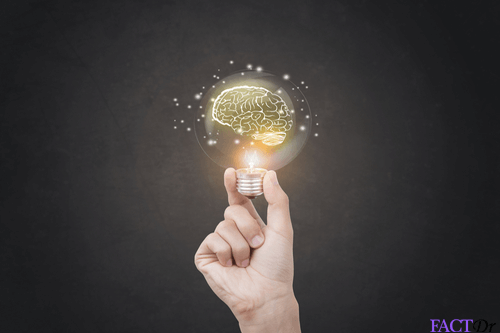
- Postpartum Depression

- What are the common mental health disorders in children and teens?

- Iron Deficiency: 7 major side-effects and steps to overcome them

- Nise
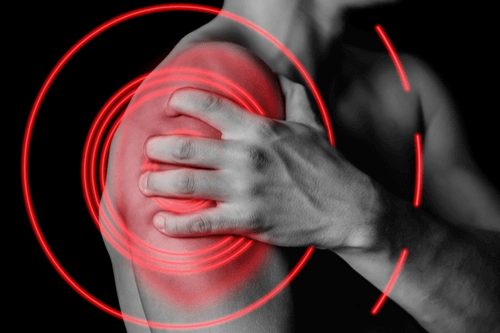
- Global infections scenario : Which are the most common ones?

- Unbelievable health benefits of gooseberries (and a few tasty recipes)

- Unconjugated Estriol (E3) test

- Whey Protein: The real reason why this supplement is a must for bodybuilders
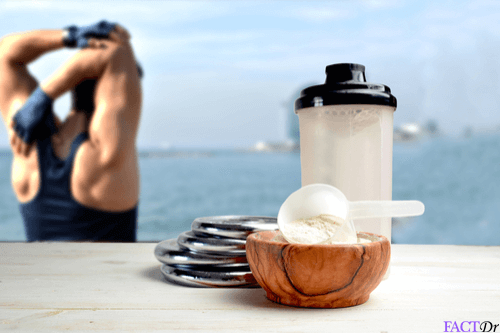
- Zika Virus Infection

- Fish Oil: Why do doctors love prescribing these to heart patients?

- Triple Marker Test
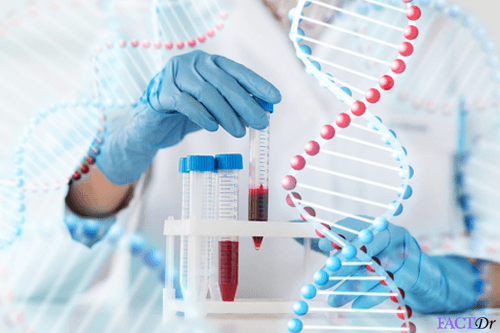
- Calorie Counter: Count your calories before they flab
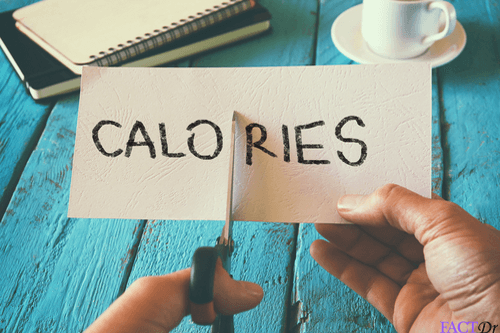
- Coagulation Tests

- Aloe Vera: The amazing things you can do with this antioxidant-rich gel
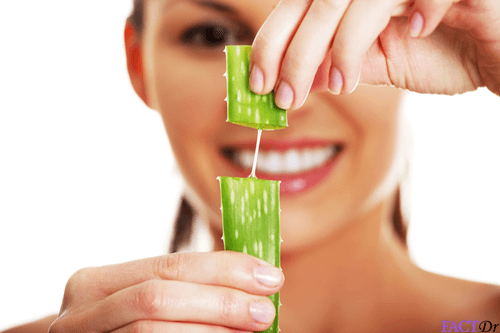
- Night sweats

- Tomato: All you need to know about this juicy vegetable (or a berry?)
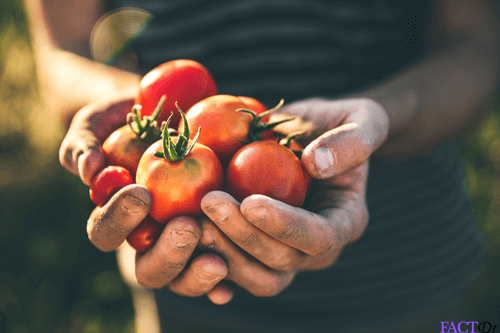
- Anticholinergics: The diverse range of diseases a single drug can easily treat
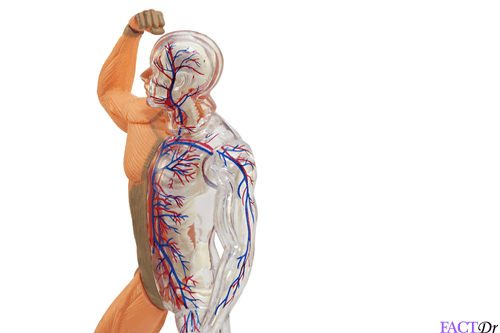
- Complement 3 (C3) Test

- Calories: How to keep a check on these for faster weight loss

- Sharpen your brain with these top brain-friendly foods!

- Grapeseed Oil: Find out how to use this oil without any side-effects

- Tanning booths: To tan or not to tan, that is the question

- Diabetes in women: Understanding the dangers, risk factors, & treatment

- Experts reveal, how long does marijuana actually stay in your system…

- Carbamazepine / Tegretol test
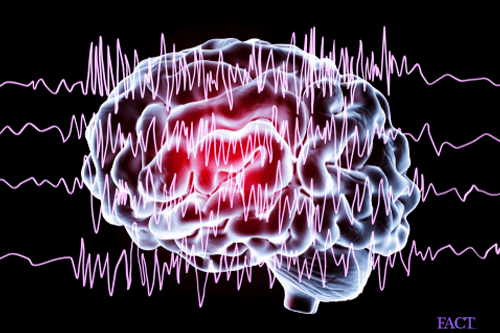
- Fructose: Healthy fruit-product or loaded with toxic calories?

- The hidden dangers of magnesium deficiency and how you can prevent it

- Why is olive oil probably the healthiest cooking oil you will find
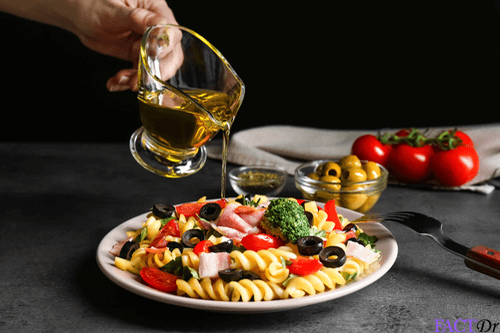
- Vitamin C: The instant health benefits of adding the citrusy goodness to your diet

- Endoscopy

- Citrate or Oxide: Which magnesium supplement is best for your body?

- Canola oil: How safe is it to consume this popular cooking oil?

- Biopsy
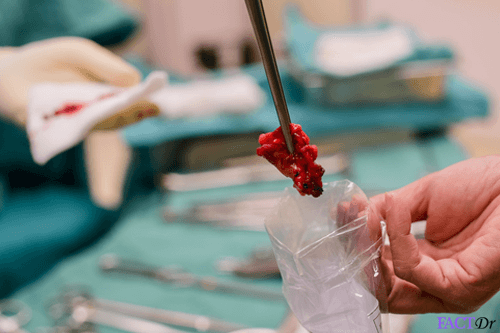
- Hemoglobin Variant Analysis
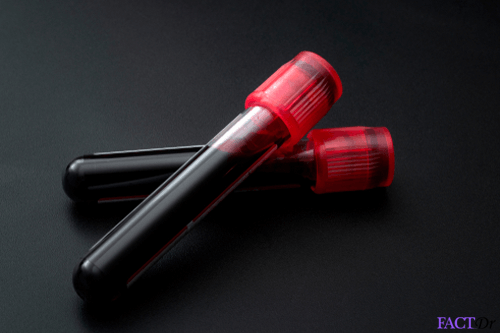
- Nitric oxide: Why is this heart-healthy supplement every sportsman’s first choice?

- Activated charcoal: The instant health benefits of this “diamond in the coal mine”

- Clostridium difficile infections
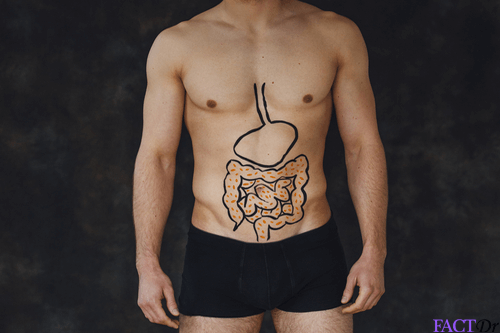
- Beta-Thalassemia Screening

- Sushi: health benefits and recipes

- Diabetic foot ulcer
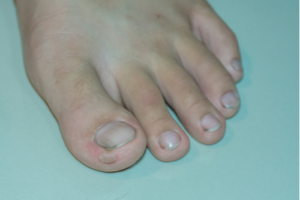
- Anti-Hepatitis B Core Antigen (AHBc) Total
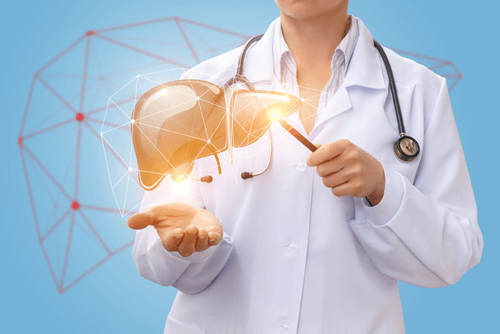
- Allopathy vs homeopathy vs ayurveda treatment for piles, fissures, and fistula

- Best Weight Loss Pills: How to choose your drug wisely
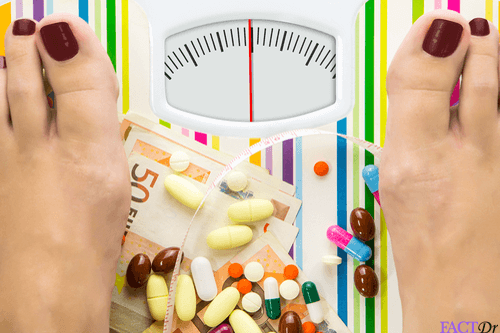
- Iodine Deficiency: Risks and complications and how to avoid them

- Top foods with polyphenols and why you should eat them

- Green Tea: Does it really aid weight loss and reverse aging?
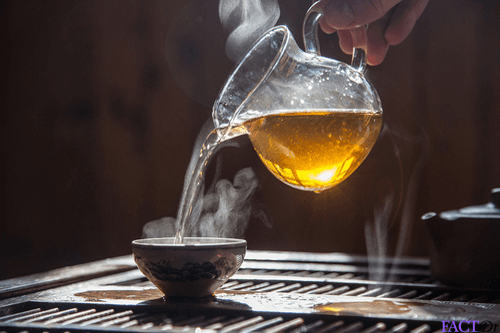
- Newborn Screening Tests
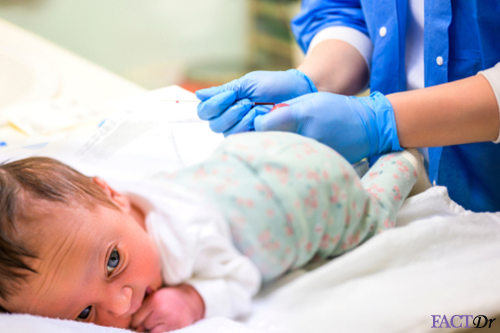
- Cannabidiol benefits: Evaluating the “highs” of CBD Oil

- Omega 3: Now you know why fats are healthy for you

- Abdominal Ultrasound

- How to spot the early signs of lung cancer?

- Top Natural Repellents for Mosquitoes with negligible side-effects

- Hypertension Profile

- Beets: Top reasons why these nutrient-dense roots should be a staple
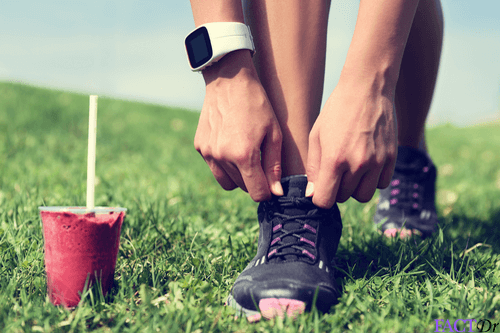
- Vitamin Profile

- Intermittent Fasting : The “real secret” behind healthy weight loss?

- Medical Mythbusters : How many of these myths did you think were true?

- MSM: An effective sulfur supplement to ease those aching joints
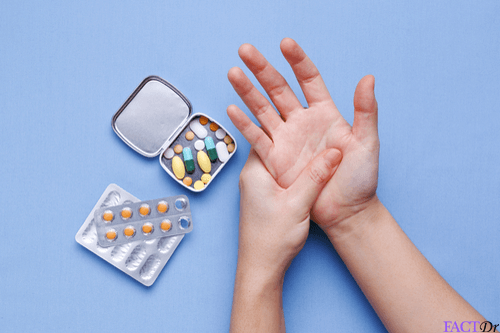
- Dates: The complete list of instant health benefits this dry fruit can bestow
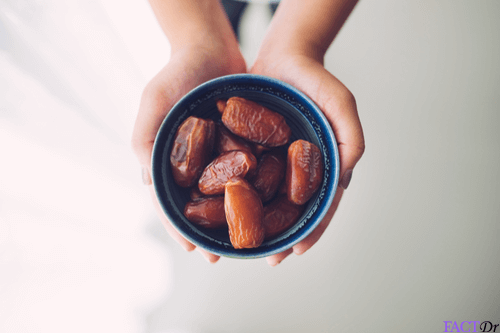
- Olive Leaf Extract: The healthy goodness of olives in a capsule

- Holistic Healing: How does it harmonize your mind, body, and soul?

- HCG Diet: The dangers of using this diet to lose weight

- Pelvic Ultrasound

- Paleo profile
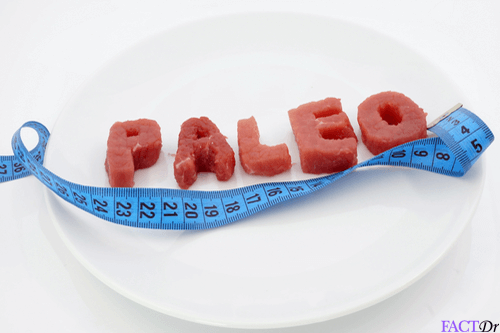
- Acupuncture: 7 remarkable ways these pain-free needles can bring you holistic healing
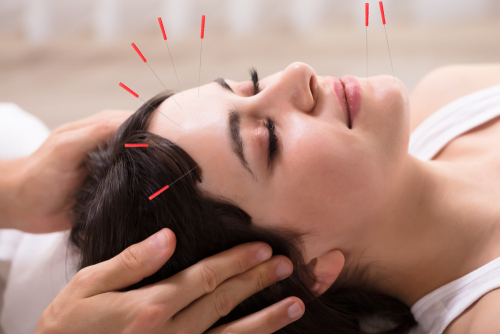
- Electric toothbrush vs manual toothbrush: Who wins the dental war?

- Vitamin D3: Speed up your journey to a fit body and mind

- 15 Signs on your face you should never ignore

- Rhubarb: The secret nutrients hidden in these deep red stems
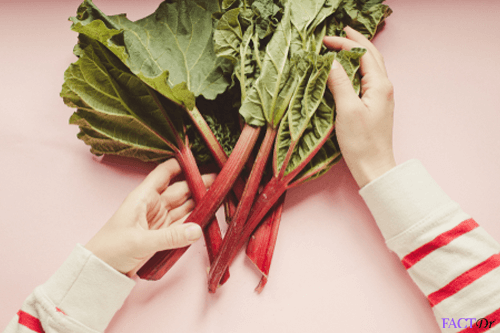
- Rhodiola Rosea: Hoist yourself to high stamina and a stress-free brain

- If it fits your macros (IIFYM) : A contemporary macro diet regime

- Experts believe these are the healthiest diets for you
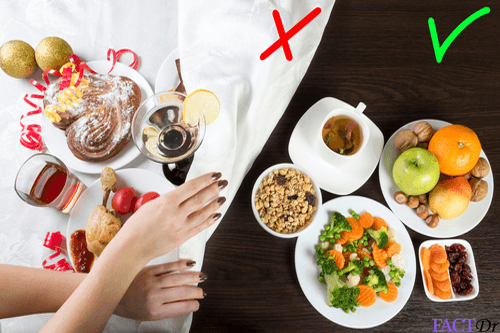
- Buckwheat: Instant health benefits of adding this super healthy grain in your diet
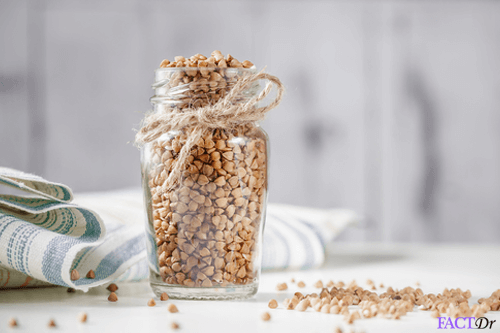
- Luteinizing Hormone (LH) Test

- Peanut Butter: A spread of nutrients on your morning toast
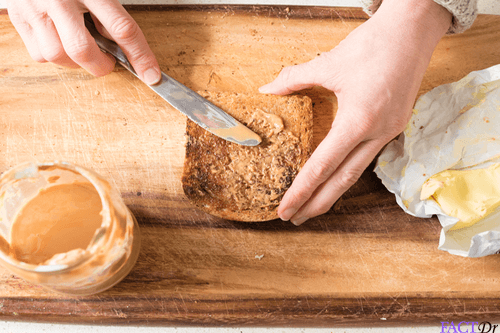
- Occupational Exposure & Lymphomas: A Complete Guide to Dangers & Remedies

- FSH (Follicle Stimulating Hormone) Test
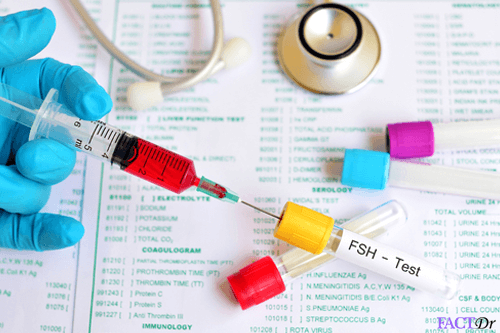
- Magnesium Test

- Total Cholesterol Test
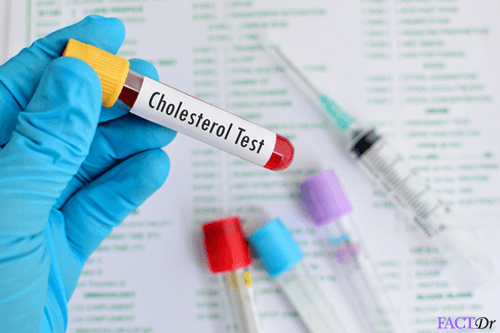
- Hate making breakfast?Fast and healthy breakfast recipes just for you!

- Prebiotics: Eat the foods your gut bacteria love eating

- Did you know vitamin E can fight these fatal diseases?
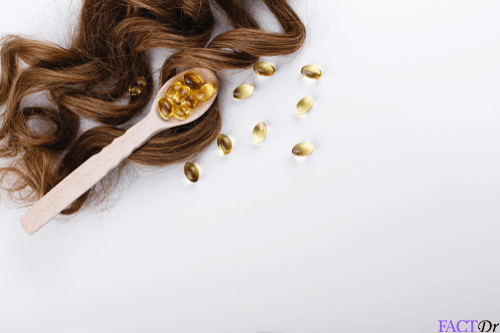
- Head-injury headaches

- Echocardiography – ECHO
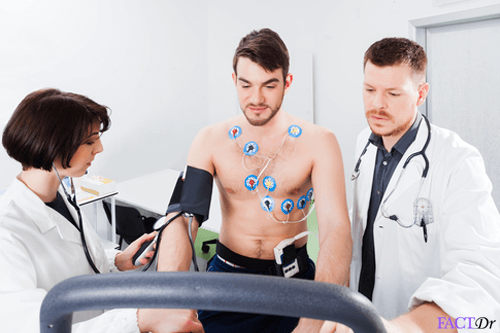
- Amniocentesis

- Hyaluronic Acid: The real helper chemical for younger skin and stronger bones

- Infertility profile (women)
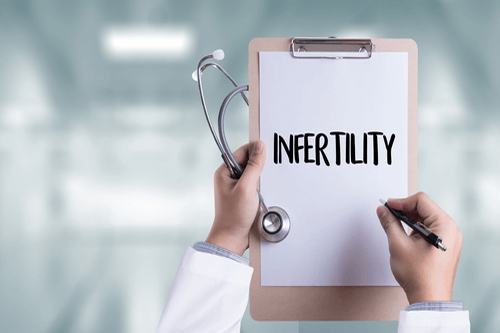
- Cranberry: Top reasons why you should grow this “superfruit” in your own backyard

- Migraine: Get rid of this agonizing pain naturally with these home remedies

- Quercetin: The ultimate anti-inflammatory plant compound

- 18 amazing uses of Baking Soda you didn’t know!

- Lavender: The calm and soothing oil your body needs right now

- Are you sure you are drinking enough water?

- Walking Pneumonia

- How to make the apple cider vinegar diet work for you?

- Echinacea: Why is this ancient herb re-emerging as an all-rounder supplement?

- 12 instant and most effective remedies for a hangover

- L-arginine: Your search for the ultimate fitness booster ends here

- Organic Foods: Is the popularity of pesticide-free food justified?

- All that you should know about Roseroot

- Neurologist: How can the specialist help you avert fatal diseases

- Best keto snacks to munch on when you are on a keto diet
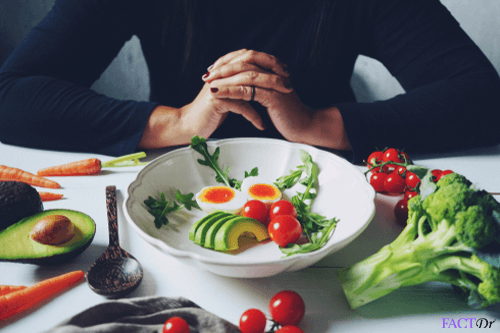
- Hypertension: The best ways to prevent the onslaught of this mass-killer

- Can’t eat eggs? Here are the best egg substitutes for you

- Cytomegalo Virus (CMV) – IgM Test

- Mammography

- The top natural antihistamines and how to use them

- What can you do if you are COVID-19 positive: Practical coping tips

- Cortisol Test

- MRI – Magnetic Resonance Imaging

- Top 15 fat burning foods you need to start eating from today!
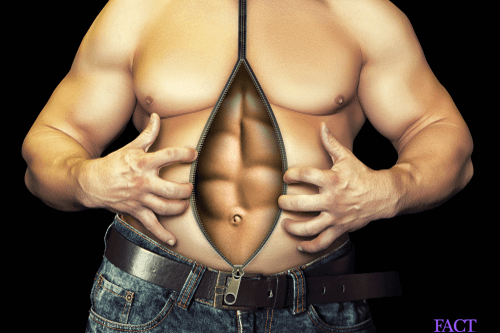
- Folate: What are the best ways to add this nutrient in your staple diet?

- Alpha Feto Protein (AFP) Test

- Benefits of exercise: Top reasons why you should be sweating it out more in the gym

- Why calendula extract ought to be part of your personal health kit?

- Goldenseal: Experts reveal why it is the most useful herb known to mankind
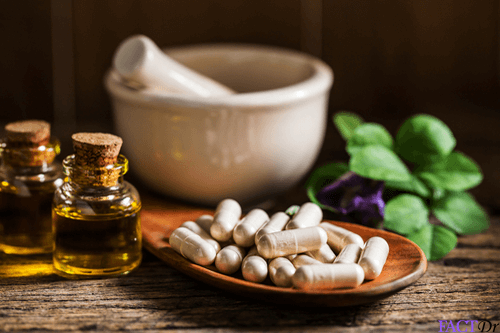
- Guaranteed tips on how to bounce back from low testosterone levels

- Garcinia Cambogia: Combat weight gain and obesity with this effective natural supplement
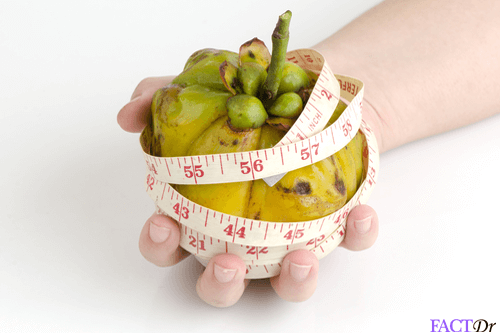
- Active Release Technique: Say goodbye to chronic body pain with ART

- Melatonin: Fascinating facts on the hormone that brings you the Zzzs

- Sigmoidoscopy

- Bone Density Test

- Human Growth Hormone (HGH) Test
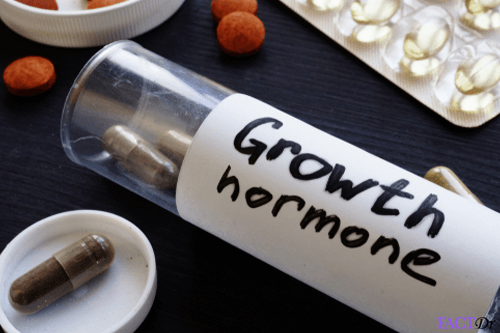
- Max thalassemia Profile

- Breast augmentation

- Herpes simplex virus (HSV)-IgG Test

- The Vegan Diet: The benevolent way of eating that wins hearts (and tummies)

- How does Reiki actually work and what are its benefits?

- Naturopathy: When the goodness of nature heals you

- Toxo Gondii-IgM Test

- Ketosis: A potentially dangerous side effect of the popular keto diet?

- Treponema Pallidum Hemagglutination Test

- Best ideas for pregnancy snacks

- Cinnamon: Sprinkle this on your morning coffee to gain guaranteed health benefits

- Lecithin: Learn how you can utilize this fatty acid to improve your cholesterol count

- Comprehensive Metabolic Panel

- Gluten-free diet – a comprehensive, easy to follow guide

- Proteins: What is the right protein-intake for your specific needs?
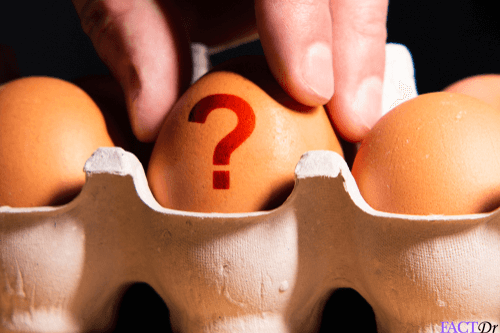
- High global burden of common widespread health conditions

- Colonoscopy
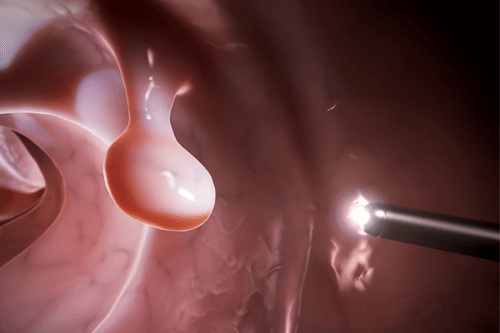
- Bone Scan

- Meditation: The shortest route to complete peace of mind (& body) in today’s world

- Forskolin: Did you know you could use this mint-like extract for weight loss?

- Best treatment for piles in Bangalore
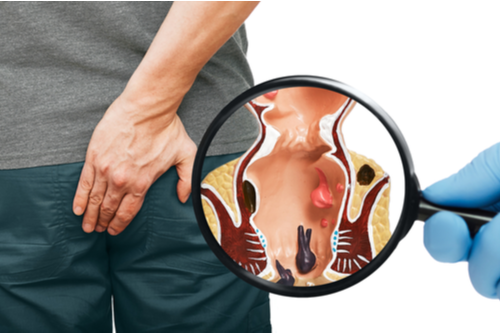
- Aromatherapy: Can this sense-stimulating therapy help you?

- Influenza A

- Best Multivitamins for men: Find the ones best suited for you

- Doppler Ultrasound

- Laughter Therapy– The Best Medicine for Healthy Living

- Top reasons why broccoli is a high-ranking powerhouse vegetable
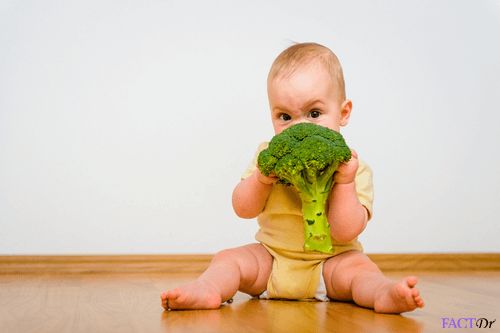
- Pregnancy or PMS: The confusion

- Botox: Top things you should know before undergoing the procedure
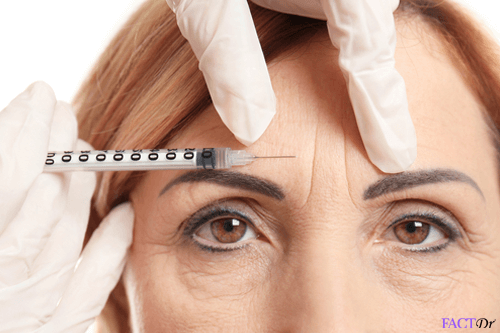
- Inner Knee Pain

- Free testosterone
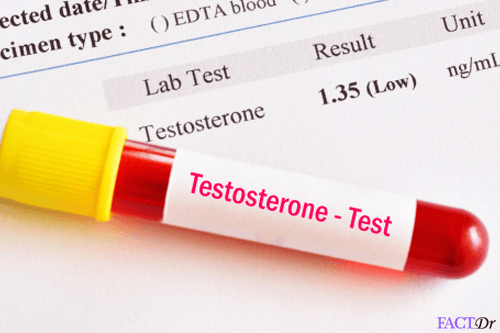
- Testosterone test

- Transcend deeper into a healthier mind and body with transcendental meditation

- Root canal

- Best Practices to Prevent and Control COVID-19

- Kshar sutra treatment for piles, fissures and fistula

- Apolipoprotein B-(Apo-B)

- 10 science-backed reasons why salmon is probably the healthiest fish known

- T3 Test

- How the deficiency of Coenzyme Q10 could bring your organs to a standstill

- 11 natural ways to cure upper respiratory tract infections

- From treating insomnia to joint aches, discover how eucalyptus extract can help you

- ERCP – Endoscopic Retrograde Cholangiopancreatography

- Golden Milk – Your Recipe to Good Health
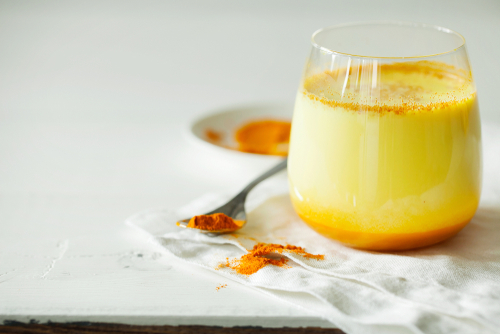
- Practical Motherhood Tips for Working Women

- Spider veins

- Tips to take care of your mental health during COVID-19

- Ultrasound

- Anti-Chlamydia Antibody IgM

- Estradiol Test

- Anti Mullerian Hormone (AMH) Test

- Complement 4 (C4) Test

- PCOD(Poly Cystic Ovarian Disorder) Profile
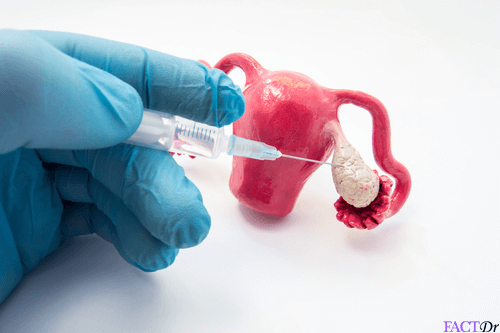
- Homocysteine Test
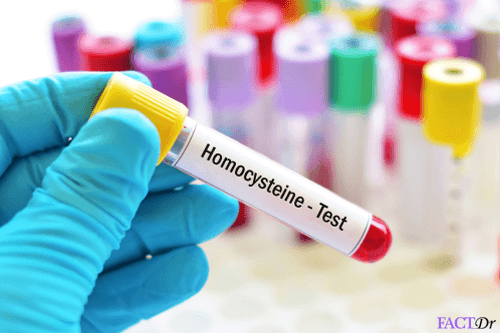
- Splenda
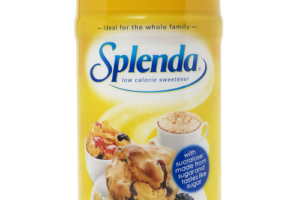
- Positron Emission Tomography – PET Scan

- Paleo Diet: Is eating like the Caveman the right way to go?

- High blood pressure during pregnancy: Causes and remedies

- Children Nutrition and Toxicity Profile

- Menstrual headaches

- Spinach: The ultimate way to boost health with this green superfood!
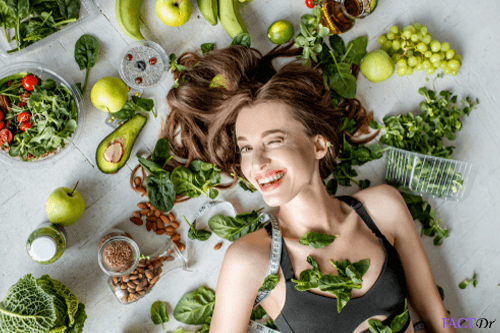
- Parkinson’s stages

- Burn those years of stubborn fat-deposits with a few minutes of HIIT!

- Infertility profile (men)

- Calcium test

- Immunoglobulin A Test

- Vaginoplasty

- Phimosis

- Steroid Profile

- HPV Digene Hybrid DNA Detection test
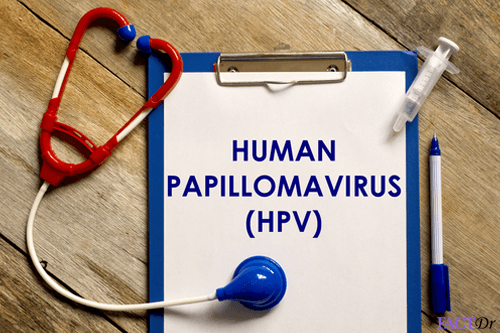
- Difference between piles, fissures, and fistula
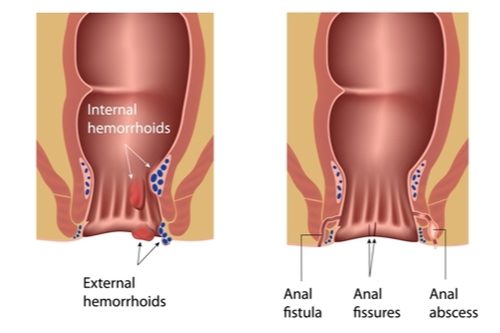
- Yerba Mate: Could the national drink of Argentina successfully replace coffee?

- Sweeteners – Are They Good or Bad for Our Health?
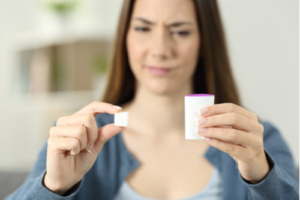
- 12 myths and facts about anal piles

- What is Baby Led Weaning and how does it compare to traditional weaning?

- Do you have COVID-19? Know the critical signs and symptoms

- What makes Homoeopathy a safe way towards recovery?

- Does your teeth really need charcoal toothpaste?

- Pregnancy – Early signs and symptoms

- COVID-19: Possible serious long-term side-effects for patients

- Immunoglobulin G Test

- Toxo Gondii-IgG Test

- Diabetes Diet 101: All the foods you should eat ( & avoid)
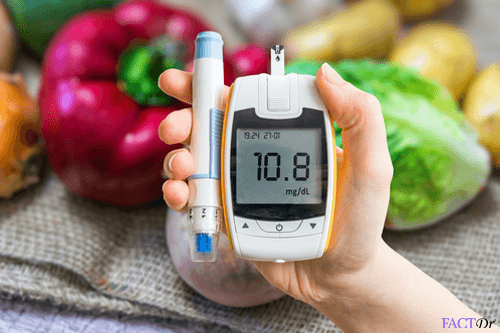
- Is there more to your chronic fatigue than just tiredness?

- Pilonidal sinus

- Adenosine Deaminase Test

- Hormone Replacement Therapy-Symptoms, Benefits, Types, Side Effects, Lifestyle Changes

- COVID-19: Know all about types of diagnostic testing, procedure, risks
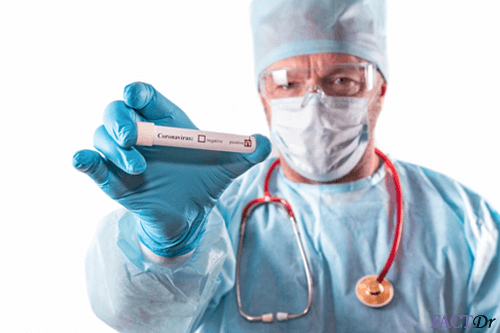
- Pregnancy test – Urine & Blood

- Ceruloplasmin Test
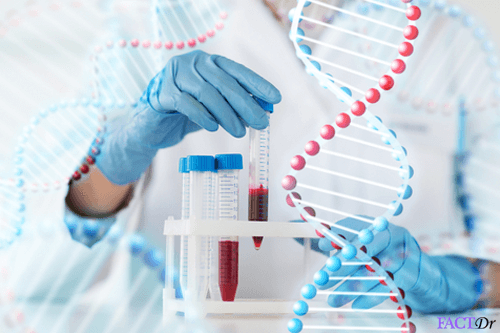
- Paleo snacks

- Dr. Gundry’s diet: A new concept in dieting

- Anorectal disorders – laser surgery or home remedies?

- Egg freezing: Questions every woman has before preserving her eggs

- How excess sugar changes your body over time

- Medical conditions yoga can help with

- Is fecal transplant a safe method of gut disease treatment?

- Buddha bowl

- Hydrocele
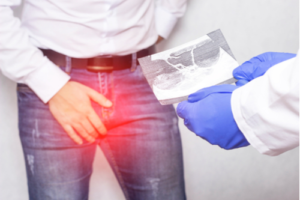
- Is Chiropractic really effective for relieving back pain?

- Safety tips and precautions during COVID-19
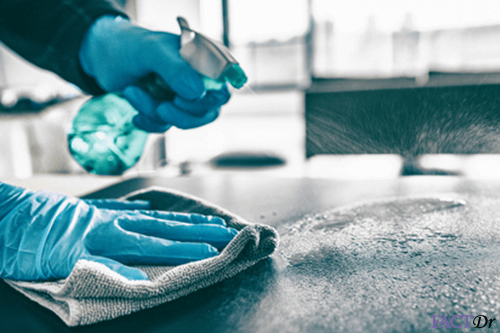
- What should you know before anal fissure surgery?
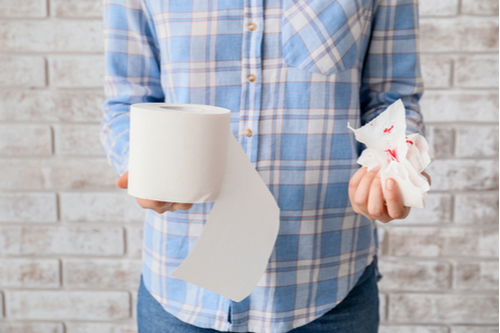
- Septoplasty

- COVID-19: What is the treatment and how long is the recovery?

- Diabetic Retinopathy

- Labiaplasty

- A few facts about threatened abortion

- Rectal Prolapse
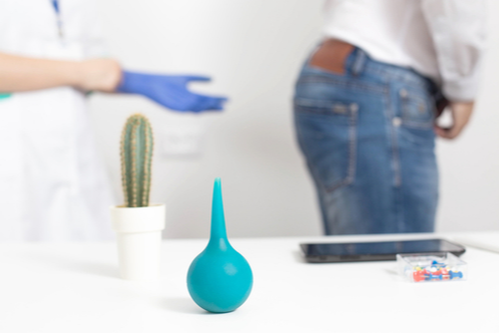
- Blood in your stool

- Circumcision
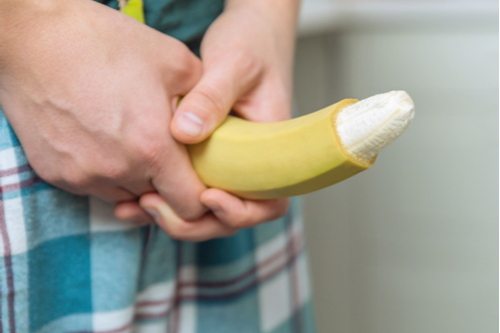
- Cystoscopy
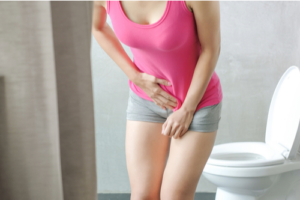
- Lipoma
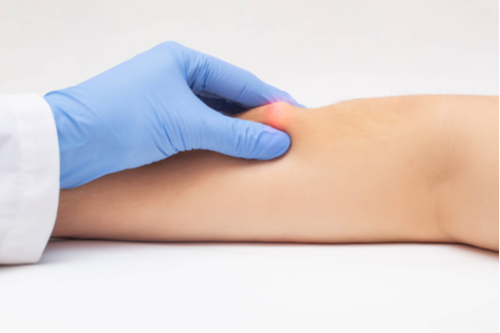
- Varicose veins

- Diabetic foot ulcer
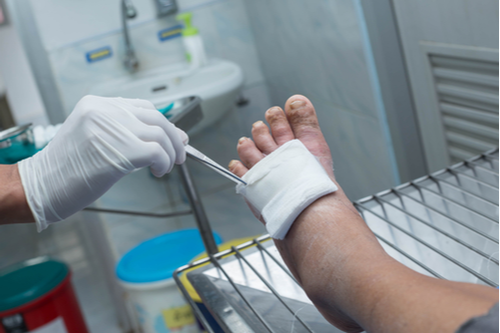
- Cataract

- Termination of pregnancy

- Hysterectomy

- Appendicitis
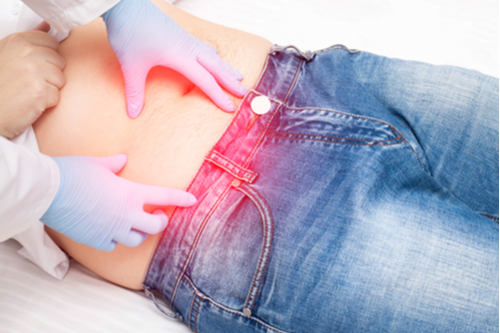
- Spider veins

- Arthroscopy

- Liposuction

Trending Topics






































































































































































Related Posts
 Step up your defence: 15 proven tips on how to boost your immunity Want to naturally build up a stronger immunity? Tired of frequent colds…
Step up your defence: 15 proven tips on how to boost your immunity Want to naturally build up a stronger immunity? Tired of frequent colds… 8 reasons why you should grab a bottle of water now! Did you know you don't have to be thirsty for hours to…
8 reasons why you should grab a bottle of water now! Did you know you don't have to be thirsty for hours to… How to have a healthy pregnancy: Essential tips to remember What to expect when growing a life within you? How important are…
How to have a healthy pregnancy: Essential tips to remember What to expect when growing a life within you? How important are… Laughter Therapy– The Best Medicine for Healthy Living Read how laughter influences your stress hormones, belly fat, heart health, and…
Laughter Therapy– The Best Medicine for Healthy Living Read how laughter influences your stress hormones, belly fat, heart health, and… The ultimate tips on how to boost your brain health Would you like to be smarter? Want a sharp memory but bored…
The ultimate tips on how to boost your brain health Would you like to be smarter? Want a sharp memory but bored…
Top Stories
- Ferritin Test

- Blue Balls

- Tonsil Stones

- Sebaceous Cyst

- Muteness

- Lipid Profile

- Leukoplakia

- Rubella IgG Test

- Bifilac

- Lectin: The common link of proteins between peas and people

- Skin Rashes

- Pulmonary Function Tests

- Enterogermina

- Dyshidrotic eczema

- Cervical Cysts

- Dexorange

- Rheumatoid Factor (RF)

- The real reason why you shouldn’t be eating ramen noodles

- Random Blood Sugar Test

- Anti-Thyroglobulin Antibody test

- Lupus Rash

- TBHQ: A carcinogen lingering in your child’s favorite snacks

- Passion fruit: How one exotic fruit can help you fight infections and cancer!

- Tongue infections

- Thyromegaly

- Cervical Polyps

- Augmentin 625

- Beriberi

- High platelet count

- Pott’s disease

- Hepatitis B Envelope Antigen (HBeAg)

- Primolut N

- Orofer XT

- Wasp Sting

- Post-Prandial Blood Sugar

- Nurokind LC

- T Bact Ointment

- Chiggers

- Non-Hodgkin’s Lymphoma

- Amoebiasis

- Hangnails

- Herpes Simplex Virus I (HSV)-IgG Test

- Blue Waffle Disease

- Betadine

- Balanitis

- Evion LC

- AST- Aspartate Aminotransferase Test

- Vitamin K2: 8 reasons why you need this bone-building & cancer-fighting nutrient

- Gum Disease

- Inverted nipples

- Avil

- Flunarizine

- Metabolic Disorders

- HLA-B27 test

- Abscess

- Cherry Angioma

- Fatty Liver Disease

- Treponema Pallidum Antibody(TPAB) test

- Pus

- Diverticulitis diet: The right way to eat if you suffer from the disease

- Thyroglobulin (TG) Test

- Yellow poop

- Cardiolipin Antibody (ACL) –IgM Test

- Maltitol: Things you must know about this artificial sweetener

- Kidney Cysts

- Autoimmune Diseases: Find out if your body is attacking you right now

- FBS Test – Fasting Blood Sugar

- Becosules

- Prickly Heat Rash

- IgE test – Immunoglobulin E

- Chondromalacia

- Serum Electrolyte

- DHEA Sulfate (DHEAS) Test

- Hydrocele

- Enlarged Liver

- Abdominal CT scan

- The importance of roughage in diet

- Brown Recluse Spider Bites

- Myospaz

- Duphalac

- Taxim O

- Chymoral Forte
- Ketorol DT

- Clavam 625

- Fibroadenoma

- Hypermetropia

- Smegma

- Swollen Lymph Nodes

- Viral Infections

- Skin Tags

- Serum Zinc Test

- Hydrocephalus

- Chromium Toxicity

- Albinism

- Cytomegalovirus (CMV)- IgG Test

- Shelcal 500

- Birthmarks

- Silicon Dioxide: How can a component of sand be essential to your wellbeing?

- Genital Herpes

- Prolapsed Uterus

- Scabies

- Erythropoietin (EPO) Test

- Free Triiodothyronine (FT3) Test

- Chromium Picolinate: An essential mineral supplement for faster weight loss

- Free thyroxine test (FT4)

- Pellagra

- Helicobacter Pylori – IgG Test

- Rectal Prolapse

- Cheilitis

- Intestinal Adhesions

- Excretory System Diseases

- Pan D

- EKG – Electrocardiogram

- Top 6 remedies to treat a razor burn at home

- Temper Tantrum

- Genital Warts (HPV)

- Jock Itch

- Zerodol

- Abnormal Vaginal Bleeding

- Cavernous Sinus Thrombosis

- Ingrown Toenail

- Phlebitis

- Athlete’s Foot

- Sickle cell disease

- Burning mouth syndrome

- Eustachian Tube : Functions and top home remedies to prevent its infection

- Smallpox

- Cellulitis

- Alexandria’s Genesis

- Gonorrhoea

- CLA: A breakthrough weight loss supplement with minimal side effects

- Stye

- Disodium Hydrogen Citrate

- Zifi 200

- Benign Tumours

- Dry skin

- How do neutrophils protect you from fatal bacterial attacks?

- Bilirubin Test

- Brain Cysts

- Deep Vein Thrombosis

- The Big 5 lifestyle diseases: How your everyday living might be killing you

- Razo D

- Myocardial infarction

- The science behind daith piercing: Can it really cure migraine?

- Hiatal Hernia

- Betnovate

- Arachnoid Cysts

- Maladaptive Daydreaming

- Cerebral Cavernoma

- Urinary Microalbumin Test

- Zerodol SP

- Moon Facies ( Cushing Syndrome)

- Duphaston

- Nexito Plus

- Anencephaly

- Beta 2 Glycoprotein 1 IgG

- Neural tube defects

- Folate test

- Tonsillitis

- Hives

- Lisp

- Heat Rash

- Stuffy Nose

- Gilbert’s Syndrome

- Antinuclear Antibody Test – (ANA)

- Norflox TZ

- Maltodextrin: What are the hidden health benefits of this food additive?

- Blood blister

- BRAT Diet: What is the right way to follow this diarrhea-relieving diet?

- Fungal infections

- Pinworms

- Scalp Psoriasis

- Mumps

- Foot Corns

- Helicobacter Pylori – IgA Test

- Typhus

- Racecadotril

- Enteritis

- Eating Disorders: Lifestyle choice or a psychological condition?

- Endocrine System Disorders

- Internal Bleeding

- Sputum test

- Drotin DS

- Trichomoniasis

- Ringworm

- Troubled with IBS? Here’s a complete roadmap to the low FODMAP diet

- Ascites

- Etizolam

- Stye : The best natural home remedies to ease the pain

- Bronchitis

- Klinefelter’s Syndrome

- Salivary Gland Infection

- Amylase Test

- Adenoiditis

- Emphysema

- Ulcers

- Rickets

- Swollen Feet

- Blood thinners

- Leukocytosis

- Giardiasis

- Anti Ds-DNA antibody Test

- Levosulpiride

- Cystoscopy

- Green Healing: The amazing health benefits of being in nature

- Acanthosis nigricans

- Dengue NS1 test

- Hypersplenism

- Rubella

- Poison oak

- West Nile Disease

- Albumin Test

- Piaget stages: Do they accurately describe the way the human brain develops?

- Lipoprotein (A) Test

- Pyelonephritis

- Asthenia

- Poop chart: Top things you didn’t you your poop could reveal about you

- Panera Bread: The truth behind this “healthy” restaurant chain

- Endomysial Antibodies (EMA) Test

- Dislocated Jaw

- Occupational Hazards: How to vouch for your health at your workplace

- Werner’s Syndrome

- Meftal Spas
- Milk Thistle: Find possible cures for fatal diseases in these purple blooms

- Skin irritation

- Hematuria

- Arm fracture

- Dysentery

- Baby Acne

- 9 benefits of walking we bet you didn’t know!

- Lipoma

- Enlarged Heart

- CBC (Hemogram 6-part diff) blood test

- Comedones

- Cloudy Urine

- Tissue Transglutaminase Antibody (tTG) Test

- Common diseases that could cripple your vital organs

- Blood Element Analysis Test

- Congenital Glaucoma

- Spider Bites

- Canker Sores (Apthous Stomatitis)

- Sustan 200

- Proctitis

- Brain-Eating Amoeba (Naegleriasis)

- Non-Allergic Rhinitis

- Syphilis

- Ketoacidosis

- Atelectasis

- Rhabdomyolysis

- Ciplox Tz

- Sitophobia

- Beta hCG Test

- Yellow Jacket Sting

- Hand Fracture

- Keratitis

- Cold Sores

- Sepsis (Blood Poisoning)

- Blood Disorders

- Tonometry

- Quadriplegia

- Lipodystrophy

- MRSA – Methicillin-Resistant Staphylococcus Aureus

- Freckles

- Hemolytic Anemia

- Wound debridement and dressing

- Oral Leukoplakia

- Fibrocystic Breast Changes

- Thalassemia

- Chicken Pox

- Dyscalculia

- Costochondritis

- Anal Abscess

- Anti-Microsomal Antibody AMA Test

- How accurate is the hair follicle drug test?

- Sinarest

- Colloid Cyst

- Oligohydramnios

- Varicocele

- Otitis media

- Juice Plus: Can you really replace actual fruits with pills?

- Arterial Blood Gas Analysis

- Folliculitis

- CA 15-3 Test

- Pneumonia

- Chlamydia

- Don’t let your sleep deficit grow into memory loss or heart attack

- Quadriceps: Why stretching these is a must before going for a run

- Trisodium Phosphate: How a paint thinner made its way into your breakfast

- 7 liver detox facts and why ignoring these could kill you!

- Pre-cancerous Skin Lesions

- The real reasons for your mood swings and how to overcome them

- Hyperthyroidism

- Oral Glucose Tolerance Test – GTT

- Jackfruit: Slice your way into higher immunity, better digestion, & more…

- Tongue Diseases

- Tongue cancer

- Bulimia Nervosa

- 8 hidden causes of obesity you probably didn’t know!

- Microcephaly

- Anti-CCP Test – Anti-Cyclic Citrullinated Peptide

- 5 unbelievable effects of dance on your overall health!

- Isagenix Diet: Do you really need liquid meal replacements to lose weight?

- Edema

- Appendicitis

- Blisters

- Ingrown Hair

- Anhidrosis

- These are the top foods to increase your hemoglobin count

- Cat-Scratch Disease

- Silicosis

- Lockjaw

- 17 OH Progesterone test

- Carrageenan: How a simple seaweed extract could better your gut health & immunity

- Hookworms

- Jaundice

- Colon Polyps

- Are you depressed or just stressed? Know when to see a doctor

- Addison’s Disease

- Poison sumac

- Hodgkin’s Disease

- Immunoglobulin M Test

- Genetic diseases

- Itching

- Peripheral Artery Disease

- Plantar Warts

- Lupus

- Combiflam
- Subdural Hematoma

- Enlarged adenoids

- Jicama: A fiber-rich tuber for your weight loss goals

- Mox 500

- Skin Problems in Children

- Charley Horse

- Flat Feet

- Why you should be adopting a Mediterranean style of diet today

- Viral Meningitis

- Chlorella: Therapeutic powers of the billion-year-old algae now within your reach

- Skin Problems

- Bone tumor

- Power up your gut: 8 proven steps on how to improve your digestion

- Oxycodone

- Connective Tissue Diseases

- Signoflam

- Flagyl 400

- Hernia

- Cheston Cold

- Skull Fracture

- Lymphoma

- Astaxanthin: Why experts believe it could be 550x more potent than vitamin E!

- Nail Fungus

- GGT – Gamma-Glutamyl Transferase Test

- Xanthan Gum: The pros and cons of this synthetic gummy additive

- Dwarfism

- Electroencephalogram – EEG

- Bruises

- Burkitt Lymphoma

- Staph Infection

- Beta 2 Glycoprotein 1 IgM

- Dengue Fever

- Pressure ulcers

- Cardiac Profile

- Insect Bites

- Anemia

- Dysgraphia

- Thrombocytopenia

- Pseudocyst

- GM Diet: The fastest way to lose weight or yet another hoax diet?

- Metal toxicity

- Rheumatic Fever

- Quinine: How gin and tonic came to be known as a potent health elixir

- Birth Asphyxia

- Impetigo

- Stretch Marks

- Gastritis

- Night Blindness

- Neonatal Jaundice

- Nursemaid’s Elbow

- Coconut sugar: What is it and is it healthier than table sugar?

- Pterygium (Surfer’s Eye)

- Sugar: 7 new shocking truths revealed about the sweet poison

- Pernicious anemia

- Is bronchitis contagious? And how to prevent this infection?

- Pneumothorax

- Syncope

- Joint Damage

- Pleurisy

- Esava

- Hepatitis Profile

- Hypocalcemia

- Jack In the Box : The perils of surging fast food culture in the USA

- Osteomyelitis

- Green poop : What are the reasons and how can you correct it

- Vitamin B12 Test

- Hyperventilation

- Trypophobia

- Speech disorders

- Prostatitis

- Vaginitis

- Postpartum Infections

- Temporal Arteritis

- What are Shiitake Mushrooms and why should you eat them?

- Immune System Disorders

- Contact dermatitis

- Bell’s palsy

- Snapping Hip Syndrome

- Meal replacement or protein drink? Learn all about Shakeology and its claims

- Arteriosclerosis

- Epididymitis

- Copper Serum Test

- Night Eating Syndrome

- Your health in the age of Social Media: Why is digital detox a necessity?

- Tuberculosis

- Aspergilloma

- Hemochromatosis

- Itraconazole

- 10 fantastic ways to make your fitness routine more fun!

- How are BMI and BMR different and what do these numbers mean?

- Caralluma Fimbriata: How to eat this cactus to lose weight

- Cervical Dysplasia

- Squid Ink: A unique food coloring and flavoring agent

- Color Blindness

- Ear Infections

- Paragonimiasis

- Liver Cancer

- Chest X-Ray

- Endometritis

- Dystonia

- Placenta Previa

- Poison Ivy

- Tetanus

- 6 shocking consequences of bad oral hygiene (and how to avoid them)

- Kidney Stones

- Bacterial Pneumonia

- Biliary atresia

- Pelvic Inflammatory Disease

- 5 things you didn’t know about balneotherapy and how you can do it at home

- Bone Spurs

- Thyroid Storm

- Alcohol abuse

- Muscle pain

- Voglibose

- Portal Hypertension

- Shin Splints

- Conjunctivitis

- Laryngitis

- LP-PLA2 Test

- Thyroid Scan

- Itchy Scalp

- Meningitis

- Dry Mouth

- Morgellons

- What to eat, what not to eat in the South Beach Diet?

- Dragon Fruit – Blessing from Nature’s Basket

- Acoustic Neuroma

- Juvenile Diabetes

- Capgras Syndrome

- Hypothermia

- Alopecia

- Step up your defence: 15 proven tips on how to boost your immunity

- Blood Ketone (D3HB) Test

- Epley maneuver: Why is this the best protection from the symptoms of vertigo?

- Spine Curvature Disorders

- Gallstones

- Wolf spider bite

- Lactose Intolerance

- Cyclopam
- Bowel Obstruction

- Dental Fluorosis

- Tamarind: The top health benefits of this staple Asian ingredient

- Cervicitis

- Meningioma

- Nutritional Yeast : How can a fungi culture be good for your body?

- Lymphangitis

- Arsenic Poisoning

- 11 unbelievable health benefits of thyme you didn’t know!

- Lice Infection

- Urethritis

- Carcinoembryonic antigen (CEA) test

- Arachnoiditis

- Astigmatism

- Pain disorder

- Liver Failure

- 8 hard-hitting truths no one tells you about cancer

- Avoidant Personality Disorder

- Strep Throat

- Painful Urination

- Eye Twitching

- Yeast Infection

- Androstenedione Test

- 7 startling facts that will make you quit alcohol today

- Porphyria

- Gaucher Disease

- Stickler syndrome

- Experts reveal the safest ways to perform an enema at home

- Dyspepsia

- Bubble Tea: Bubbling with nutrition or a hidden sugar mine?

- Cholesteatoma

- Herpes Simplex Virus (HSV)-IgM Test

- Mycobacterium tuberculosis

- The actual science behind smelling salts and how it helps in injury recovery

- Scurvy

- Kava: Is it the healthy substitute for alcohol you have been waiting for?

- Acute Liver Failure

- Hydroquinone: Is it the best topical treatment for hyperpigmentation?

- Connexin 26 deafness

- Sleep Paralysis

- Vitamins – Deficiency & Excess

- Pharyngitis

- Diphtheria

- Dyspnea

- Eye-sight problems

- Leptospirosis

- Cholecystitis

- Motion Sickness

- Enlarged Prostate

- Apert Syndrome

- Turner Syndrome

- Surgery or home-remedy; what is the right way to treat a burn

- CA19.9 Test

- Rocky Mountain Spotted Fever

- Bowel Incontinence

- Traumatic fractures

- Acute Cholecystitis

- Food Poisoning

- Hyperkalemia

- Rubella IgM Test

- Sodium chloride: The wonders and dangers of the simple table salt

- Grave’s Disease

- Muscular dystrophy

- Cold Intolerance

- Down syndrome

- Carb Cycling: Weighing the pros vs the cons of this diet routine

- Neutropenia

- Polycystic Kidney Disease

- Bed Bugs

- Foot Drop

- Myositis

- Appendix pain: Recent findings on this not-so vestigial organ

- Chronic Kidney Disease

- Eye Fatigue

- Ventricular hypertrophy

- CT – Computed Tomography Scan

- Empyema

- C-Reactive Protein Test

- Dark Urine

- Inguinal Hernia

- How to practice yoga for astounding health benefits

- Heat Exhaustion

- Shingles (Herpes Zoster)

- Mad Cow Disease

- Ducloflex

- Vaginal Discharge

- Folvite

- Rantac 150

- Lower Abdominal Pain

- Autoimmune Hepatitis

- Diarrhea

- High-fat diets: The paradox of eating more fats and losing weight fast

- Proteinuria

- Atherosclerosis

- Oxalates: How healthy greens can sometimes be bad news for your kidneys

- Budd-Chiari Syndrome

- Humerus Bone Disorders

- Moringa: This could be the most nutrient-dense food known to us!

- Rabies

- Anatomy of acne: 7 instant steps to kiss those zits goodbye

- Anti hepatitis E virus (Anti HEV) IgM Test

- Free PSA Test

- Blood Clots

- Erythema Multiforme

- Pescatarian Diet 101: What are the inherent health advantages of this diet?

- How seitan proved to be a blessing in disguise for vegans worldwide

- Orofacial cleft

- What is the right way to take a pregnancy test?

- Fight, flight, or freeze: 8 ways stress can ruin your body

- Coffee Enema: Turn your favorite morning beverage into a powerful colon cleanser

- Bursitis

- How to have a healthy pregnancy: Essential tips to remember

- Rheumatoid Arthritis

- Acute Renal Failure

- Yellow Fever

- Ureteroscopy

- Deviated Septum

- L-Carnitine: The best workout buddy and weight loss supplement you could find

- Sleeping Sickness

- Tick Bites

- Progeria

- Osteogenesis Imperfecta

- Bloom Syndrome

- Polycystic Ovary Syndrome

- 12 easy and instant steps to successful weight loss

- Tapeworm infection

- Vitiligo

- Myelography

- Fifth disease

- Wisdom Teeth

- Cholera

- Easy and safe tips for ear wax removal you can do at home

- Ear pain

- The Cabbage Soup Diet: The healthiest way to instant weight loss

- High Fiber Diet – Fire up your fiber intake for these health benefits!

- Top reasons why you should go for a reflexology massage today

- High Blood Pressure

- Embolism

- Disseminated intravascular coagulation (DIC)

- Anorexia Nervosa

- Barium Enema

- Depression

- L-Theanine: Better sleep, higher focus, and many other benefits

- Peptic Ulcers

- Transverse Myelitis

- SIBO Diet: The important dos and don’ts of this gut-healing diet

- What are the top 50 deadly and widespread diseases?

- Pancreatitis

- Myasthenia Gravis

- General adaptation syndrome: Understanding stress, one step at a time

- Lactic Acidosis

- Agoraphobia

- Aceclofenac

- Hyperlipidemia

- Rotator Cuff Disorders

- Colposcopy

- Hepatitis

- Myopia

- Niemann-Pick disease

- Pumpkin Seeds: Why pumpkins are more than just for pies!

- Testicular Cancer

- Varicose Veins

- Diabetes

- Clenbuterol

- Thyroid Disorders

- Attention Deficit Hyperactivity Disorder

- Thrush

- The ultimate tips on how to boost your brain health

- Acute Pericarditis

- Molluscum contagiosum

- Sleep Walking

- Narcissistic Personality Disorder

- How to scrub away stress and fatigue with an Epsom salt bath?

- Kidney Failure

- Anemia Profile

- Goji berry: A traditional Chinese berry that packs the best of antioxidants

- Anaphylactic Shock

- Giant-Cell Arteritis

- Antibiotic Resistance: How common diseases become deadly

- Psyllium Husk: More than just an effective natural laxative

- Liver Function Test – LFT

- A complete list of low-fat diets and how to follow them

- Obesity

- Aspartame – Hidden truths about this storm in a teacup

- VDRL Test

- Water Chestnuts: The tastiest ways to include this healthy tuber in your diet

- Thyroid Profile

- Rosacea

- Garlic: Nature’s white pill as an effective home remedy

- Hemophilia

- Cerebral Aneurysm

- Asperger’s syndrome

- 14 go-to foods that are best for a complete natural liver detox

- Weight Loss

- Vagus nerve: 7 health benefits of stimulating the “gut-brain” connection

- Viral Gastroenteritis

- Urologist: When should you visit one and why?

- Your complete guide to an improved and disease-free skin

- Crohn’s Disease

- Dyspraxia

- Kidney Infections

- Seasonal Allergies

- Can you get addicted to food? Learn everything about food addiction

- Arthritis

- Pancreatic Cancer

- Anhedonia: Does the chronic inability to feel joy affect you too?

- Xylitol : Is this the right sugar substitute for you?

- Paleo vs. Keto: Which diet plan is best suited for your body goals?

- Premature Birth

- Ovarian Cysts

- 5 most effective ways you can lose those pregnancy pounds!

- Autonomic Dysreflexia

- Calluses

- Cystatin C Test

- Eating Disorders

- Erythritol: A healthy sugar substitute or yet another marketing ploy?

- Osteoporosis

- Hypotension

- Lung Diseases

- Bromelain: 11 reasons why you should start adding pineapple to your pizza!

- Diverticulitis

- CrossFit: Now get the perfectly sculpted body with this explosive gym routine

- Acid Reflux & G.E.R.D.

- 10 health reasons why you should go “bananas” over bananas!

- Deafness

- Ashwagandha: The best-kept secret of Ayurveda now revealed!

- Undescended Testes

- Alcoholism

- LDL Cholesterol

- Cordyceps: How the Caterpillar fungus works as a proven cancer-shield

- Avian Flu

- Low carb diet : Go high on fats and low on carbs for a leaner body!

- Trigeminal Neuralgia

- Cervical Cancer

- Teething

- Love tea, hate tannins? Rooibos tea is just what you need

- Ankle Osteoarthritis

- Osteopenia

- Levocetirizine
- Dyslexia

- Measles

- Weight gain

- Scoliosis

- Akathisia

- Epilepsy

- Brucellosis

- Urinary Problems

- Cardiac Tamponade

- Urinary Tract Infections

- DOMS (Delayed Onset of the Muscle Soreness)

- Botulism

- TMJ – Temporomandibular Joint Dysfunction

- Sinusitis

- Addiction explained: An obsession that could cost you your life

- Scarlet Fever

- Whooping Cough

- Anti-Streptolysin-O Test

- Hepatitis A Virus (HAV) Total

- Cayenne: The remarkable benefits of these red hot chili peppers

- Mitral Valve Prolapse

- Joint Pain

- Burns

- Dysphagia

- Don’t choose pain: 10 truths about your back ache (and how to get relief)

- Atkins Diet: The right steps to carb control that can help you lose those pounds fast

- HB1Ac Test

- Prostate Cancer

- Huntington Disease

- Missed Period

- Memory Loss

- Cystic Fibrosis

- Cardiac Arrest

- Restless Leg Syndrome

- Gingivitis

- Kefir: Top reasons why this probiotic drink should be consumed by you

- Hysteroscopy

- The complete “what to eat” guide for gluten intolerance

- Herniated Disc

- Bacterial infections

- Amitriptyline

- Thyroid Nodules

- Brainstem Strokes

- Manic depression

- Dehydration

- How to correctly perform nasal irrigation using a Neti Pot?

- Typhoid

- Ankylosing spondylitis

- Constipation

- Bed Wetting In Children

- Liver Cirrhosis

- Tart Cherry: The healthiest excuse for taking that second serving of pie

- Pelvic Pain

- 10 reasons why you might be waking up tired

- Multiple Myeloma

- H. pylori Infections

- Dry cough

- Childhood Leukemia

- Top natural diuretics: The instant benefits you can get from nature’s water pills

- Thalassemia

- Fibroids

- Kawasaki Disease

- Substance Abuse

- Angina

- Ectopic Pregnancy

- Bone fracture

- Obsessive-compulsive personality disorder

- 8 ‘healthy eating’ myths you believed until now

- Herpes Simplex Virus I (HSV)-IgG Test

- Sociopaths: How to identify the ones lurking around you?

- Anal fistula

- Avascular Necrosis

- Bipolar disorder

- Growing Pains

- Diplopia

- Mono In Teens

- How can Kegels help you overcome weak pelvic muscles & incontinence?

- Heart Diseases

- Tinnitus

- Glucose-6-Phosphate Dehydrogenase (G6PD) test

- Coma

- Cauda Equina Syndrome

- Thrombophilia

- Epidermodysplasia Verruciformis

- Mononucleosis

- Baldness

- Gabapentin

- Bladder training

- COPD-Chronic Obstructive Pulmonary Disease

- Back Pain

- How to beat the common cold, flu, and sinus infection instantly?

- Lazy Eye

- Eczema

- Stomach Flu

- Anoscopy

- Fevers

- Arrhythmia

- Bacterial Vaginosis

- Gout Diet : Get relief from painful joints by eating these foods

- A few facts about Carcinoid syndrome

- Stevia: A healthy sugar substitute or yet another risky additive?

- Anaphylaxis

- Skin Cancer

- Agave nectar: The bitter truth about this sweetener revealed

- Deficiency & Developmental Disorders: A Complete Guide to Best Remedies

- Cholesterol Management

- 8 reasons why you should grab a bottle of water now!

- Spina Bifida

- Stop hitting the snooze button: 8 proven steps to perfect sleep

- Spirulina: Battle diabetes and cholesterol with this blue-green algae

- Tension headaches

- 10 healthy habits: Have a hearty kick-start to the New Year!

- Actinic Keratosis

- Low Birth Weight

- Bone Marrow Biopsy

- Asthma

- Infections

- Metatarsalgia

- Iron Deficiency Profile

- Heartburn: What are the exact symptoms and the best home remedies?

- Lower Back Pain

- Morning Sickness

- Manuka Honey: What is it and why should you choose this over regular honey?

- Did you know drinking alkaline water could be the healthier choice for you?

- Stuttering

- Pap Test: An accurate test that can predict the onset of cervical cancer

- Autism

- Cluster headache

- Gallbladder surgery :Tips on post-operative care and diet

- Heavy Periods

- Juvenile Macular Degeneration

- Narcolepsy

- Subarachnoid Hemorrhage

- Bunions

- Knee Pain

- Cardiac Tamponade

- Fluoride: An indispensible mineral or a potential toxin ?

- Anti-Social Personality Disorder

- How can berberine supplements help you live longer and healthier?

- Edamame: How healthy are these green baby beans?

- Bulletproof Coffee – Breakfast of champions or yet another health fad?

- Top reasons why you need to pay attention to your vitamin B6 intake

- Preeclampsia

- Malaria

- Breast Cancer

- Colorectal Cancer

- Menstruation

- Muscle relaxers: Think twice before popping prescription drugs for muscle pain

- Beginner to Tai Chi? Find the right way to perform this exercise for best results

- Gout

- The right way to prepare Alfalfa sprouts at home

- Sunburn

- Asbestosis

- Lung Cancer

- Myelodysplastic Syndromes

- Okra: How can this nutrient-dense vegetable help you fight diabetes?

- Bradycardia

- Jet Lag

- Dandelion: Little parachutes of health and wellness for your whole body

- DHEA: Now get unbelievable age defiance with this wonder hormone!

- Mosquito Bites

- Cerebral palsy

- Find all the instant ways to get rid of blackheads

- Bloating

- Ataxia

- Keratosis Pilaris

- Binge Eating Disorder

- Melanoma

- Amnesia

- Borderline Personality Disorder

- Hydroxycut: How safe are these so-called weight loss supplements?

- Sore Throat

- Hair Loss

- How cooking with CLA safflower oil can help you lose weight?

- Brain Diseases

- Acute Lymphoblastic Leukemia

- What is Qigong and how can it help you channelize you inner “Qi”?

- Lymphadenopathy

- Ankle sprain

- Bronchoscopy

- Toxic Shock Syndrome

- Quinoa : A prodigious superfood you need to include in your diet today!

- Pulmonary Embolism

- Frostbite

- Gastroenteritis

- Vomiting

- Type 2 Diabetes

- Black Seed Oil: What secret benefits could it bestow on your health?

- Septic Arthritis

- Heart failure

- Valerian Root: The best way to achieve tranquil sleep every night

- Inversion Therapy: The anti-gravity way of healing chronic back pain

- Ulcerative Colitis

- Hypothyroidism

- Vertigo

- AIDS

- Exertional headache

- Cavities

- Heel spurs

- Carpal Tunnel Syndrome

- Sleep Disorders

- Tachycardia

- Halotherapy: How inhaling salt can work wonders for your body

- The best and safest ways to treat rosacea

- Vital Organs & their diseases: A Complete Guide to Best Treatment and Remedies

- Phenytoin test

- Leptospira-IgM Test

- Your Complete Guide to Preventing Birth Defects

- Sciatica pain relief: Get rid of the pain with these easy daily tips

- Anal fissure

- Male pattern baldness

- Cancer

- Psoriatic Arthritis

- Himalayan salt lamps: Do you want to bask in the pink glow of health?

- Miscarriage

- Hot cups for detox? Read all about the ancient technique of cupping

- Spinal Fracture

- Apolipoprotein -A1 (APO-A1) Test

- Bad Breath

- Plexus Slim: Is this pink slimming drink the ultimate one-stop fat burner?

- Hyperemesis Gravidarum

- Ezekiel Bread: How to make the “world’s healthiest bread” in your own kitchen

- 25-Hydroxy Vitamin D test

- Gas

- Neuropathy

- Cold and Flu

- Krill Oil: Does the solution to human illnesses really lie at the depths of the ocean?

- Insomnia

- Oxidative Stress: Understanding the most lethal phenomenon happening in your body right now

- TMJ – Temporomandibular Joint Disorders

- Exercises or diet? Find out the healthiest way to gain weight

- Leukaemia

- Chronic Lymphocytic Leukemia

- Ovarian Cancer

- Winter skin hazards

- Leprosy

- Throat Cancer

- Hemp Seeds: The actual science behind this controversial crop

- Omeprazole

- Amyotrophic Lateral Sclerosis (ALS)

- Colic

- Support and care tips for helping people with depression

- Dental Care

- Amaranth: Why is this native Peruvian grain called the “crop of the future”?

- Fructosamine Test

- Multiple Sclerosis

- Rett syndrome

- Easy steps on how to do the plank for the perfect abs

- Beware of these common foods that cause high bodily inflammation!

- Dizziness

- Drug Overdose

- Croup

- Lipase Test

- Anxiety and Panic

- Facial Hair

- Ménière’s Disease

- Cataracts

- Alzheimer’s

- Avocado: 15 reasons why this fruit should be a staple in your diet

- Tennis Elbow

- Anti-Chlamydia Antibody -IgG Test

- Biotin: One-stop-shop for shiny hair and an active body!

- Coughs

- Menopause

- Seborrhoeic Dermatitis

- Bruxism

- Acute Myeloid Leukemia

- Creatine: Is this the right peak athletic-performance supplement for you?

- Hiccups

- Acne

- 5-htp: Is this the ultimate cure for those pesky migraines attacks?

- We bet you didn’t know that turmeric could be this beneficial!

- Air Fryer: The ultimate savior of fried food addicts!

- Sciatica

- Encephalitis

- 6 arguments in favour of glucosamine and where can you find it

- Inflammatory Bowel Disease

- Vitamin D Deficiency

- Stroke

- Sensory diabetic neuropathy

- Diabetic Profile

- Allergies

- Fibromyalgia

- Night Terrors

- Beware: Ignoring these tell-tale signs of stroke could cost a life

- Achilles Tendon Injuries

- Schizophrenia

- Transient Ischemic Attack

- Testosterone: And you thought it was just brawns and sex drive

- What are the top 10 deadliest diseases and what is causing them?

- Heel Pain

- Hibiscus: Nourish your beauty and health with these vibrant blooms

- TSH Test – Thyroid Stimulating Hormone

- Whiplash

- Colloidal silver: An essential dietary supplement or yet another pharmaceutical hoax?

- Listeria

- Valproic Acid Test

- Fanconi anemia

- Summer Skin Hazards

- Stages of wound healing

- Glutamine: Why is this the right choice for muscle-gain supplement?

- Water Fasting: What are the pros and cons of this practice?

- Attention Deficit Hyperactivity Disorder in Children

- Malaria Antigen Test

- Heat Stroke

- Tremor

- Parkinson’s Disease

- Inositol: The multitude of benefits this single vitamin can bestow!

- Green, brown, & bitter: The instant advantages of including fenugreek in your diet

- ACL Injury

- Plague

- Chest Pain

- Chikungunya Fever

- Inhale oxygen, exhale worries: The top breathing exercises and how to perform them

- Premenstrual Syndrome (PMS)

- Polio

- Vaccines

- Hemorrhoids

- Aortic Dissection

- Pilonidal sinus

- Hypertension

- Vitamin B12: The unknown repercussions of this nutrient deficiency

- Brain Arteriovenous Malformation

- Is it possible to achieve full body detox with Master Cleanse?

- Antiphospholipid Antibody(APL)-IgM test

- SARS

- Low progesterone: The dangers of this hormonal imbalance and how to correct it

- Spondylitis

- Shilajit: A miracle Himalayan herb for an active and happy life

- Atorvastatin

- Psoriasis

- Pantoprazole

- Circumcision

- Microneedling: Does this cosmetic procedure live up to the hype?

- Iron-Rich Foods: Eat these foods to keep fatigue and anemia away!

- Apple cider vinegar: Weight loss, shinier hair, and more!

- Latest findings on Kombucha; a teacup full of yeast and bacteria

- Anthrax

- Lauric Acid: 8 health benefits you can derive from coconuts

- Prostate-Specific Antigen (PSA) Test

- Your Complete Guide to Oral health: Best supplements for your teeth & gums

- Oil of Oregano: The one-stop essential oil you’ve been looking for

- Is this is the real life? Is this just fantasy? – Decoding the myths of lucid dreaming

- Lead Poisoning

- Tourette's Syndrome

- Neck Pain

- Coronary Artery Disease

- Age-Related Macular Degeneration

- Gua sha: Scraping away layers of pain with this ancient healing tool

- Rising mercury and your health: How Global Warming is damaging your body

- T4 (Thyroxine) Hormone Test

- Brain Cancer

- Goitre

- Why does the human body experience burnout and how to manage it?

- Bronchiectasis

- Overactive Bladder

- Hay Fever

- Hypoglycemia

- Dopamine: How dope is the chemistry that governs human emotions?

- Progesterone test

- Metabolic syndrome

- PiYo (Pilates + Yoga): Bringing you the best of both the worlds

- MCT Oil : The kind of fats you should be eating

- Sleep Apnea

- Head Lice

- A sneak peek into the top 5 deadliest cancers and the true nature of their origins

- Antiphospholipid (APL) antibody-IgG

- Short Breath

- Amino acids: Building blocks of life and a healthy body

- Ventricular diseases

- Keep your shoulders pain-free with these shoulder exercises

- Sensory Processing Disorder

- Aneurysm

- Blood Sodium Test

- Swine flu

- Castor oil : A vitamin-rich oil for shiny locks and healthy bowels

- Hepatitis C

- Perimenopause

- Probiotics: How to best feed your gut bacteria for higher immunity

- Gingko Biloba: Therapeutic lessons from the world’s oldest tree

- Hot Flashes

- Amnesia: It’s not just a blow on the head that can erase your memory

- Guaranteed ways to lose weight fast and shed those extra pounds!

- Infertility

- Generalized Anxiety Disorder

- Histoplasmosis

- Beta-alanine: A powerhouse of proteins to charge up your workout

- Hearing Loss

- Amyloidosis

- 10 fantastic Superfoods you need to include in your diet from today!

- Psychosis

- Irritable Bowel Syndrome

- Chronic Fatigue Syndrome

- Pituitary Gland Disorders

- Cardiolipin Antibody (ACL) – IgA test

- Don’t let your hearing dip with age. Here’s what you need to do

- Metoprolol

- Nipah Virus Infection

- Prolactin Test (PRL)

- Ovulation – facts to know about ovulation

- Type 1 Diabetes

- Aging

- Gestational Diabetes

- Migraine

- Shoulder Fracture

- Ginger: Why is it called the root of all remedies?

- Fatigue

- Osteoarthritis

- Bladder Cancer

- Troubled with ear infections? Find easy and instant home remedies here

- Tendinitis

- Headache

- 10 proven ways CBT can help you "untangle" faulty thought patterns

- Stress

- Panic Attack

- Concussion

- Glycemic Index

- Cottage cheese: What can you find in this healthy chunk of fresh milk cheese?

- Antisperm Antibody Test

- Is shingles contagious? If yes, then how can you prevent this infection?

- Celiac Disease

- Chloride Test

- Common mental health disorders :The silent stigma surrounding millions

- Cilantro: 11 health reasons that will make you wanna use this garnish more!

- Dementia

- Deflazacort

- Female Pattern Baldness

- Deadly infections guide: Find the best & safest cures for them here

- Geriatric health: Do you still think age is just a number?

- The complete fitness guide on how to perform Tabata

- EMG- Electromyography

- Snoring

- Aphasia

- Foot Problems

- Dark, hot, & steamy: The remarkable health benefits of drinking coffee

- Lyme Disease

- Tea Tree Oil : The one stop cure for skin ailments and more…

- Glaucoma

- Chronic Pelvic Pain

- Serotonin: What you didn’t know about this “feel-good” chemical

- 18 instant steps to make your jogging routine more powerful

- Conception

- Phimosis

- Angiography

- Greek Yogurt: Discover the secret ingredient to the real Spartan strength

- Graston technique: A faster way to accelerate your rehabilitation after injury

- Endometriosis

- IME9

- Prednisone

- Insulin Resistance

- Sinus Headaches

- Seasonal Affective Disorder

- Hymenoplasty

- Anti-Hepatitis B Core Antigen (AHBc) IgM

- Miracle extract from the root of maca: 10 ways it can help you!

- ADD versus ADHD: What are the fundamental differences?

- C-Peptide test

- Whole30 Diet – Why eliminating certain foods just doesn’t cut it

- Keto Diet: Did you know you could eat fats to burn fats?

- Legumes: Little pods of infinite nutrition you should consume daily

- Everything you need to know about COVID-19

- Period blood – what it says about your health

- Spinal Stenosis

- Post Traumatic Stress Disorder (PTSD)

- Tattoo Aftercare: The best practices to follow once you get inked

- Kale: With more iron than beef, this superfood is the ultimate way to lose weight

- Medication-Overuse Headache

- Urinary Incontinence In Women

- DASH Diet: What to eat in a “Dietary Approach to Stop Hypertension”?

- Caffeine-related headaches

- Evening Primrose: 13 incredible ways this omega 6-rich oil can transform your body

- Carotid Artery Disease

- Lewy Body Dementia

- Facts about the Shepherd’s diet

- Contraception

- Obstructive Sleep Apnea

- Chikungunya-IgM Test

- Pomegranate: Why are they called ruby red pearls of health?

- Pain Management

- Chia seeds: How to consume this staple Aztec food to get a leaner body

- BCAA: Now get more out of your workouts with this miracle protein

- Spinal cord tumors

- Elderberry: More than just a folk medicine for cold and sinusitis

- Essential oils: Choose the right one based on your need

- Sex Hormone Binding Globulin (SHBG) Test

- Sore Throat: How to treat this throat infection at home?

- Congestive Heart Failure

- Plantar Fasciitis

- THC: The science behind why marijuana is extremely addictive (and toxic) for you

- Burpees: World’s most challenging fitness routine now made simple for you

- 10 reasons why you should up your selenium intake

- Azithromycin

- Blindness

- Prediabetes

- Vitamin D foods: Know what to eat for stronger bones and a cancer-free body

- Element 22 test (Nutrients & Toxicity)

- The features of an Optavia diet

- The best pre-workout supplements to help you overcome gym fatigue

- Easy and effective ways to get rid of the stubborn belly fat

- Coconut Oil: How one oil dominates the kitchen and the medicine kit too

- Glutathione: Probably the strongest antioxidant known to mankind

- Pregnancy

- Matcha: The unthinkable health benefits of this unique green tea

- Potassium: How only 100 mg a day can dramatically increase your lifespan!

- 8 appetizing and mouth-watering recipes that every low-carb dieter should try

- What does hypoglycemia look like when you don’t have diabetes?

- Ginseng: Top reasons how this root can help you boost energy ( & libido too!)

- A few details about Biltong

- The best lower back strengthening exercises for freedom from chronic pain

- The dangers of having insufficient digestive enzymes (and how to pump these naturally)

- What is the exact job of an OB-GYN and why should you consult one?

- Proven health benefits and nutrition of macadamia nuts

- Low carb vegetables: A complete list of what to pick from during a keto diet

- 10 Common signs you need to see a mental health counselor now

- How to safely use leptigen as a miracle weight loss supplement?

- High protein diet: How much protein is too much protein?

- Military Diet : Why following a highly restrictive diet is a bad idea

- Oil Pulling: The instant benefits of this ancient Ayurvedic cleansing technique

- Arthritis Profile

- Liver Biopsy

- Propolis: Yet another amazing gift by the bees to the humans

- Gatorade: Top things you need to know about this staple energy drink

- Rick Simpson’s Oil: The truths and controversies of this cannabis product

- Facts about grass-fed meat

- Creatinine Test

- Experts believe these are the best protein foods for you

- Cardiolipin Antibody (ACL) –IgG Test

- Anti Hepatitis-B-Surface Total Test

- Atrial Fibrillation

- Triglycerides: The most effective steps in bringing the levels down

- 9 amazing ways chondroitin can help you bounce back to health

- Anti-Inflammatory foods: 18 foods to a disease-free you

- Chicken fajitas – A delicacy to fix weeknight dinner dilemma!

- Bone marrow aspiration

- Ondansetron

- Hydrochlorothiazide

- Beta-carotene: Top reasons why you need to include vitamin A in your diet

- Tonsillectomy: When do you actually need to get your tonsil glands removed?

- 9 reasons why almonds should be consumed daily

- Lithium test

- Leaky Gut

- TRX: Why is this total resistance workout the best choice for your body?

- The most effective tips on how to stay awake at work

- ALP test – Alkaline Phosphate

- How chlorophyll is more than just a green pigment meant for photosynthesis

- Corn: Be amaized by the health benefits of including it in your diet

- Collagen: Get age-defying skin and faster hair growth with this miracle protein

- The tell-tale signs of pregnancy you should know

- Kratom: Why is this distant cousin of coffee banned in numerous countries?

- Bone Broth: Why is this simmering bowl of soup called the “Jewish Penicillin”

- Nootropics: How safe are these drugs that make you smarter?

- Postpartum Depression

- What are the common mental health disorders in children and teens?

- Iron Deficiency: 7 major side-effects and steps to overcome them

- Nise

- Global infections scenario : Which are the most common ones?

- Unbelievable health benefits of gooseberries (and a few tasty recipes)

- Unconjugated Estriol (E3) test

- Whey Protein: The real reason why this supplement is a must for bodybuilders

- Zika Virus Infection

- Fish Oil: Why do doctors love prescribing these to heart patients?

- Triple Marker Test

- Calorie Counter: Count your calories before they flab

- Coagulation Tests

- Aloe Vera: The amazing things you can do with this antioxidant-rich gel

- Night sweats

- Tomato: All you need to know about this juicy vegetable (or a berry?)

- Anticholinergics: The diverse range of diseases a single drug can easily treat

- Complement 3 (C3) Test

- Calories: How to keep a check on these for faster weight loss

- Sharpen your brain with these top brain-friendly foods!

- Grapeseed Oil: Find out how to use this oil without any side-effects

- Tanning booths: To tan or not to tan, that is the question

- Diabetes in women: Understanding the dangers, risk factors, & treatment

- Experts reveal, how long does marijuana actually stay in your system…

- Carbamazepine / Tegretol test

- Fructose: Healthy fruit-product or loaded with toxic calories?

- The hidden dangers of magnesium deficiency and how you can prevent it

- Why is olive oil probably the healthiest cooking oil you will find

- Vitamin C: The instant health benefits of adding the citrusy goodness to your diet

- Endoscopy

- Citrate or Oxide: Which magnesium supplement is best for your body?

- Canola oil: How safe is it to consume this popular cooking oil?

- Biopsy

- Hemoglobin Variant Analysis

- Nitric oxide: Why is this heart-healthy supplement every sportsman’s first choice?

- Activated charcoal: The instant health benefits of this “diamond in the coal mine”

- Clostridium difficile infections

- Beta-Thalassemia Screening

- Sushi: health benefits and recipes

- Diabetic foot ulcer

- Anti-Hepatitis B Core Antigen (AHBc) Total

- Allopathy vs homeopathy vs ayurveda treatment for piles, fissures, and fistula

- Best Weight Loss Pills: How to choose your drug wisely

- Iodine Deficiency: Risks and complications and how to avoid them

- Top foods with polyphenols and why you should eat them

- Green Tea: Does it really aid weight loss and reverse aging?

- Newborn Screening Tests

- Cannabidiol benefits: Evaluating the “highs” of CBD Oil

- Omega 3: Now you know why fats are healthy for you

- Abdominal Ultrasound

- How to spot the early signs of lung cancer?

- Top Natural Repellents for Mosquitoes with negligible side-effects

- Hypertension Profile

- Beets: Top reasons why these nutrient-dense roots should be a staple

- Vitamin Profile

- Intermittent Fasting : The “real secret” behind healthy weight loss?

- Medical Mythbusters : How many of these myths did you think were true?

- MSM: An effective sulfur supplement to ease those aching joints

- Dates: The complete list of instant health benefits this dry fruit can bestow

- Olive Leaf Extract: The healthy goodness of olives in a capsule

- Holistic Healing: How does it harmonize your mind, body, and soul?

- HCG Diet: The dangers of using this diet to lose weight

- Pelvic Ultrasound

- Paleo profile

- Acupuncture: 7 remarkable ways these pain-free needles can bring you holistic healing

- Electric toothbrush vs manual toothbrush: Who wins the dental war?

- Vitamin D3: Speed up your journey to a fit body and mind

- 15 Signs on your face you should never ignore

- Rhubarb: The secret nutrients hidden in these deep red stems

- Rhodiola Rosea: Hoist yourself to high stamina and a stress-free brain

- If it fits your macros (IIFYM) : A contemporary macro diet regime

- Experts believe these are the healthiest diets for you

- Buckwheat: Instant health benefits of adding this super healthy grain in your diet

- Luteinizing Hormone (LH) Test

- Peanut Butter: A spread of nutrients on your morning toast

- Occupational Exposure & Lymphomas: A Complete Guide to Dangers & Remedies

- FSH (Follicle Stimulating Hormone) Test

- Magnesium Test

- Total Cholesterol Test

- Hate making breakfast?Fast and healthy breakfast recipes just for you!

- Prebiotics: Eat the foods your gut bacteria love eating

- Did you know vitamin E can fight these fatal diseases?

- Head-injury headaches

- Echocardiography – ECHO

- Amniocentesis

- Hyaluronic Acid: The real helper chemical for younger skin and stronger bones

- Infertility profile (women)

- Cranberry: Top reasons why you should grow this “superfruit” in your own backyard

- Migraine: Get rid of this agonizing pain naturally with these home remedies

- Quercetin: The ultimate anti-inflammatory plant compound

- 18 amazing uses of Baking Soda you didn’t know!

- Lavender: The calm and soothing oil your body needs right now

- Are you sure you are drinking enough water?

- Walking Pneumonia

- How to make the apple cider vinegar diet work for you?

- Echinacea: Why is this ancient herb re-emerging as an all-rounder supplement?

- 12 instant and most effective remedies for a hangover

- L-arginine: Your search for the ultimate fitness booster ends here

- Organic Foods: Is the popularity of pesticide-free food justified?

- All that you should know about Roseroot

- Neurologist: How can the specialist help you avert fatal diseases

- Best keto snacks to munch on when you are on a keto diet

- Hypertension: The best ways to prevent the onslaught of this mass-killer

- Can’t eat eggs? Here are the best egg substitutes for you

- Cytomegalo Virus (CMV) – IgM Test

- Mammography

- The top natural antihistamines and how to use them

- What can you do if you are COVID-19 positive: Practical coping tips

- Cortisol Test

- MRI – Magnetic Resonance Imaging

- Top 15 fat burning foods you need to start eating from today!

- Folate: What are the best ways to add this nutrient in your staple diet?

- Alpha Feto Protein (AFP) Test

- Benefits of exercise: Top reasons why you should be sweating it out more in the gym

- Why calendula extract ought to be part of your personal health kit?

- Goldenseal: Experts reveal why it is the most useful herb known to mankind

- Guaranteed tips on how to bounce back from low testosterone levels

- Garcinia Cambogia: Combat weight gain and obesity with this effective natural supplement

- Active Release Technique: Say goodbye to chronic body pain with ART

- Melatonin: Fascinating facts on the hormone that brings you the Zzzs

- Sigmoidoscopy

- Bone Density Test

- Human Growth Hormone (HGH) Test

- Max thalassemia Profile

- Breast augmentation

- Herpes simplex virus (HSV)-IgG Test

- The Vegan Diet: The benevolent way of eating that wins hearts (and tummies)

- How does Reiki actually work and what are its benefits?

- Naturopathy: When the goodness of nature heals you

- Toxo Gondii-IgM Test

- Ketosis: A potentially dangerous side effect of the popular keto diet?

- Treponema Pallidum Hemagglutination Test

- Best ideas for pregnancy snacks

- Cinnamon: Sprinkle this on your morning coffee to gain guaranteed health benefits

- Lecithin: Learn how you can utilize this fatty acid to improve your cholesterol count

- Comprehensive Metabolic Panel

- Gluten-free diet – a comprehensive, easy to follow guide

- Proteins: What is the right protein-intake for your specific needs?

- High global burden of common widespread health conditions

- Colonoscopy

- Bone Scan

- Meditation: The shortest route to complete peace of mind (& body) in today’s world

- Forskolin: Did you know you could use this mint-like extract for weight loss?

- Best treatment for piles in Bangalore

- Aromatherapy: Can this sense-stimulating therapy help you?

- Influenza A

- Best Multivitamins for men: Find the ones best suited for you

- Doppler Ultrasound

- Laughter Therapy– The Best Medicine for Healthy Living

- Top reasons why broccoli is a high-ranking powerhouse vegetable

- Pregnancy or PMS: The confusion

- Botox: Top things you should know before undergoing the procedure

- Inner Knee Pain

- Free testosterone

- Testosterone test

- Transcend deeper into a healthier mind and body with transcendental meditation

- Root canal

- Best Practices to Prevent and Control COVID-19

- Kshar sutra treatment for piles, fissures and fistula

- Apolipoprotein B-(Apo-B)

- 10 science-backed reasons why salmon is probably the healthiest fish known

- T3 Test

- How the deficiency of Coenzyme Q10 could bring your organs to a standstill

- 11 natural ways to cure upper respiratory tract infections

- From treating insomnia to joint aches, discover how eucalyptus extract can help you

- ERCP – Endoscopic Retrograde Cholangiopancreatography

- Golden Milk – Your Recipe to Good Health

- Practical Motherhood Tips for Working Women

- Spider veins

- Tips to take care of your mental health during COVID-19

- Ultrasound

- Anti-Chlamydia Antibody IgM

- Estradiol Test

- Anti Mullerian Hormone (AMH) Test

- Complement 4 (C4) Test

- PCOD(Poly Cystic Ovarian Disorder) Profile

- Homocysteine Test

- Splenda

- Positron Emission Tomography – PET Scan

- Paleo Diet: Is eating like the Caveman the right way to go?

- High blood pressure during pregnancy: Causes and remedies

- Children Nutrition and Toxicity Profile

- Menstrual headaches

- Spinach: The ultimate way to boost health with this green superfood!

- Parkinson’s stages

- Burn those years of stubborn fat-deposits with a few minutes of HIIT!

- Infertility profile (men)

- Calcium test

- Immunoglobulin A Test

- Vaginoplasty

- Phimosis

- Steroid Profile

- HPV Digene Hybrid DNA Detection test

- Difference between piles, fissures, and fistula

- Yerba Mate: Could the national drink of Argentina successfully replace coffee?

- Sweeteners – Are They Good or Bad for Our Health?

- 12 myths and facts about anal piles

- What is Baby Led Weaning and how does it compare to traditional weaning?

- Do you have COVID-19? Know the critical signs and symptoms

- What makes Homoeopathy a safe way towards recovery?

- Does your teeth really need charcoal toothpaste?

- Pregnancy – Early signs and symptoms

- COVID-19: Possible serious long-term side-effects for patients

- Immunoglobulin G Test

- Toxo Gondii-IgG Test

- Diabetes Diet 101: All the foods you should eat ( & avoid)

- Is there more to your chronic fatigue than just tiredness?

- Pilonidal sinus

- Adenosine Deaminase Test

- Hormone Replacement Therapy-Symptoms, Benefits, Types, Side Effects, Lifestyle Changes

- COVID-19: Know all about types of diagnostic testing, procedure, risks

- Pregnancy test – Urine & Blood

- Ceruloplasmin Test

- Paleo snacks

- Dr. Gundry’s diet: A new concept in dieting

- Anorectal disorders – laser surgery or home remedies?

- Egg freezing: Questions every woman has before preserving her eggs

- How excess sugar changes your body over time

- Medical conditions yoga can help with

- Is fecal transplant a safe method of gut disease treatment?

- Buddha bowl

- Hydrocele

- Is Chiropractic really effective for relieving back pain?

- Safety tips and precautions during COVID-19

- What should you know before anal fissure surgery?

- Septoplasty

- COVID-19: What is the treatment and how long is the recovery?

- Diabetic Retinopathy

- Labiaplasty

- A few facts about threatened abortion

- Rectal Prolapse

- Blood in your stool

- Circumcision

- Cystoscopy

- Lipoma

- Varicose veins

- Diabetic foot ulcer

- Cataract

- Termination of pregnancy

- Hysterectomy

- Appendicitis

- Spider veins

- Arthroscopy

- Liposuction

Want to live a healthy lifestyle?
Subscribe to free FactDr newsletters.
REVAMP YOUR
LIFE
HEALTH
WELLNESS
If you're enjoying our website, we promise you'll absolutely love our new posts. Be the first one to get a copy!
Get factually correct, actionable tips delivered straight to your inbox once a week.
We hate spam too. We will never share your email address with anyone. If you change your mind later, you can unsubscribe with just one click

By clicking Subscribe, I agree to the FactDr Terms & Conditions & Privacy Policy and understand that I may opt out of FactDr subscriptions at any time.
How can we improve it?
Happy to know you loved our article!
Did it give you information that you used / can use in your life?
Related Posts

Are you taking care of this organ that handles…
Read More
Are you tired of not getting enough sleep? All…
Read More
Would you like to be smarter? Want a sharp…
Read More
Read how laughter influences your stress hormones, belly fat,…
Read More
Back pain is one of the most common ailments…
Read More
Yoga practitioners have outlined several health benefits of yoga…
Read More
Blackheads, whiteheads, or pimples-call them what you may. Acne…
Read More
Did you know you can burn calories while sleeping?…
Read More
Did you know bad breath is not just turning…
Read More
What to expect when growing a life within you?…
Read MorePeople also search for

The Sebaceous cysts are slightly hardened, fluid-filled bumps within…
Read More
Herpes Simplex Virus I (HSV)-IgG is used to detect…
Read More
Golden Milk aka turmeric milk is one of the…
Read More
Bone marrow biopsy is a diagnostic procedure where a…
Read More
Leaky & inflammatory gut troubling you? No medicine bringing…
Read More
Thyroid disorders refer to a group of syndromes which…
Read More
Buddha bowl is a healthy nutritious meal that is…
Read More
Racecadotril is a drug used in the treatment and…
Read More

